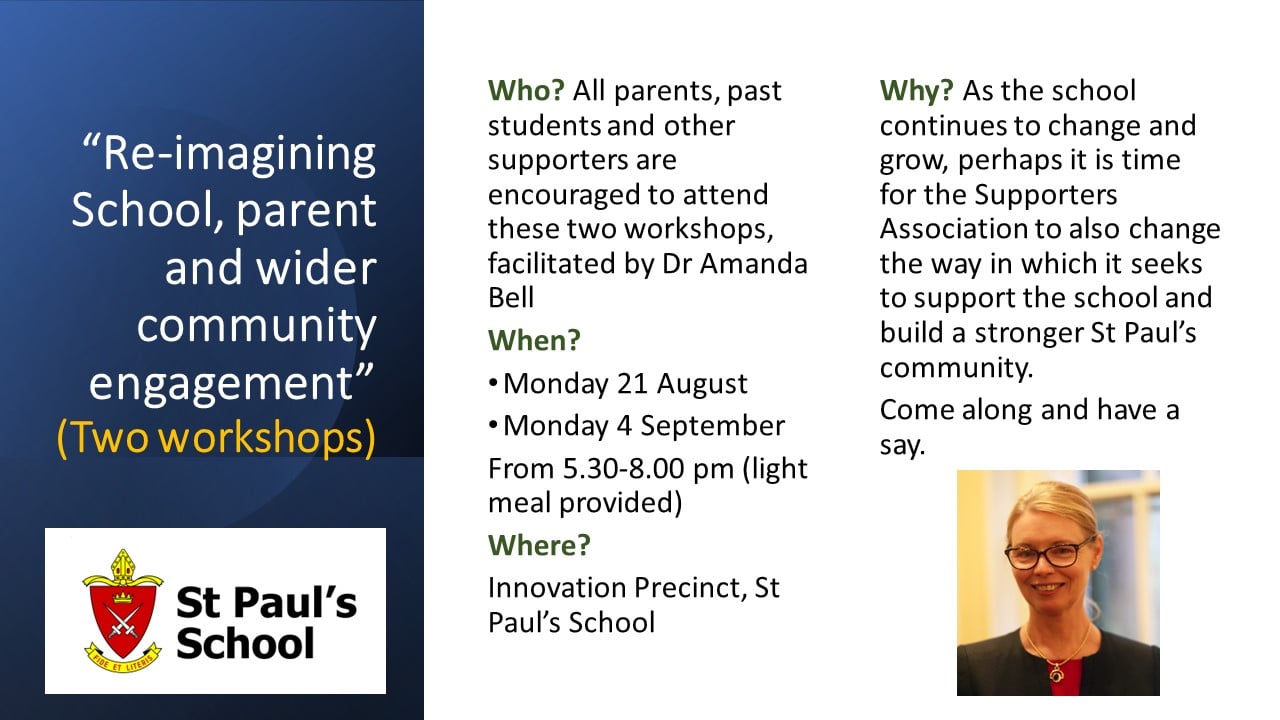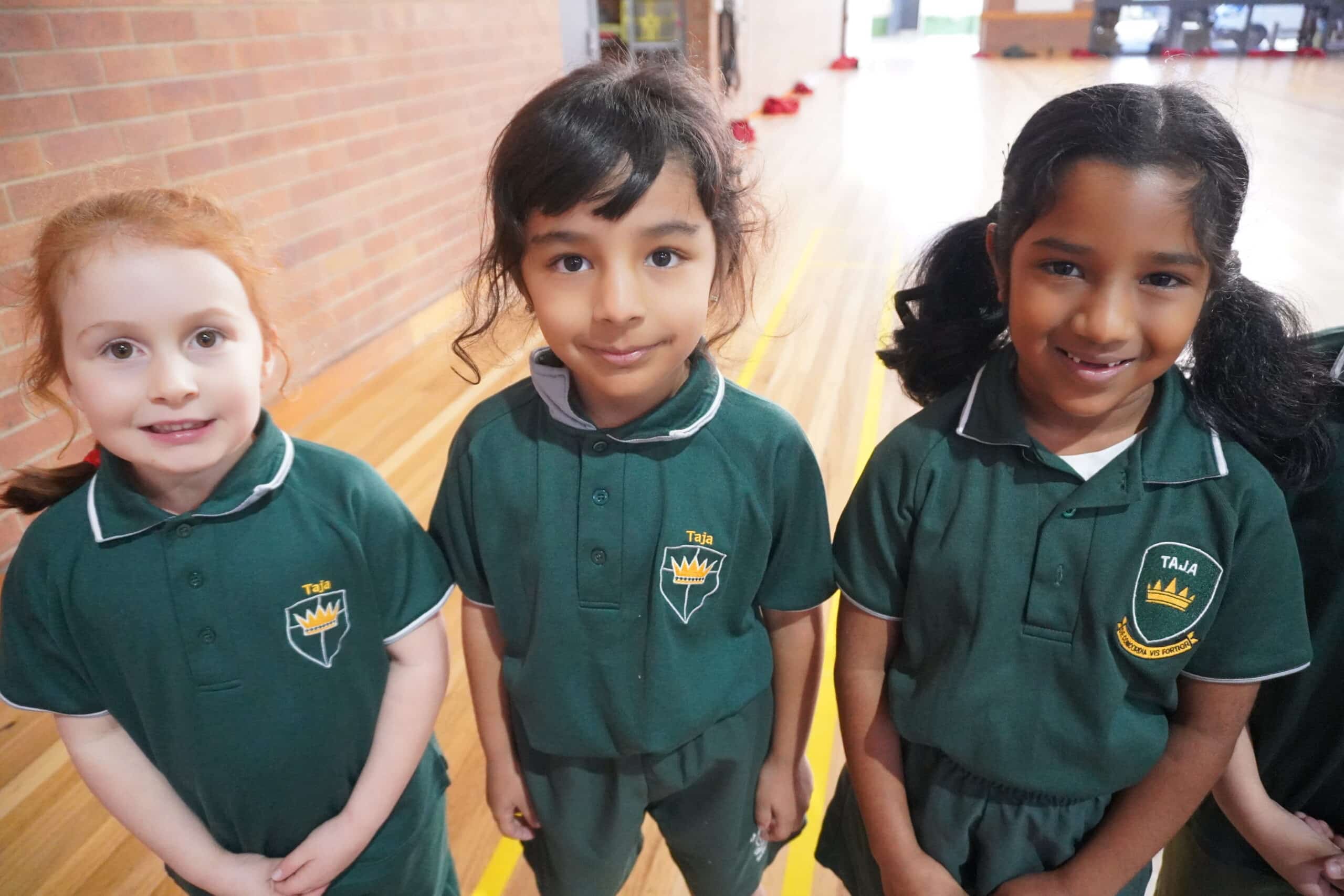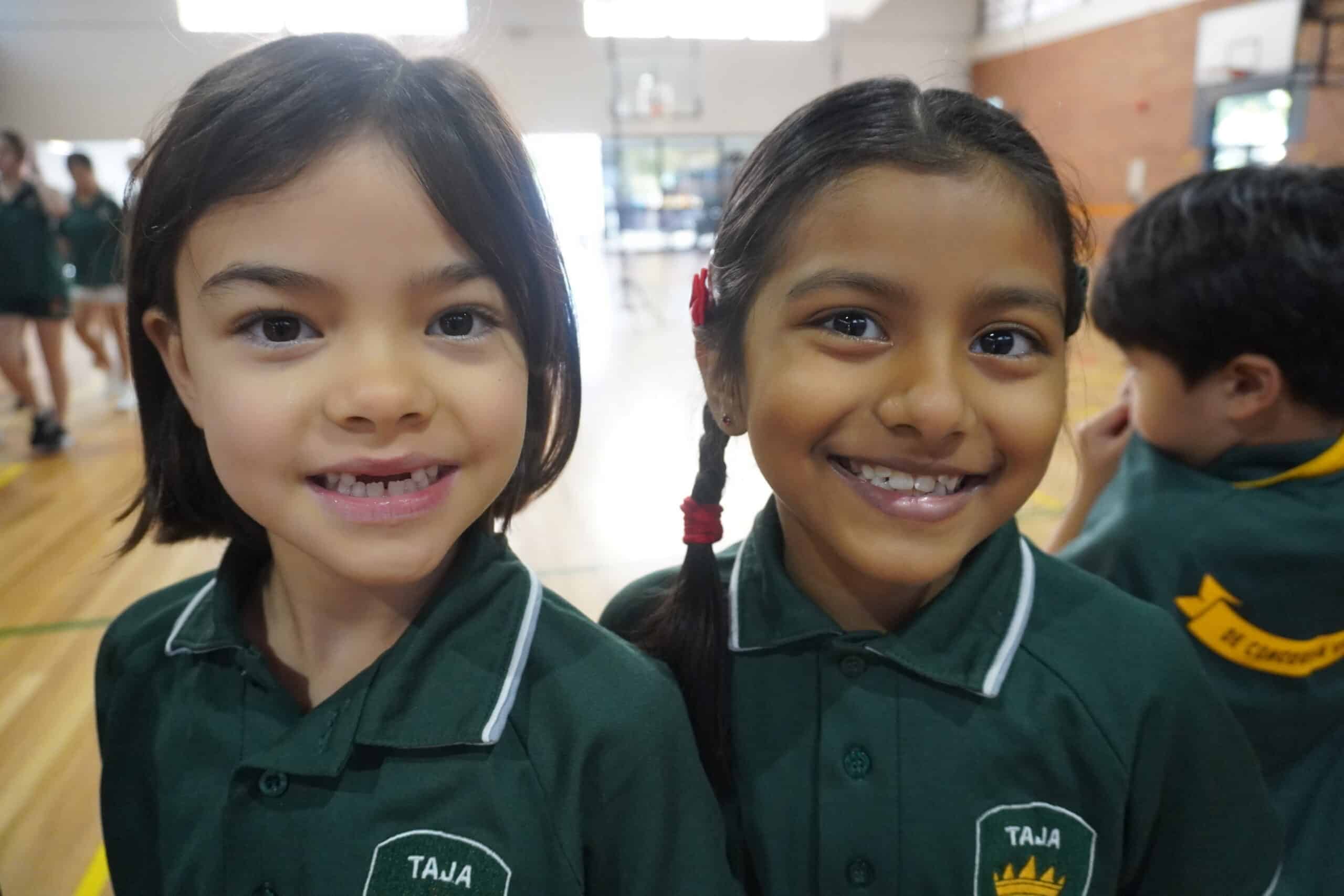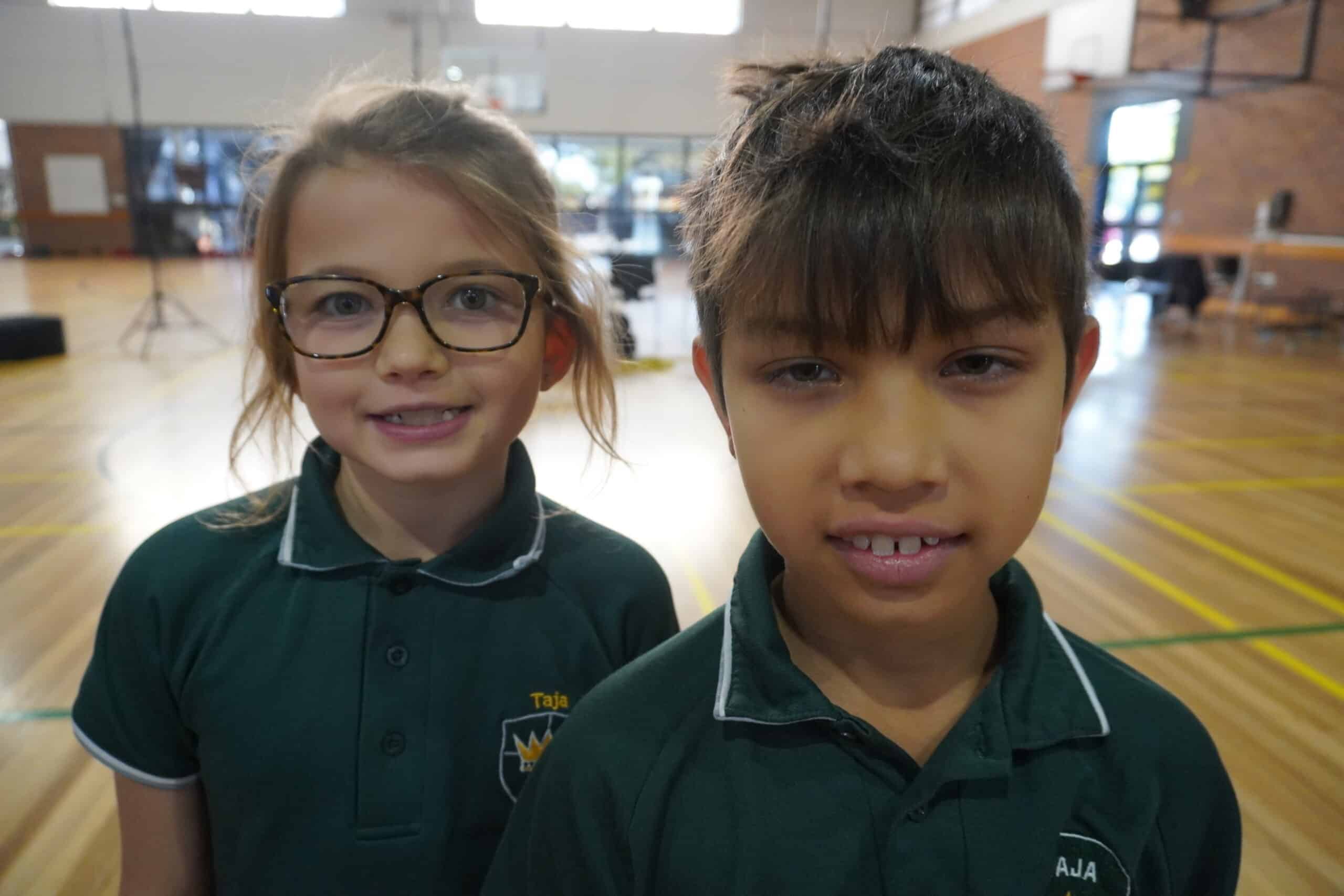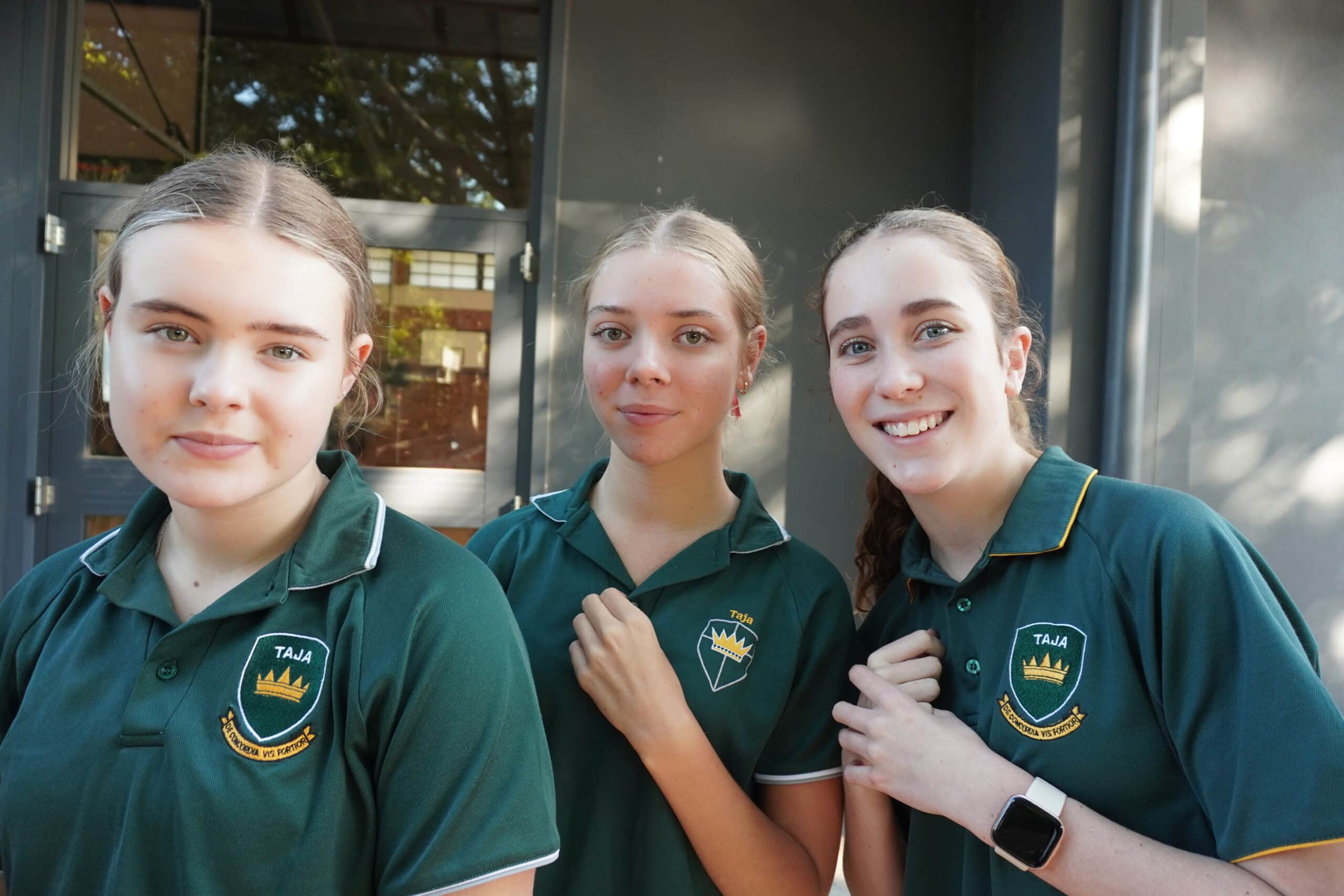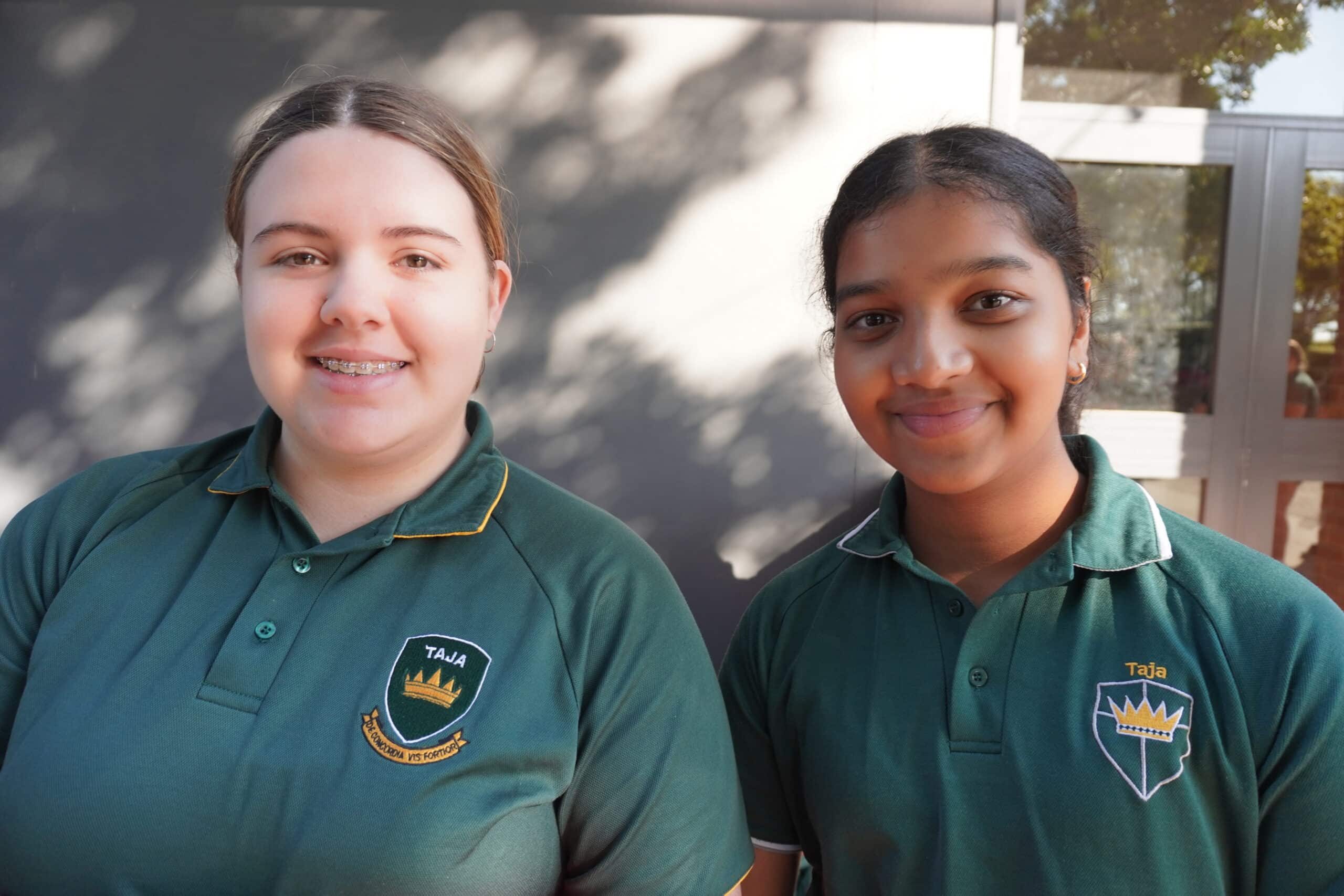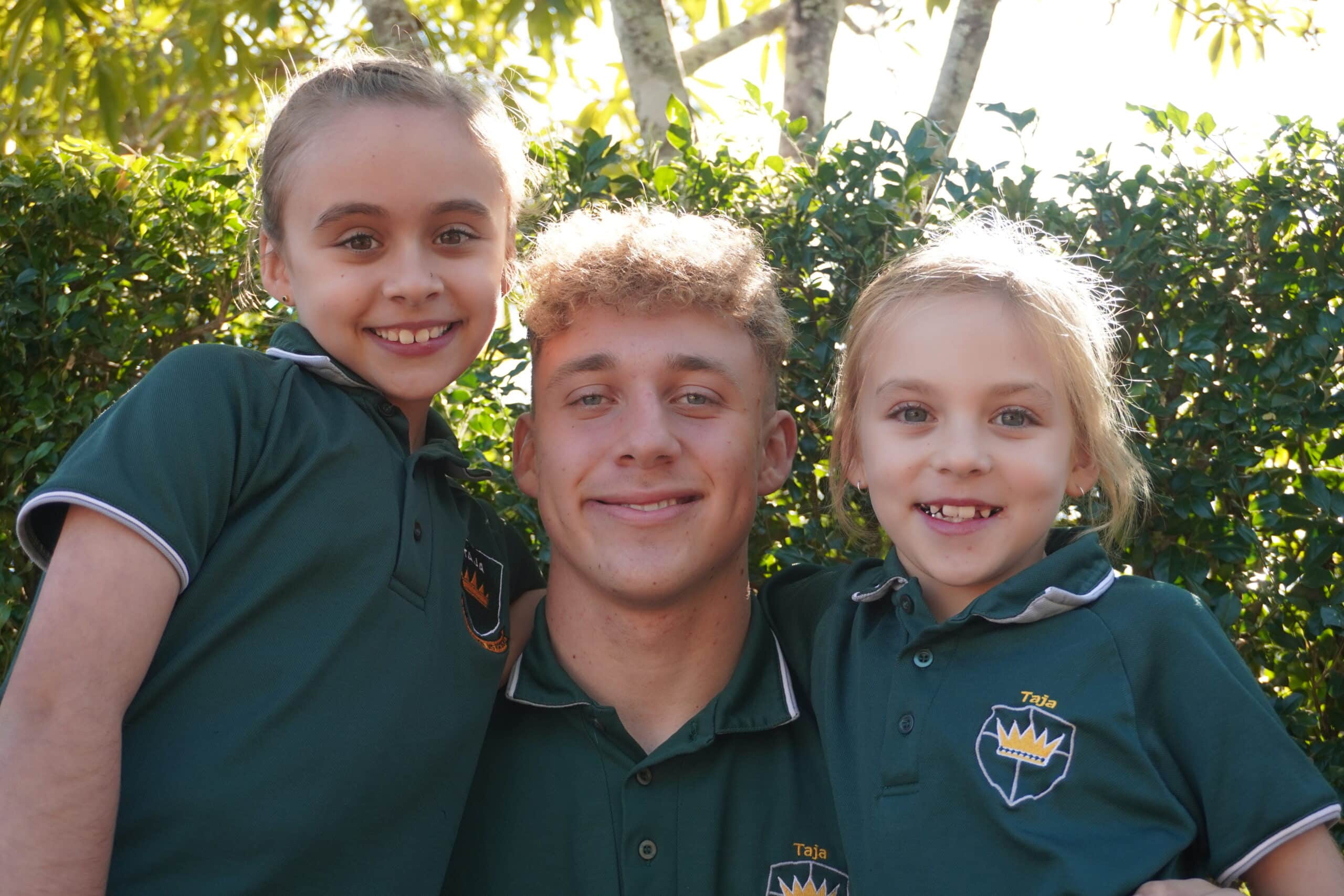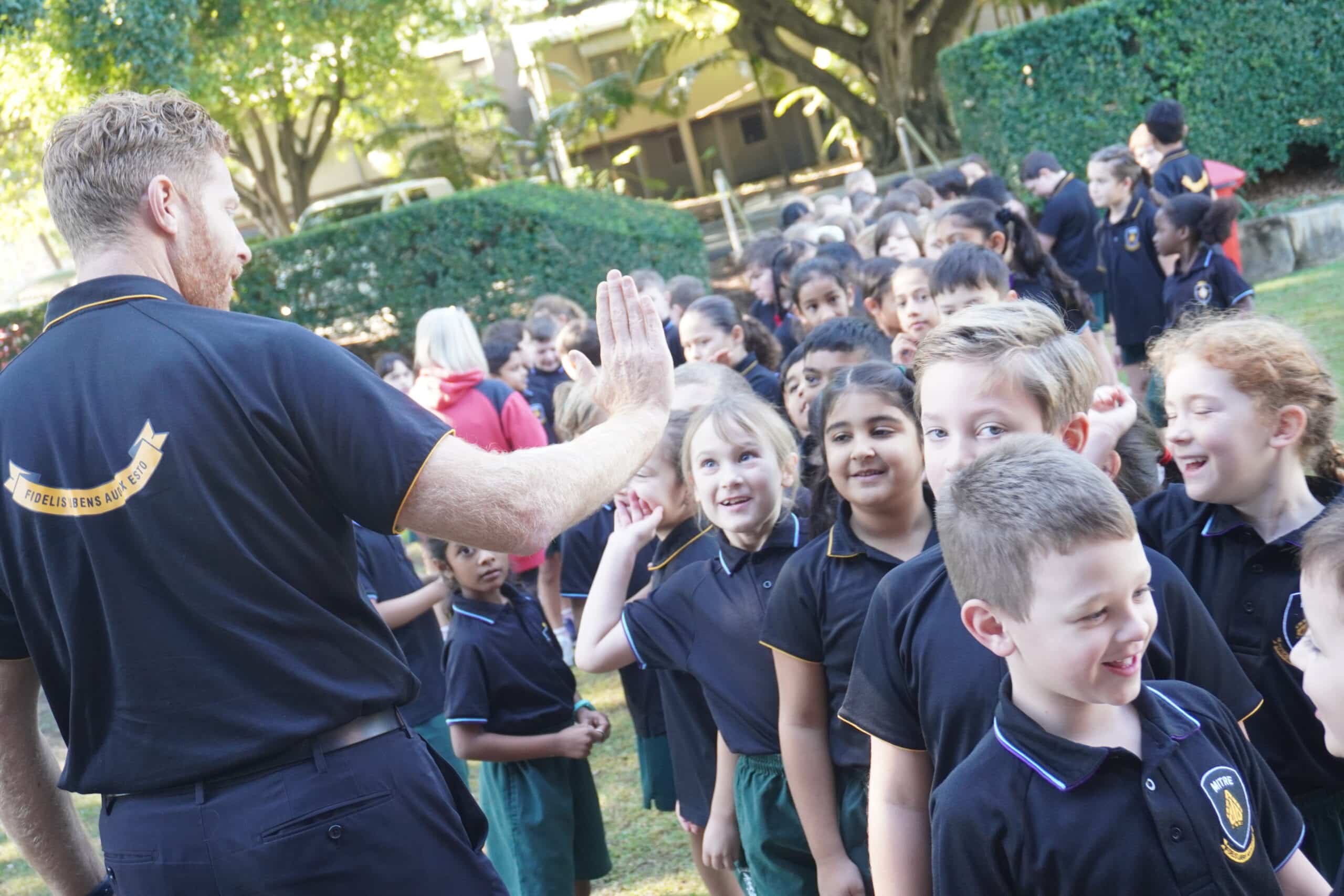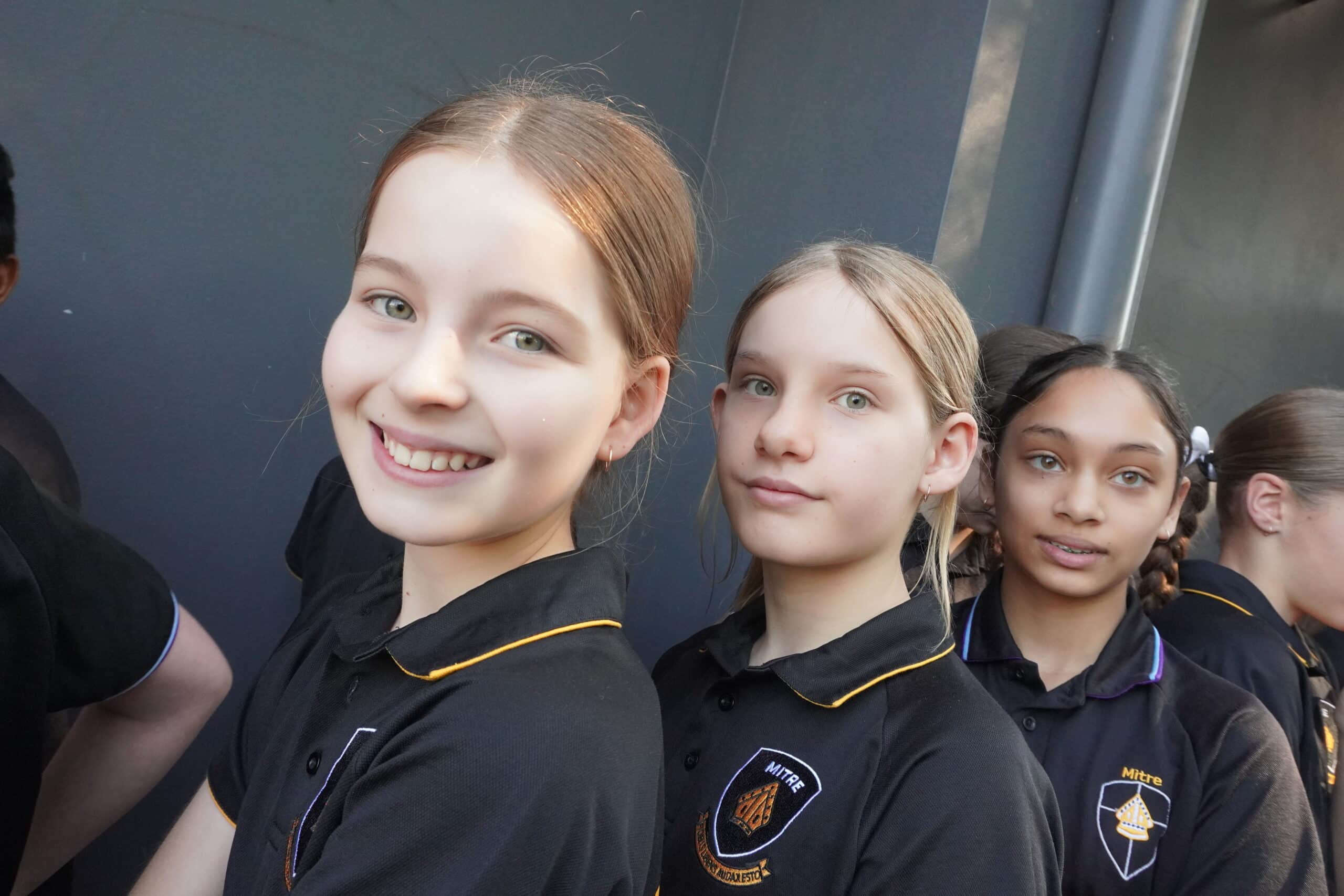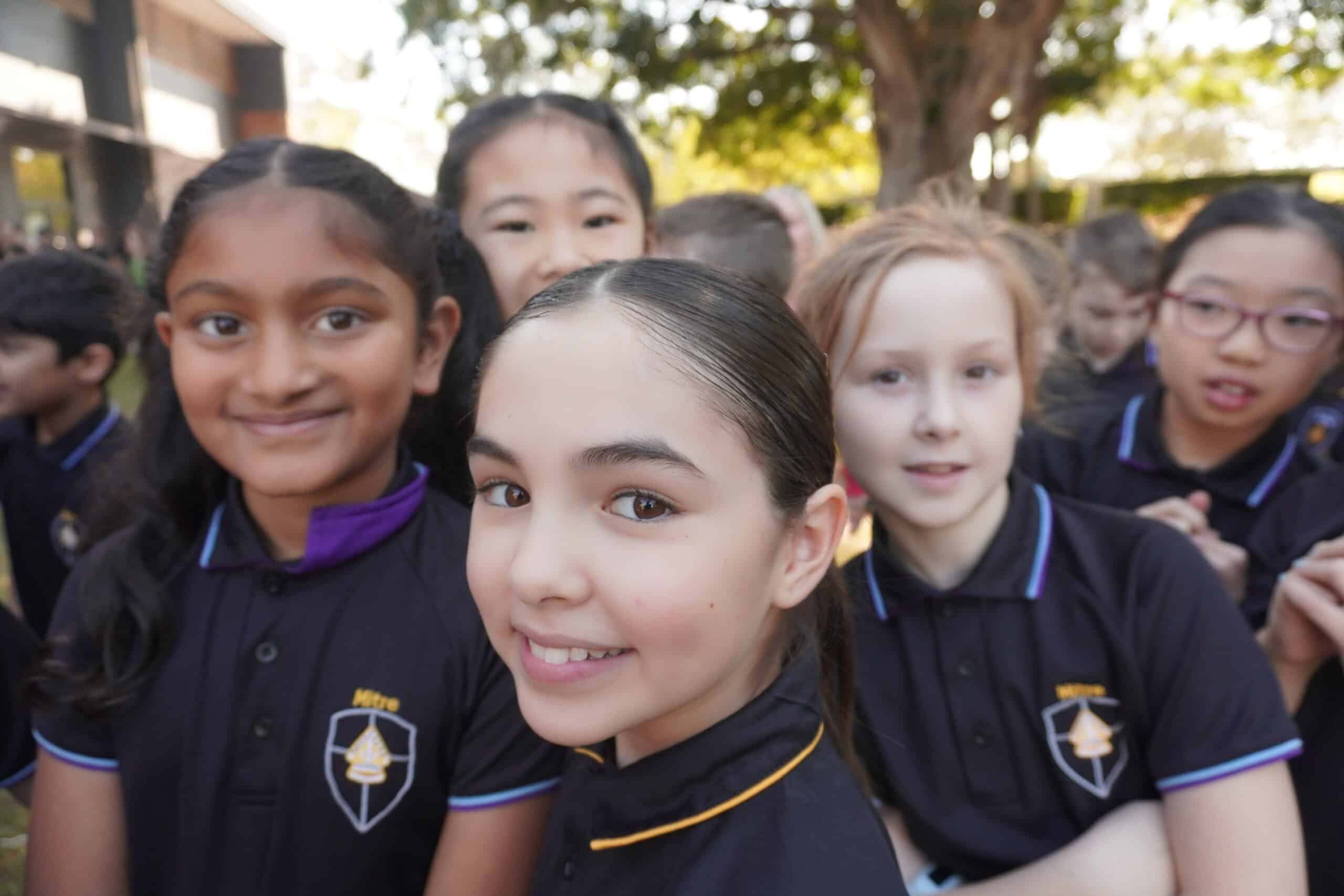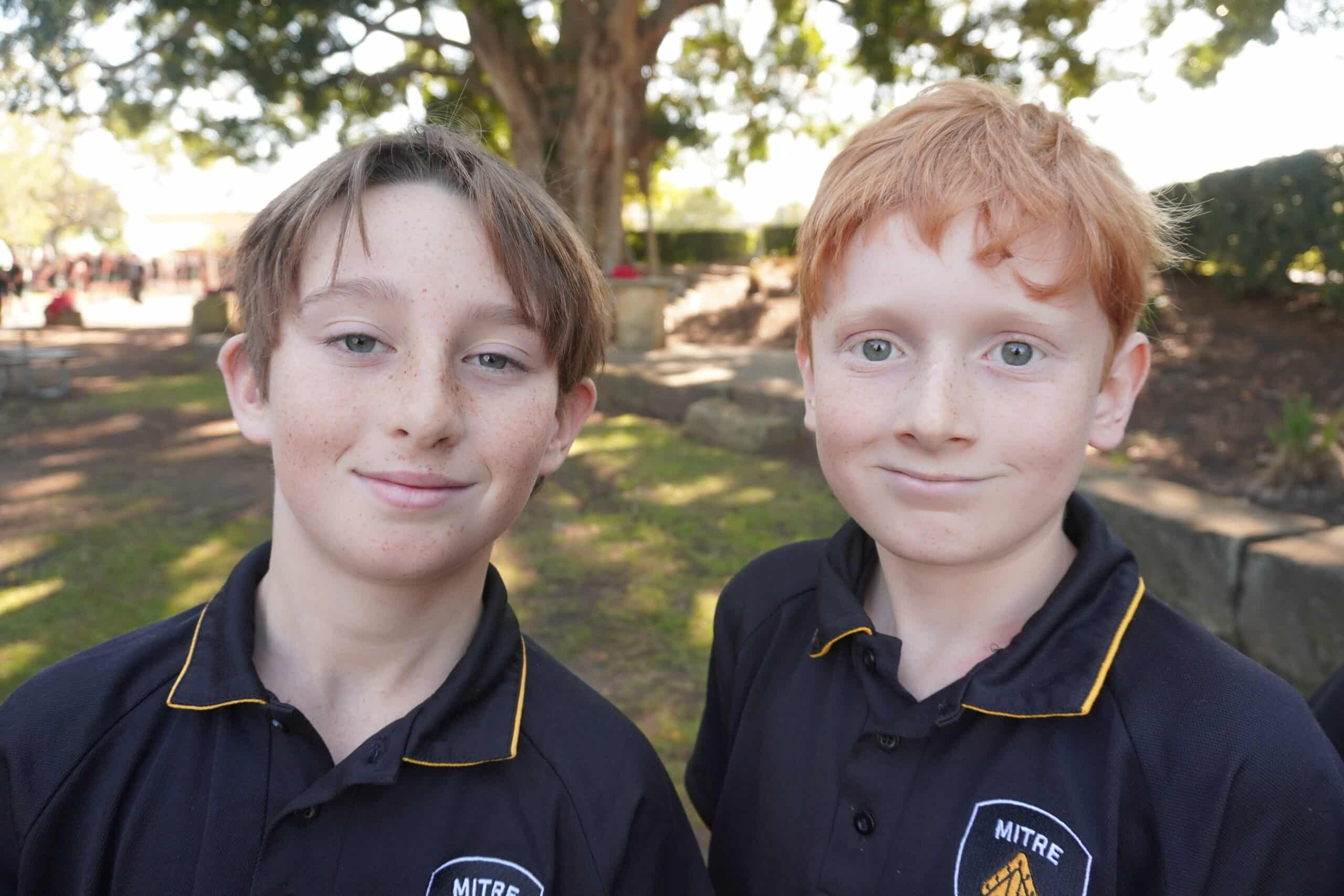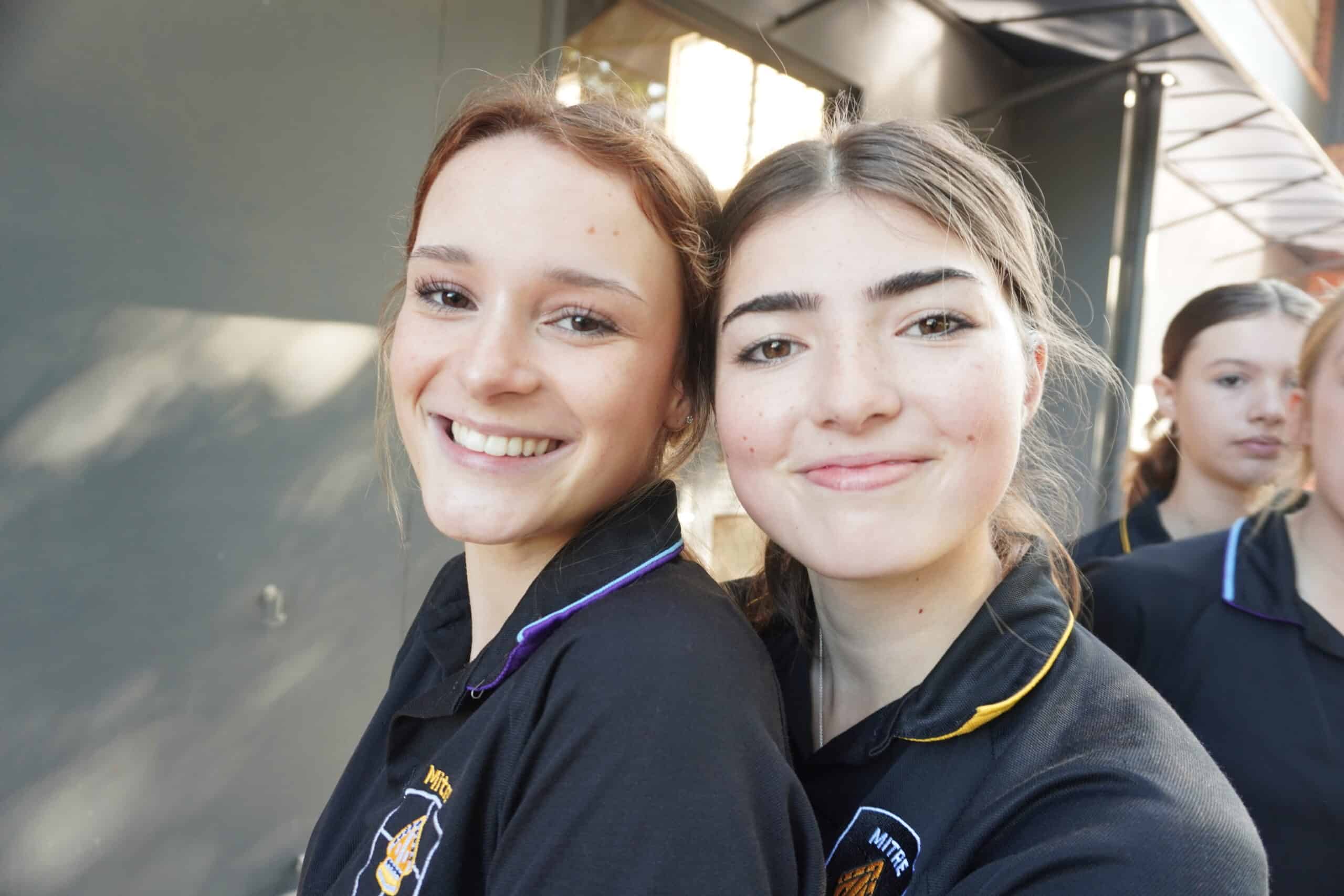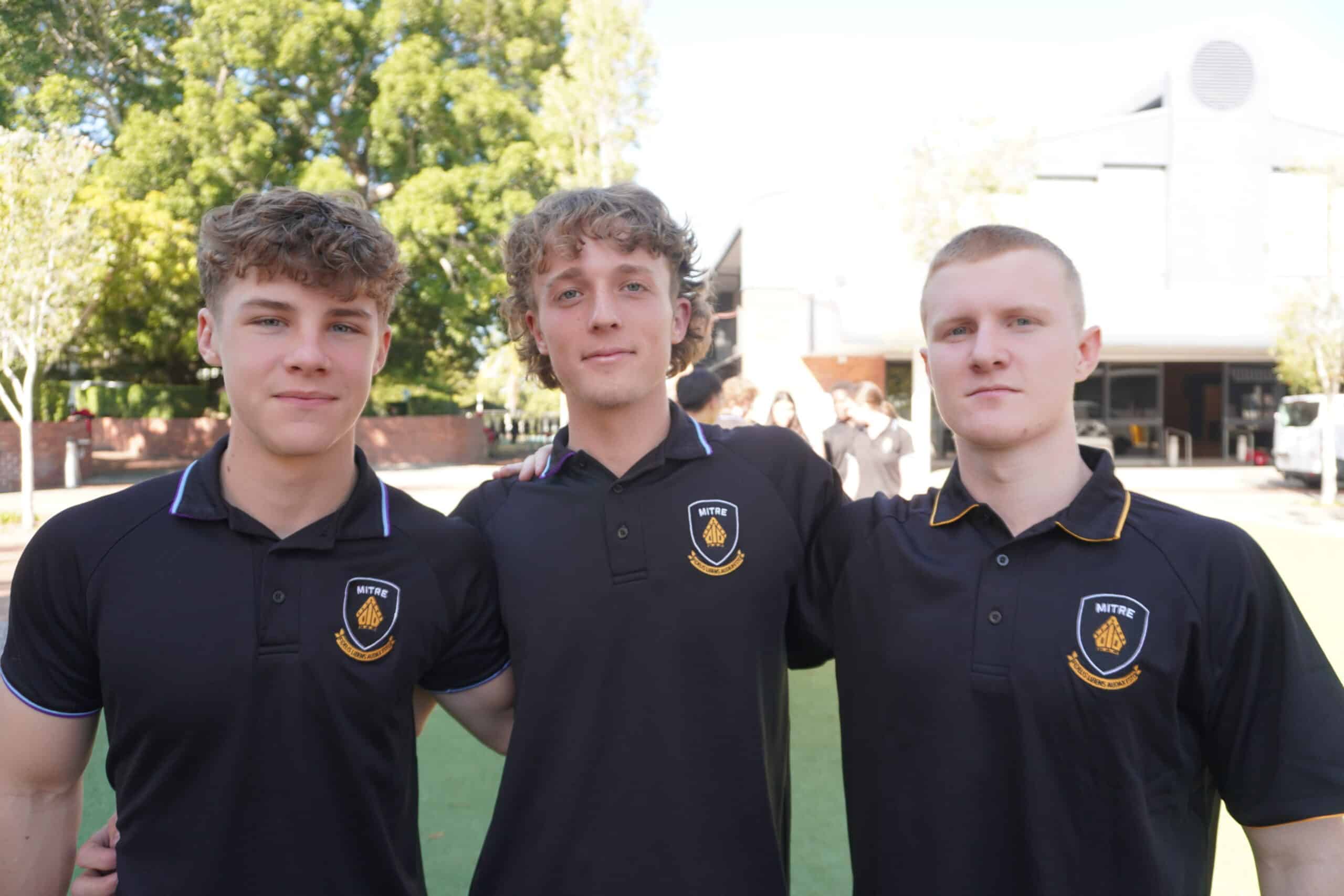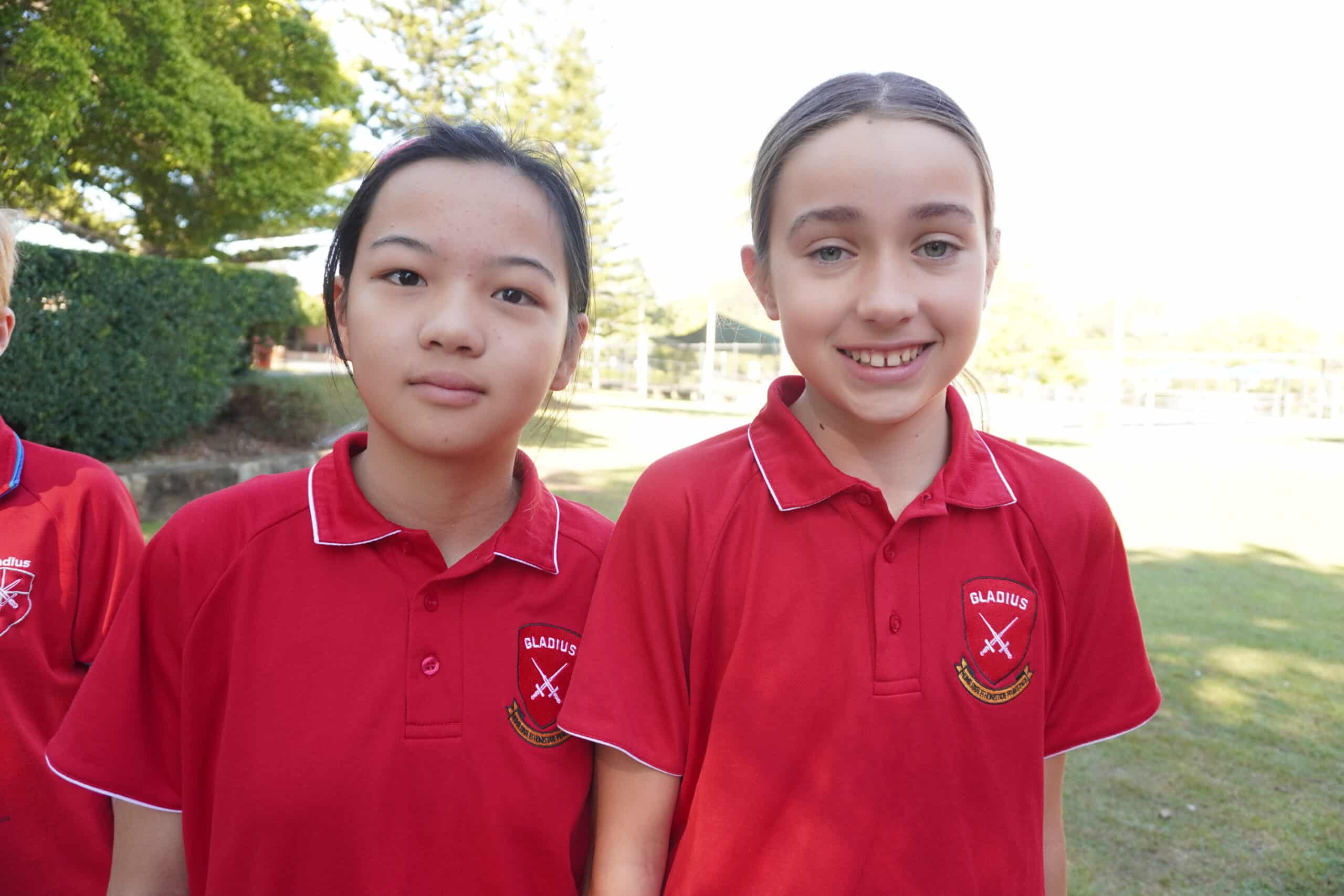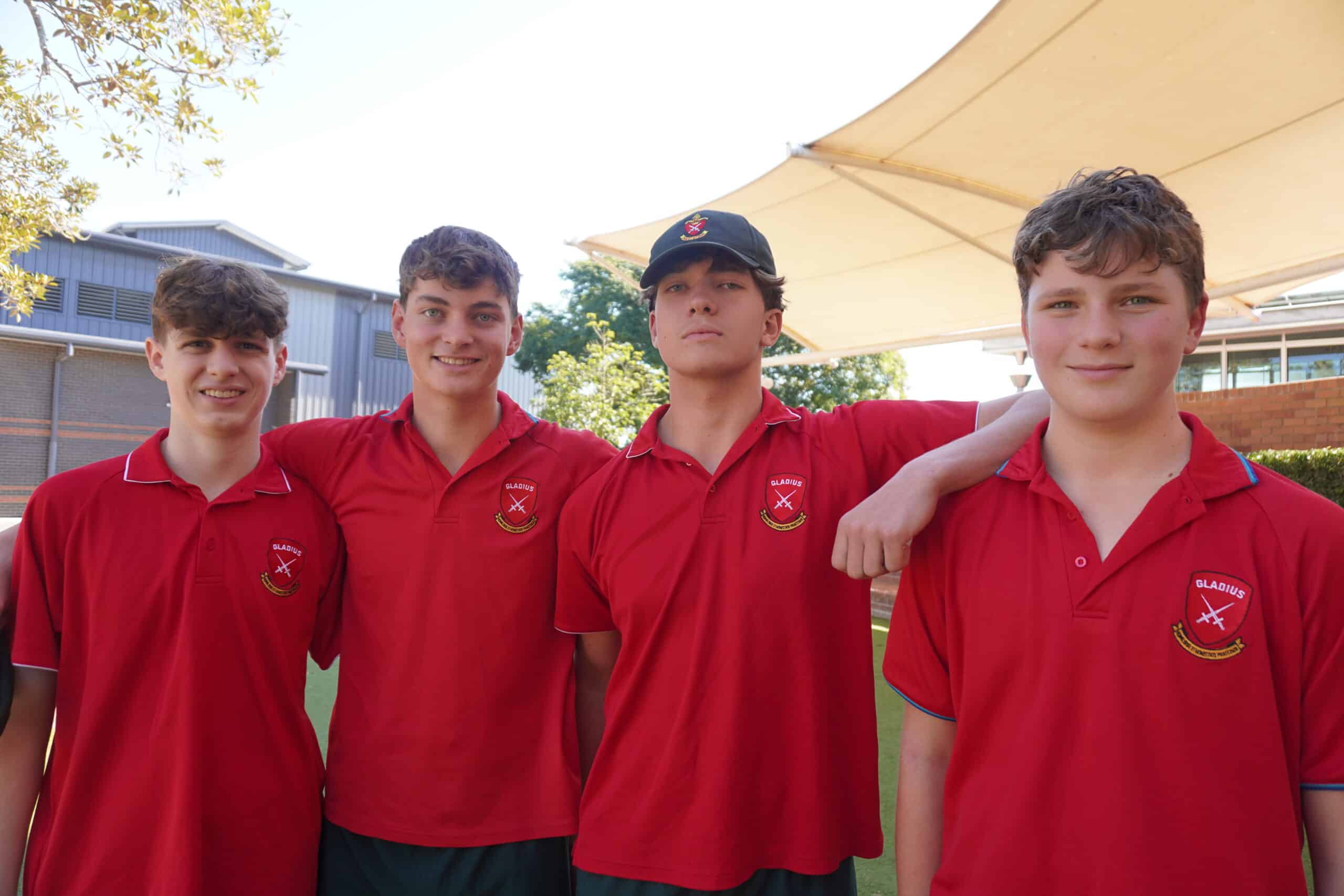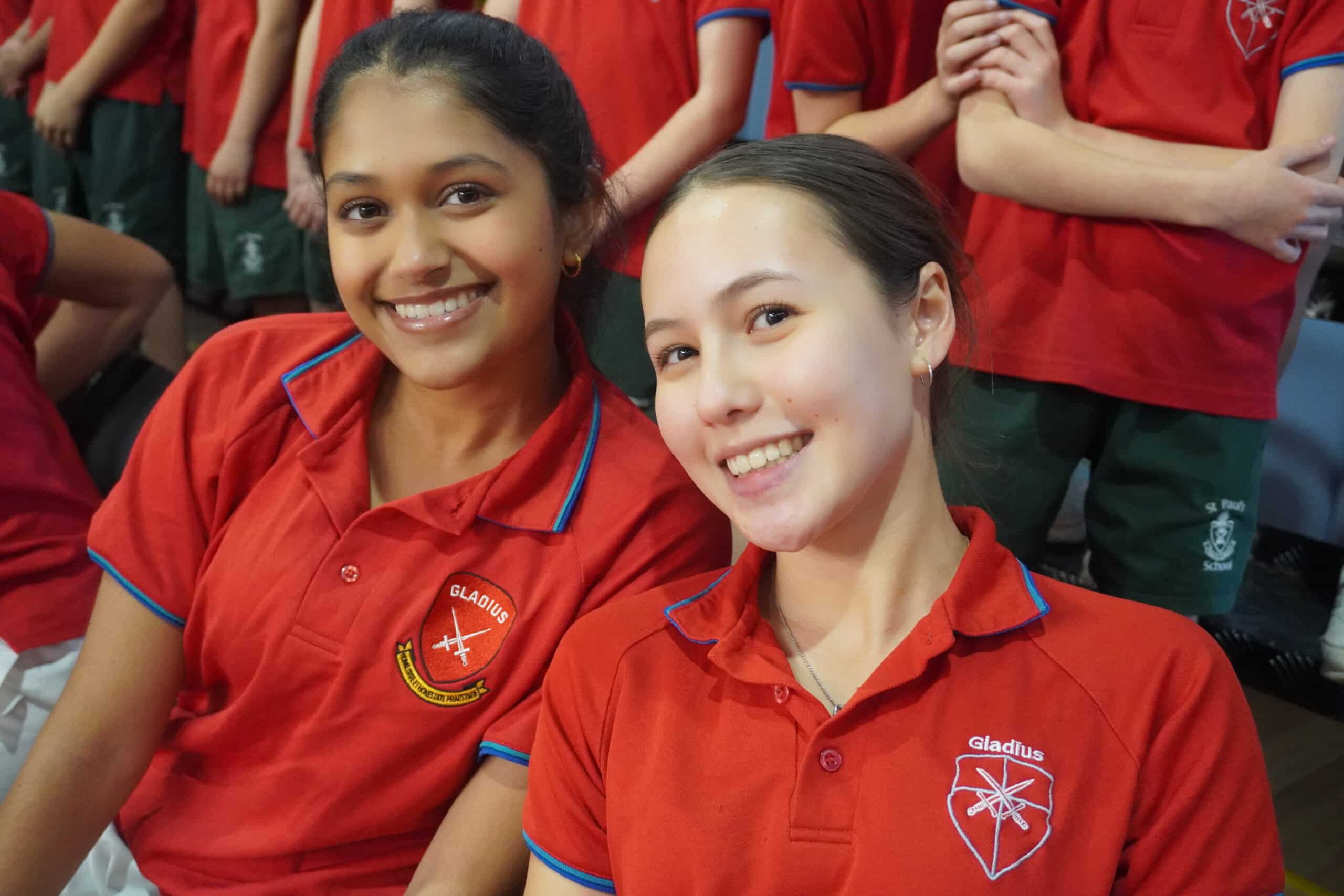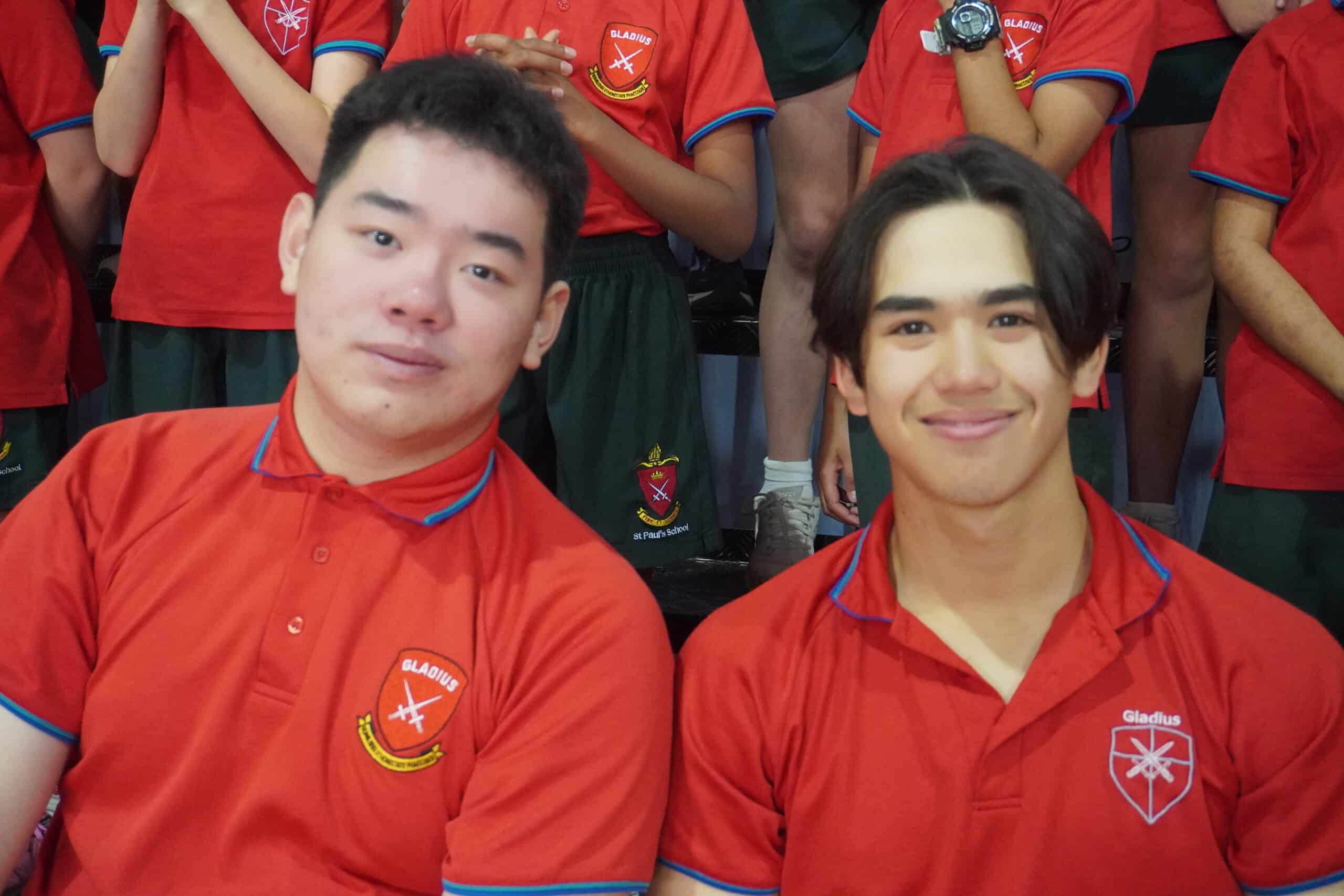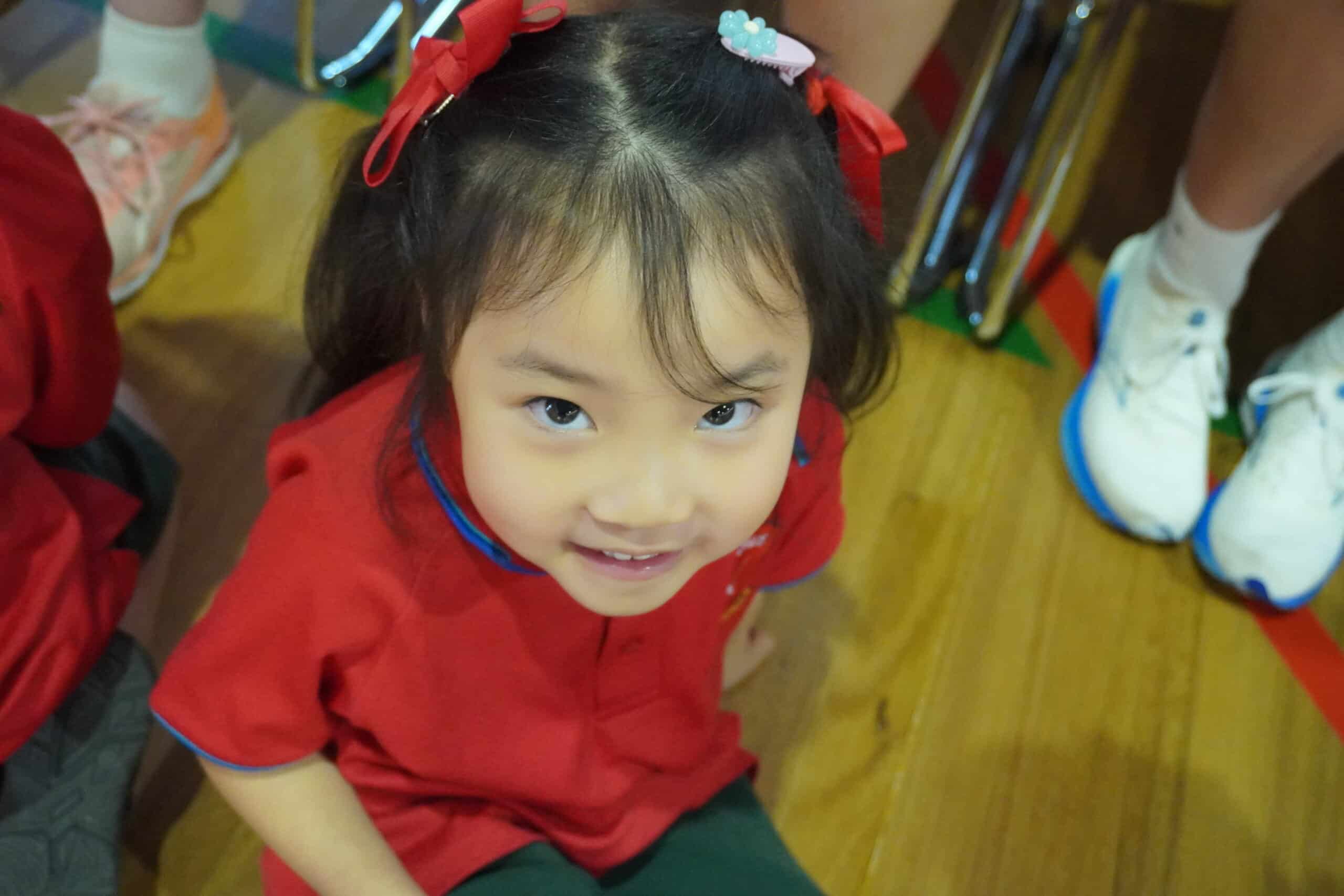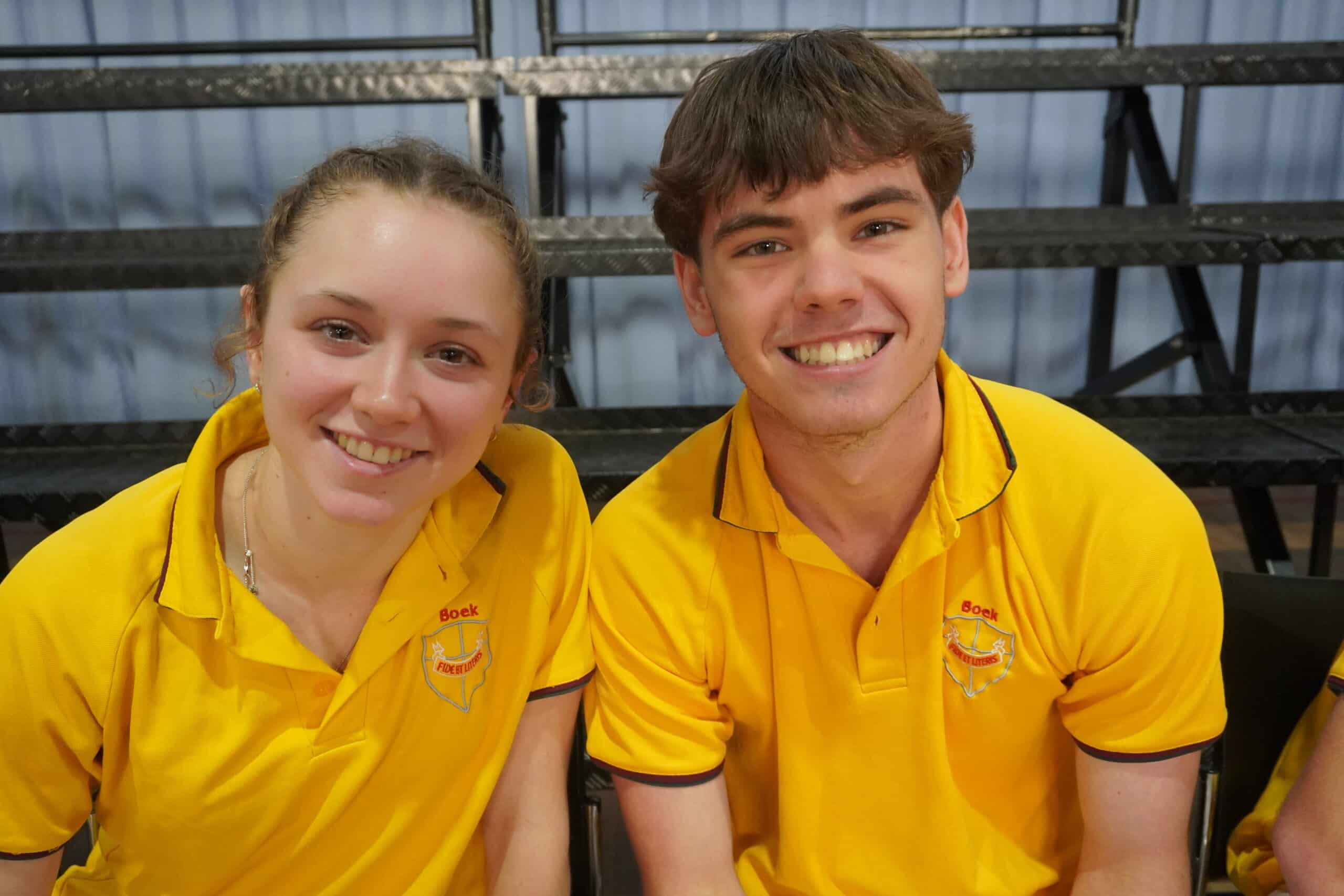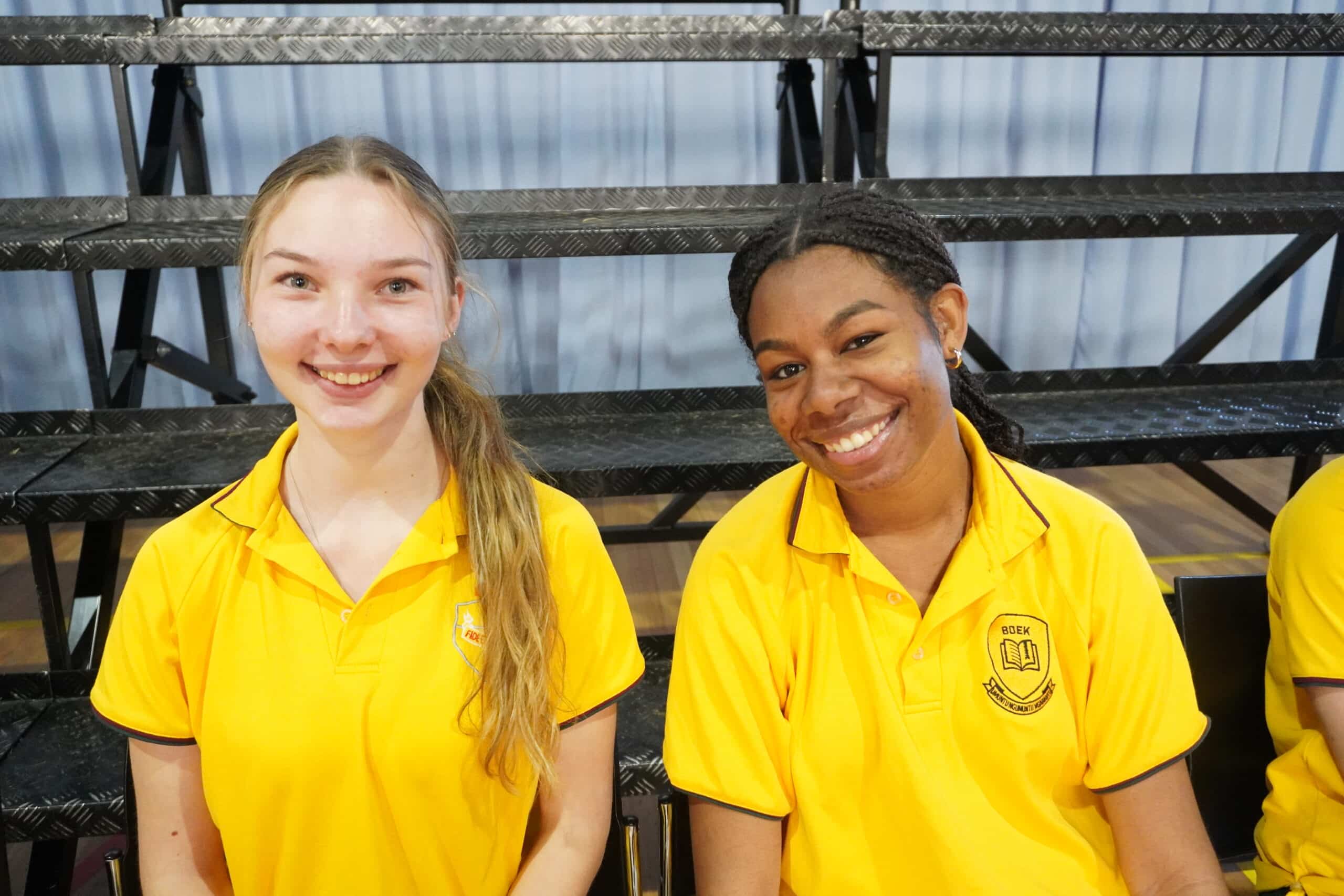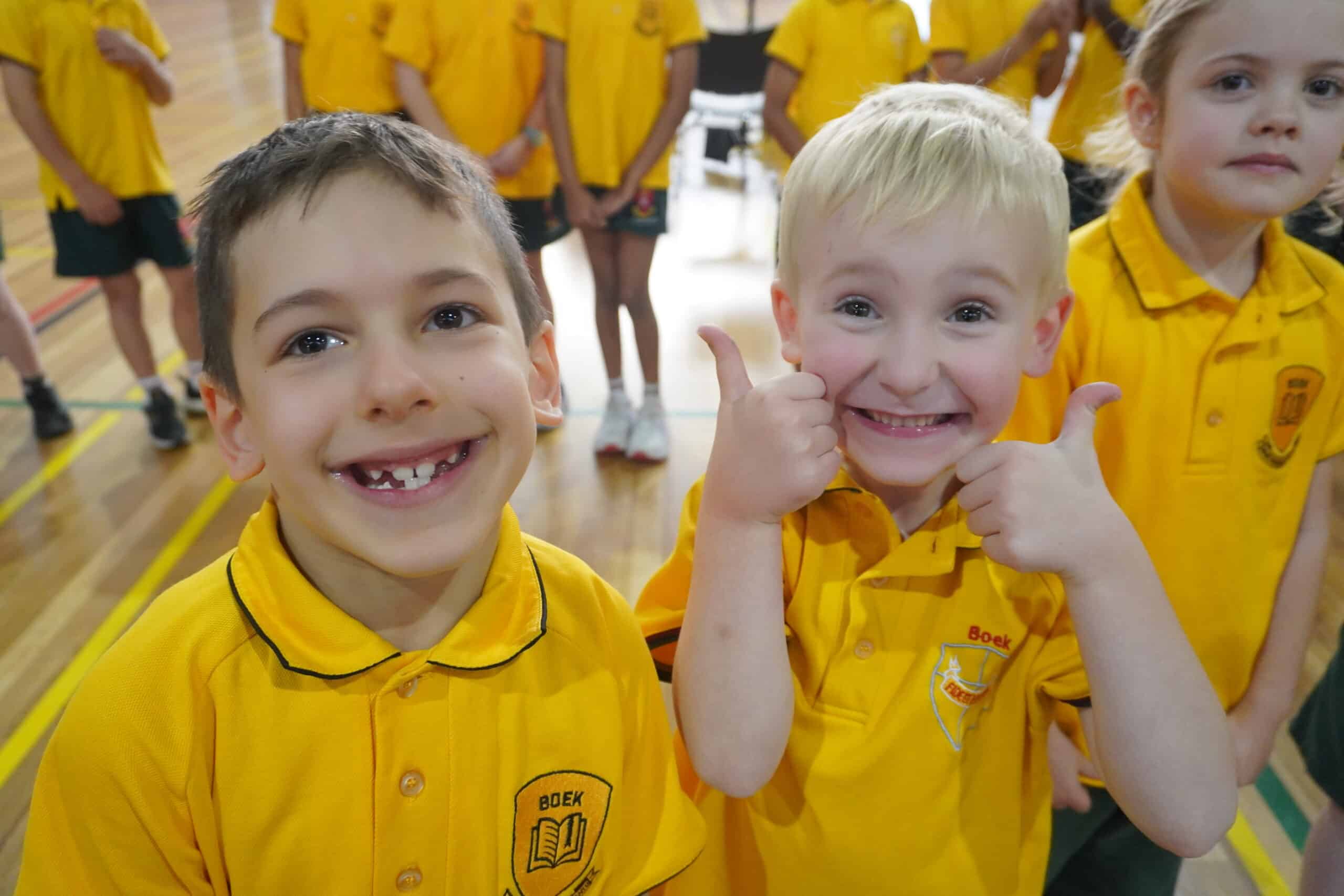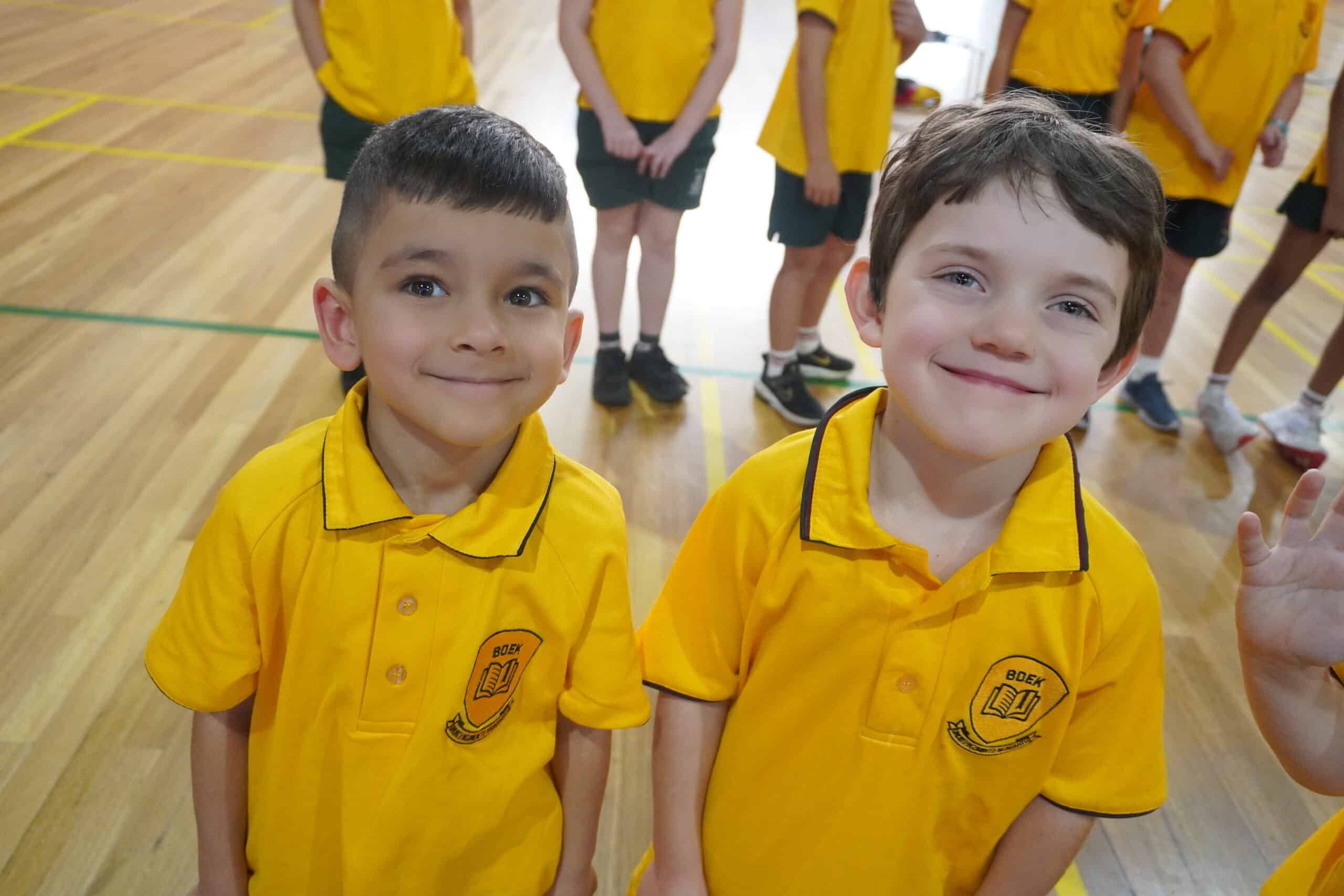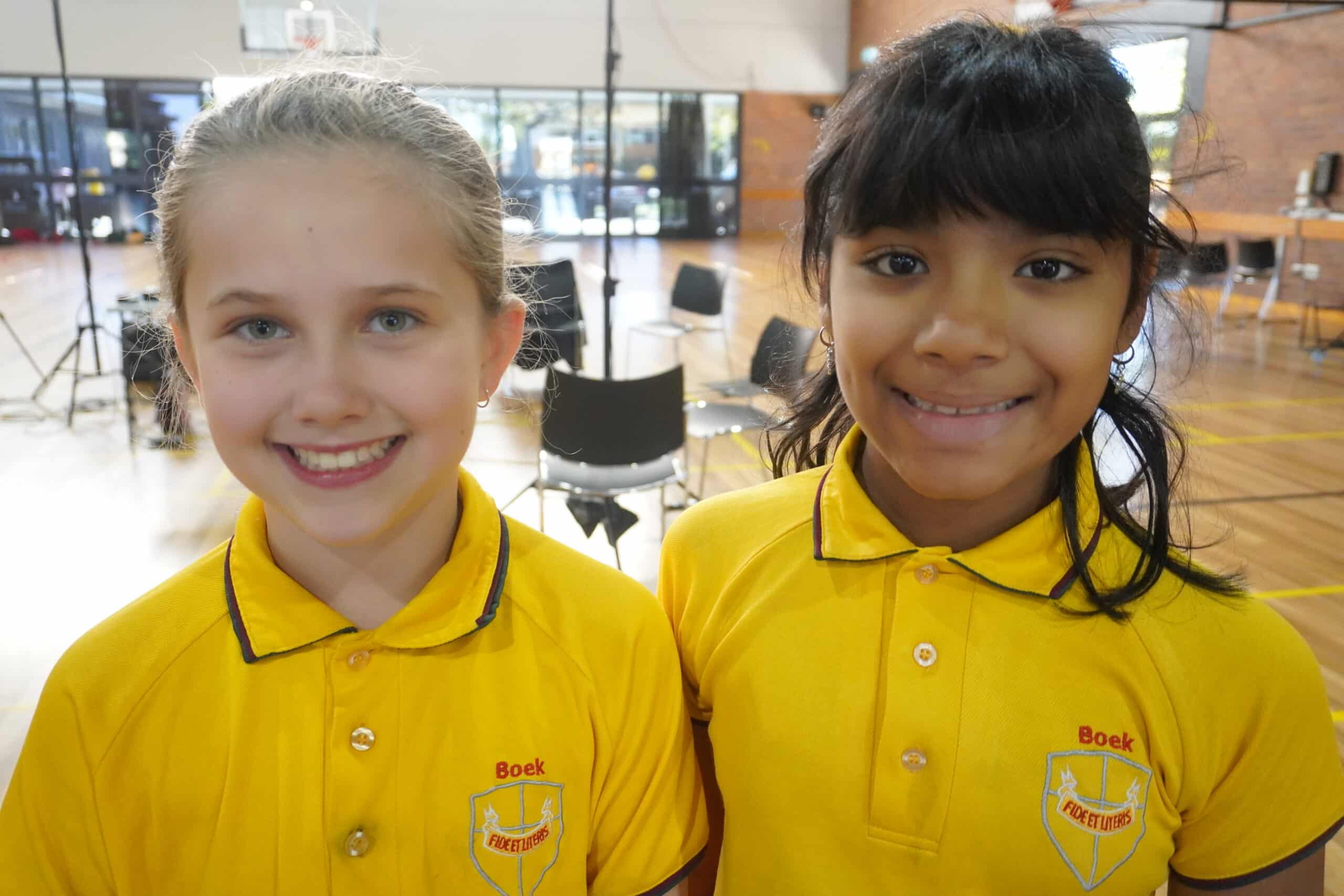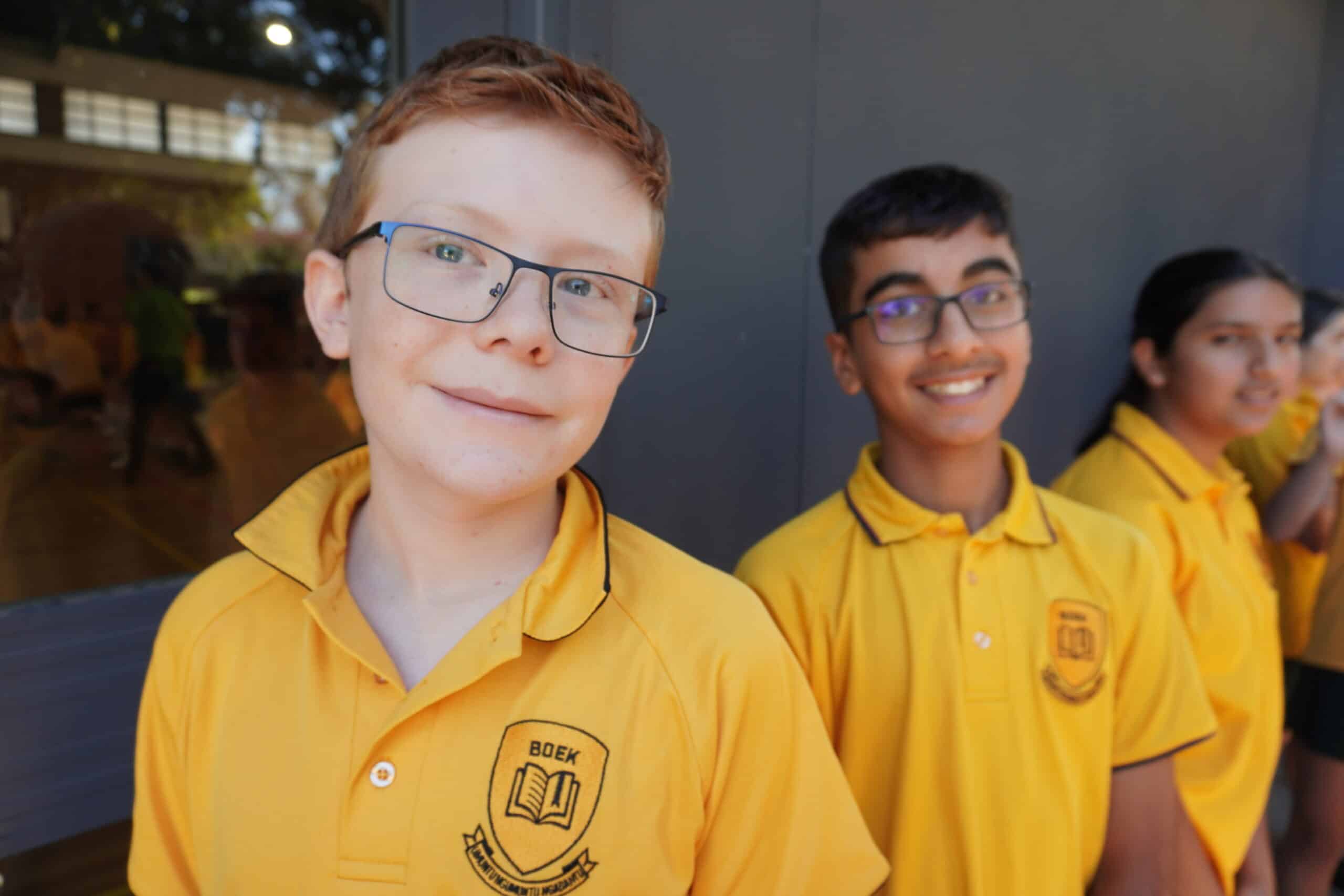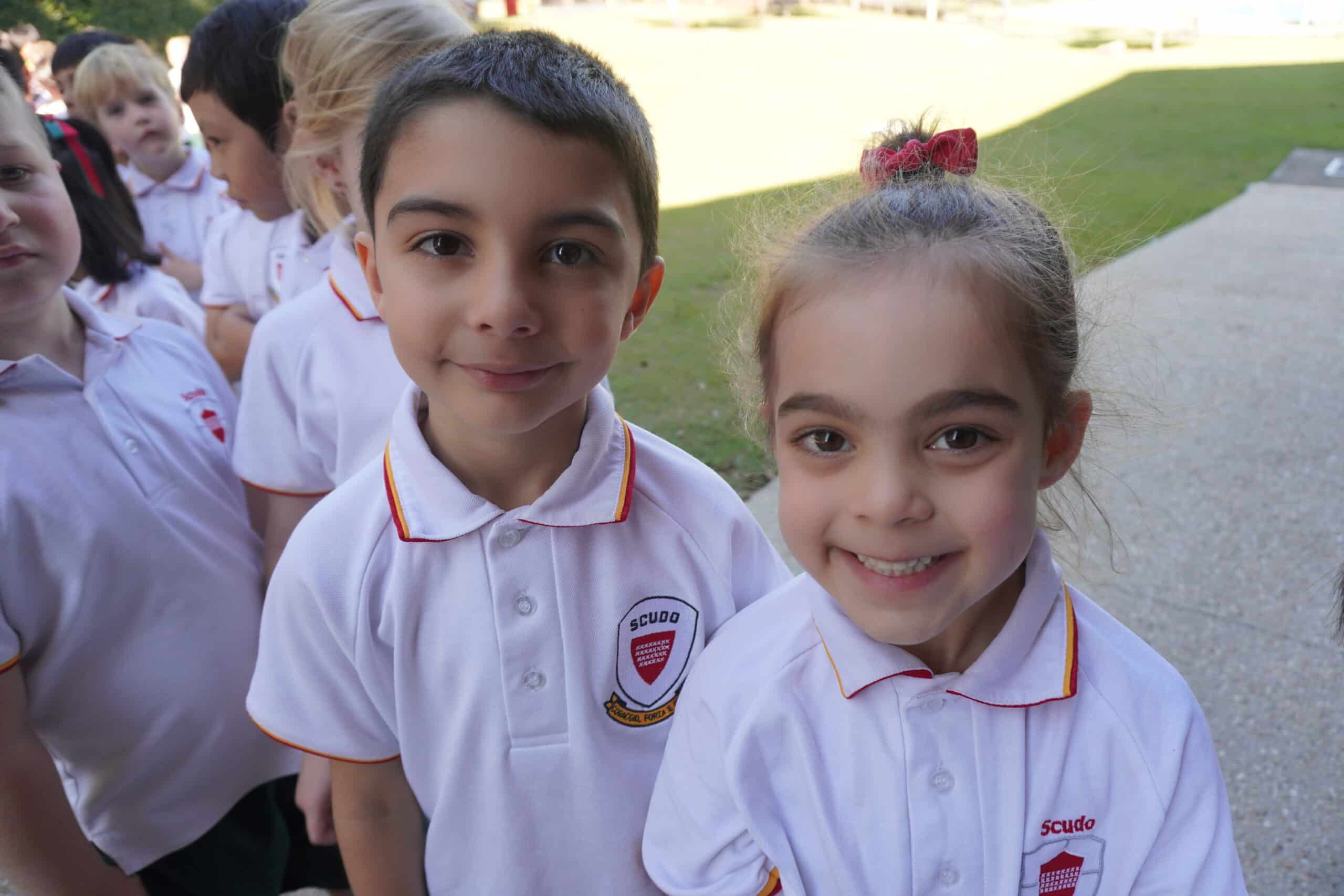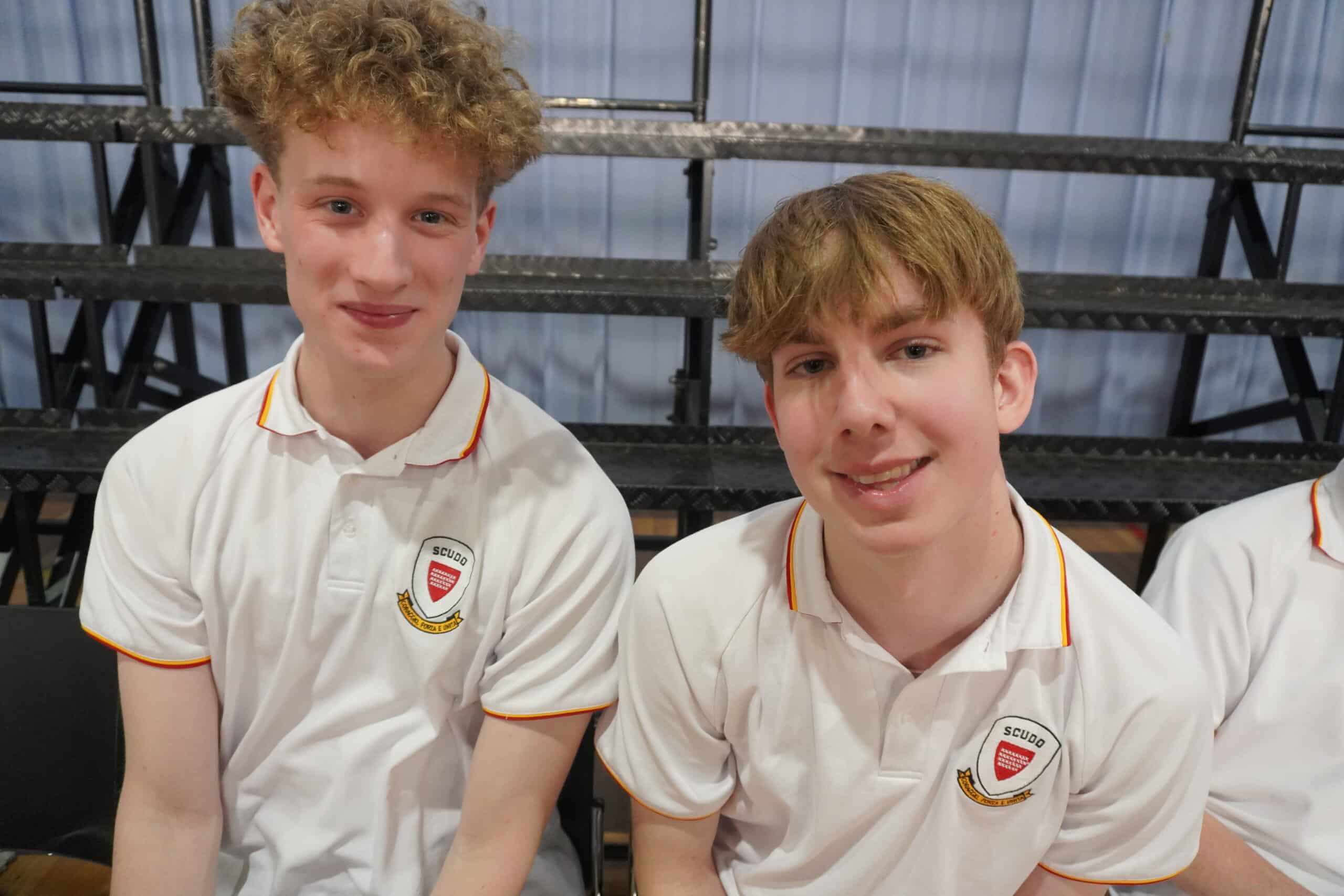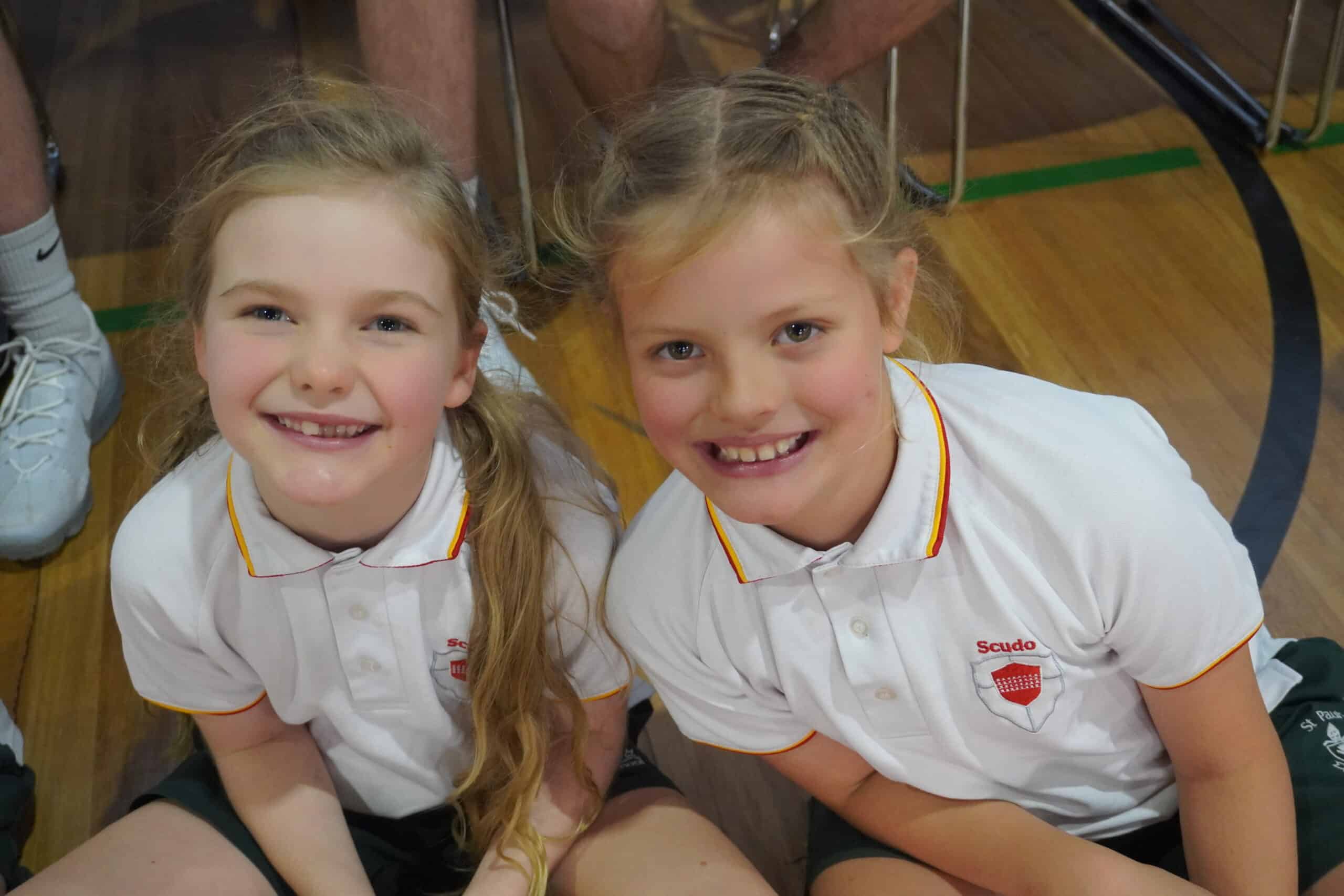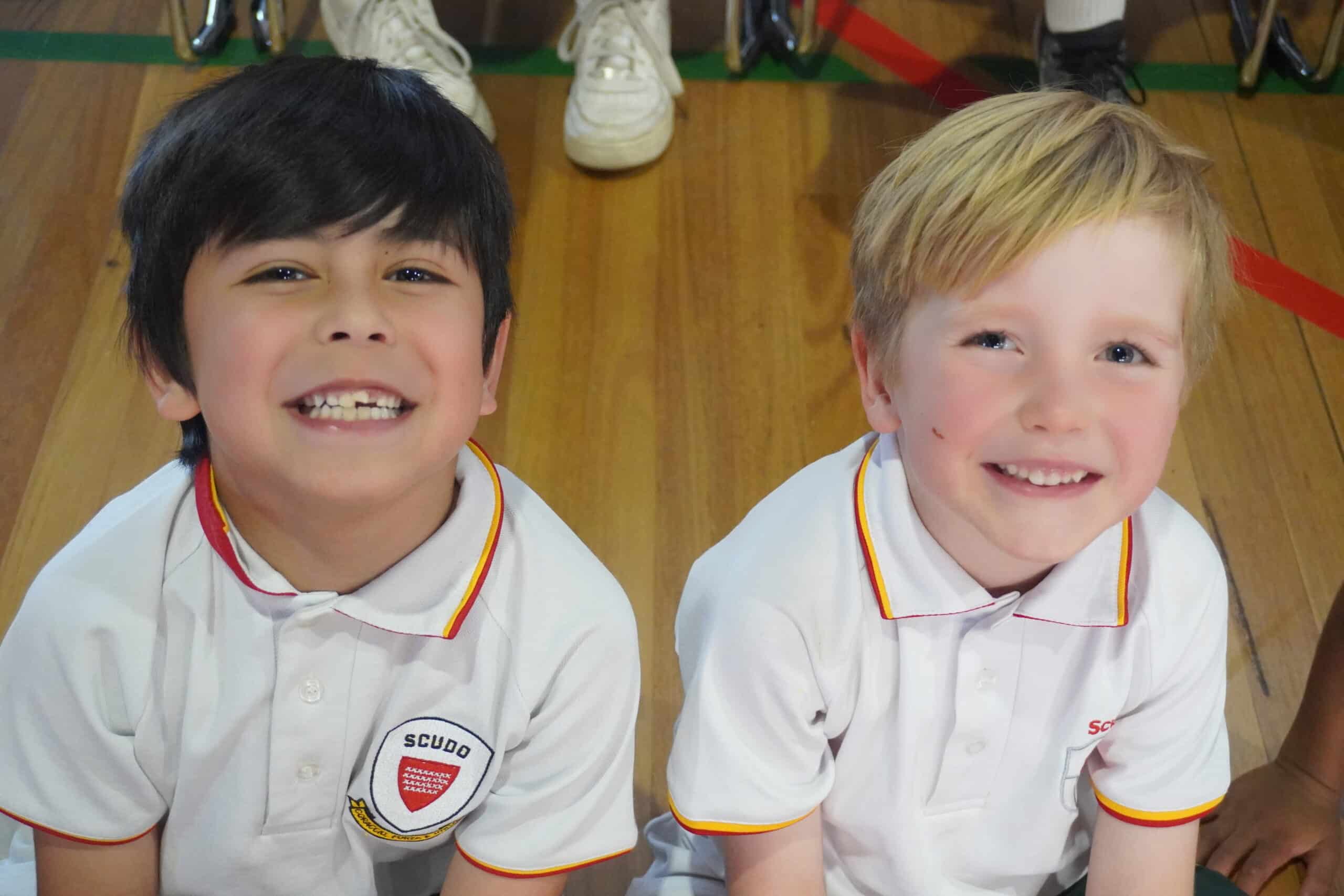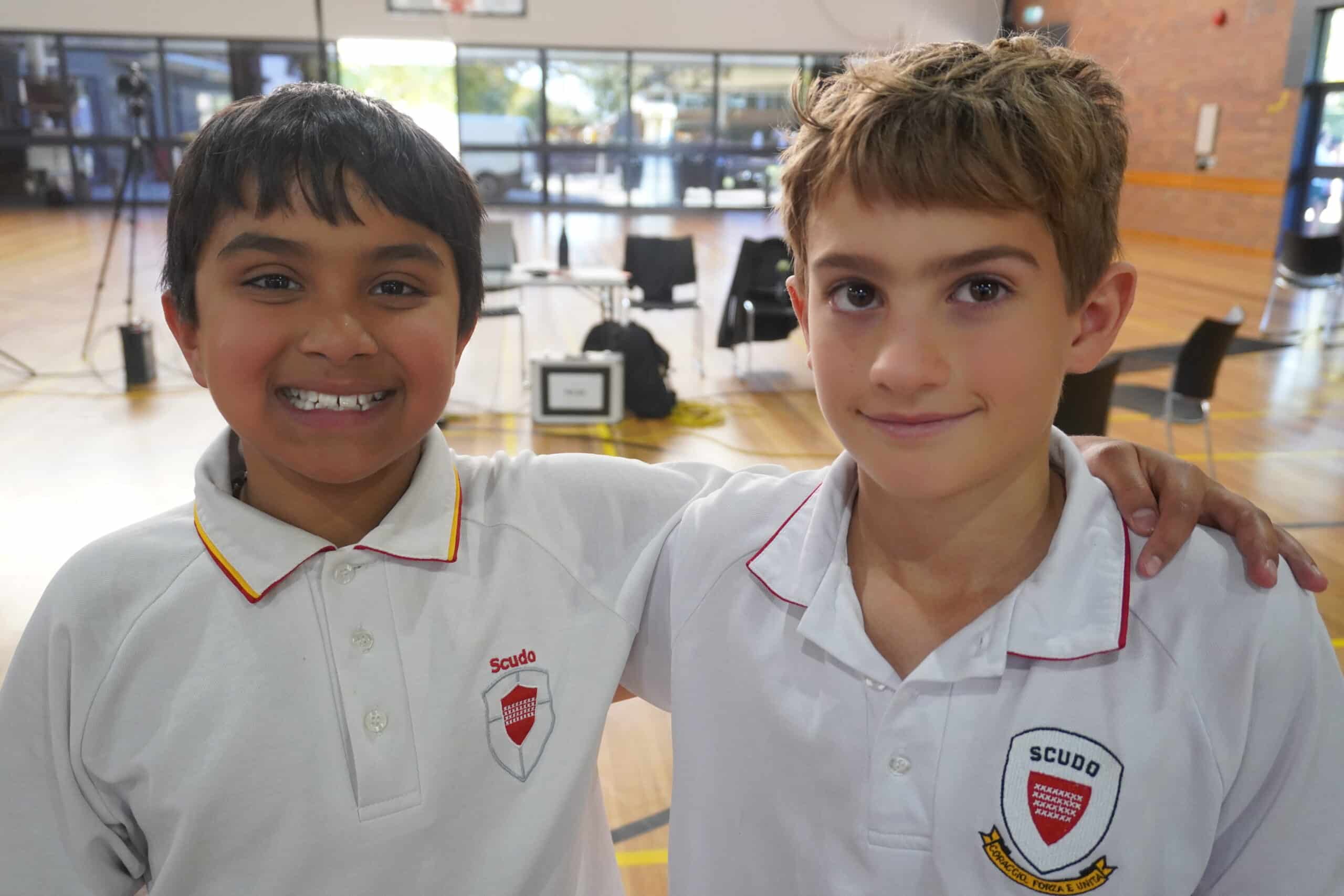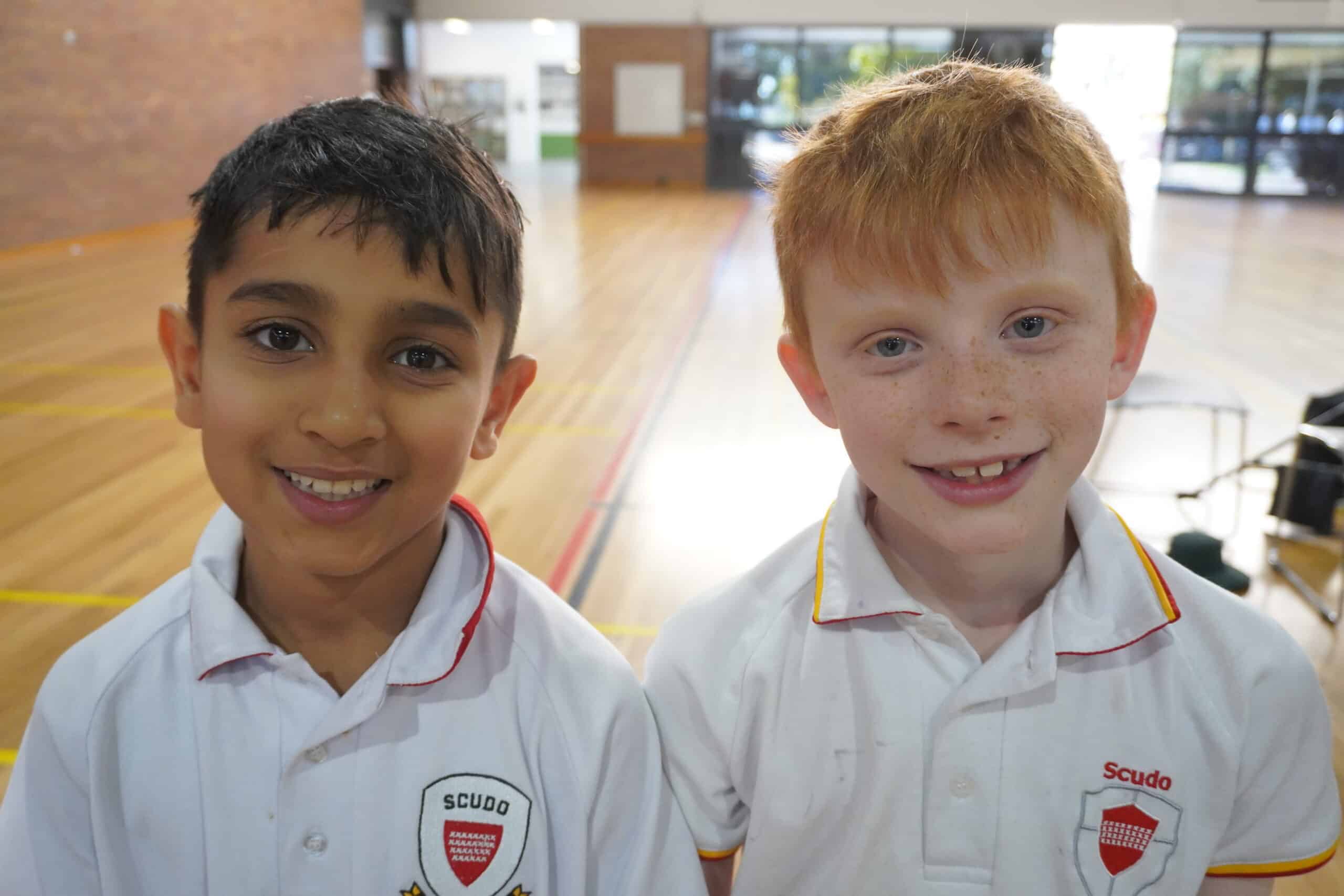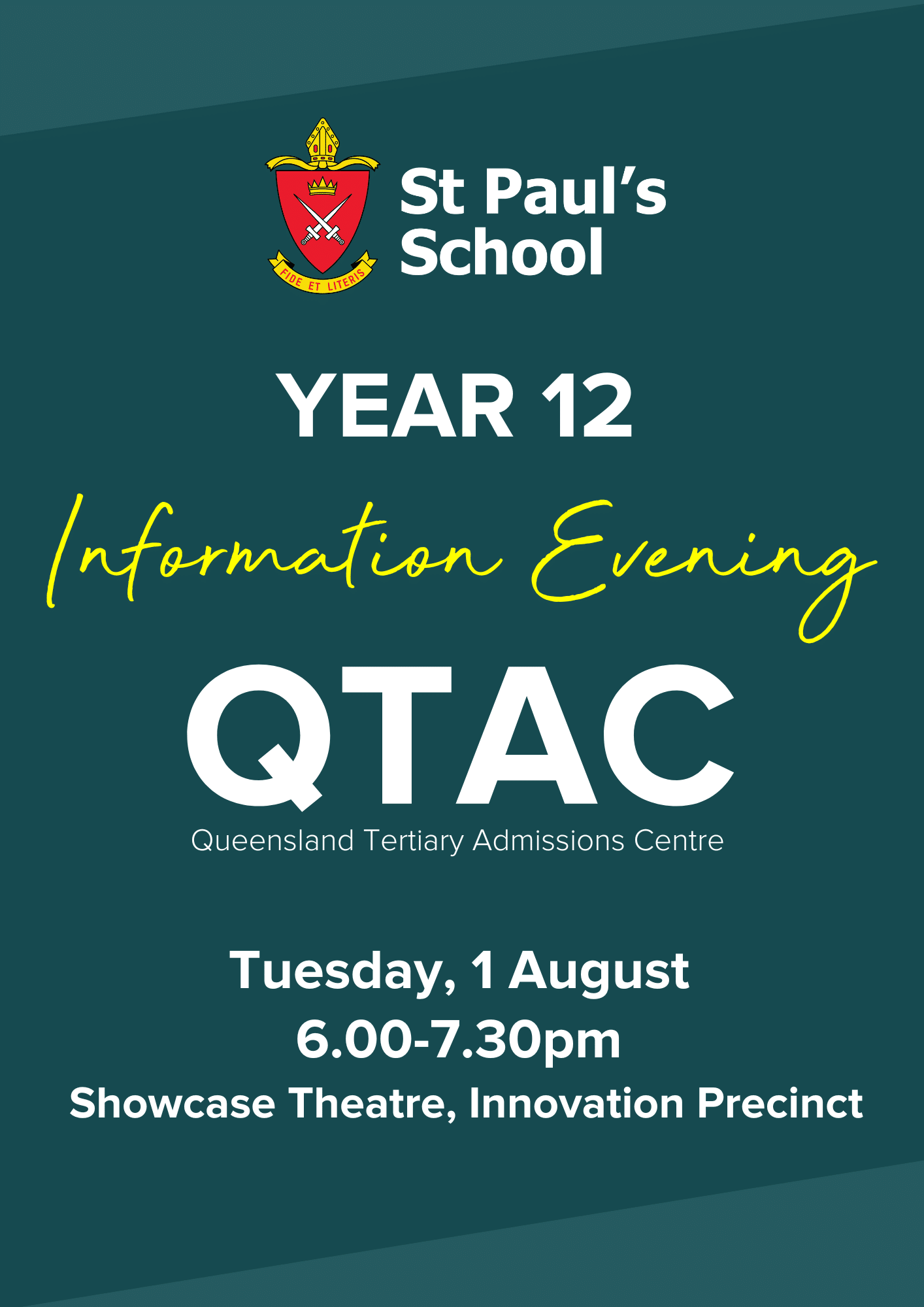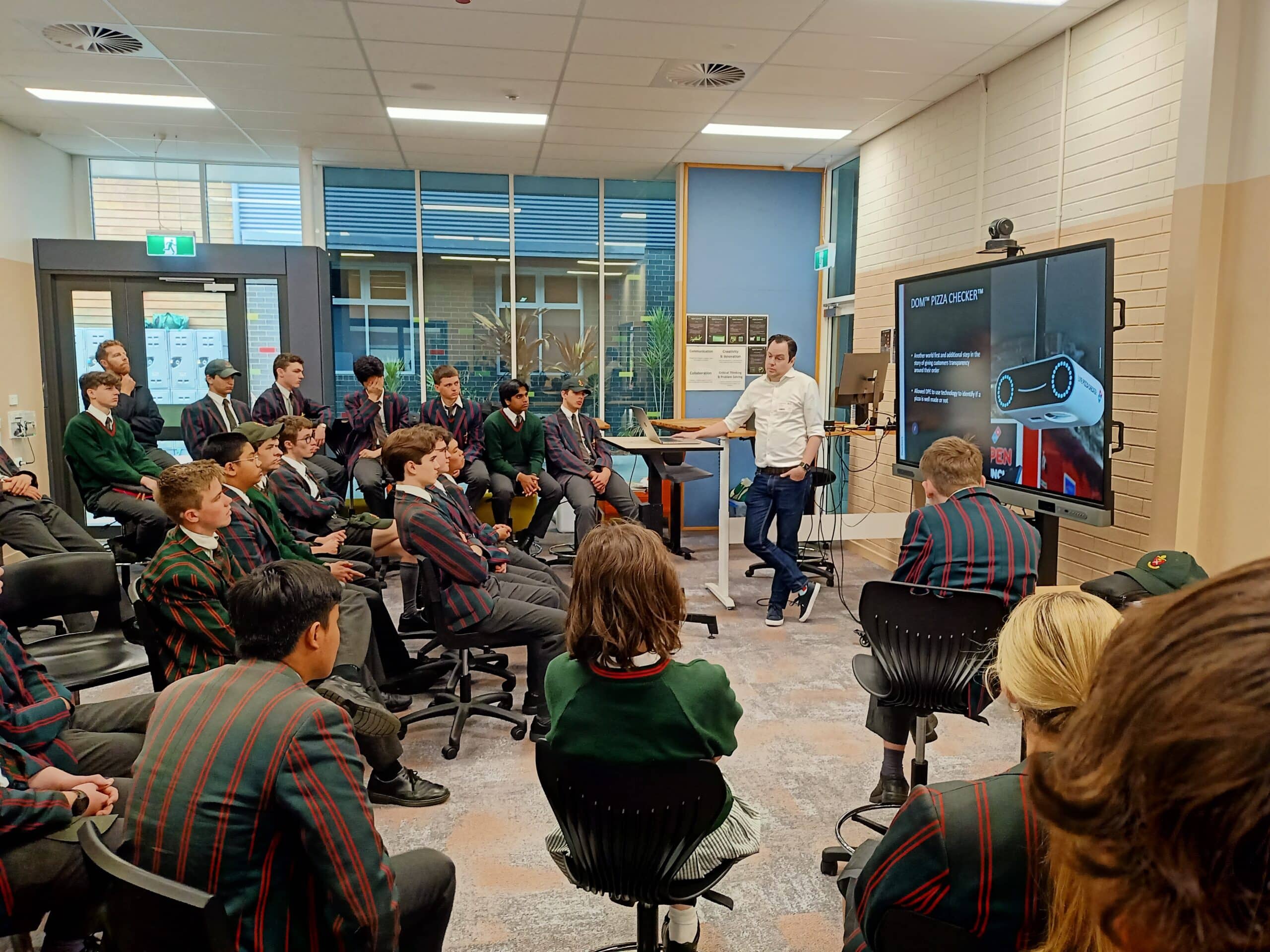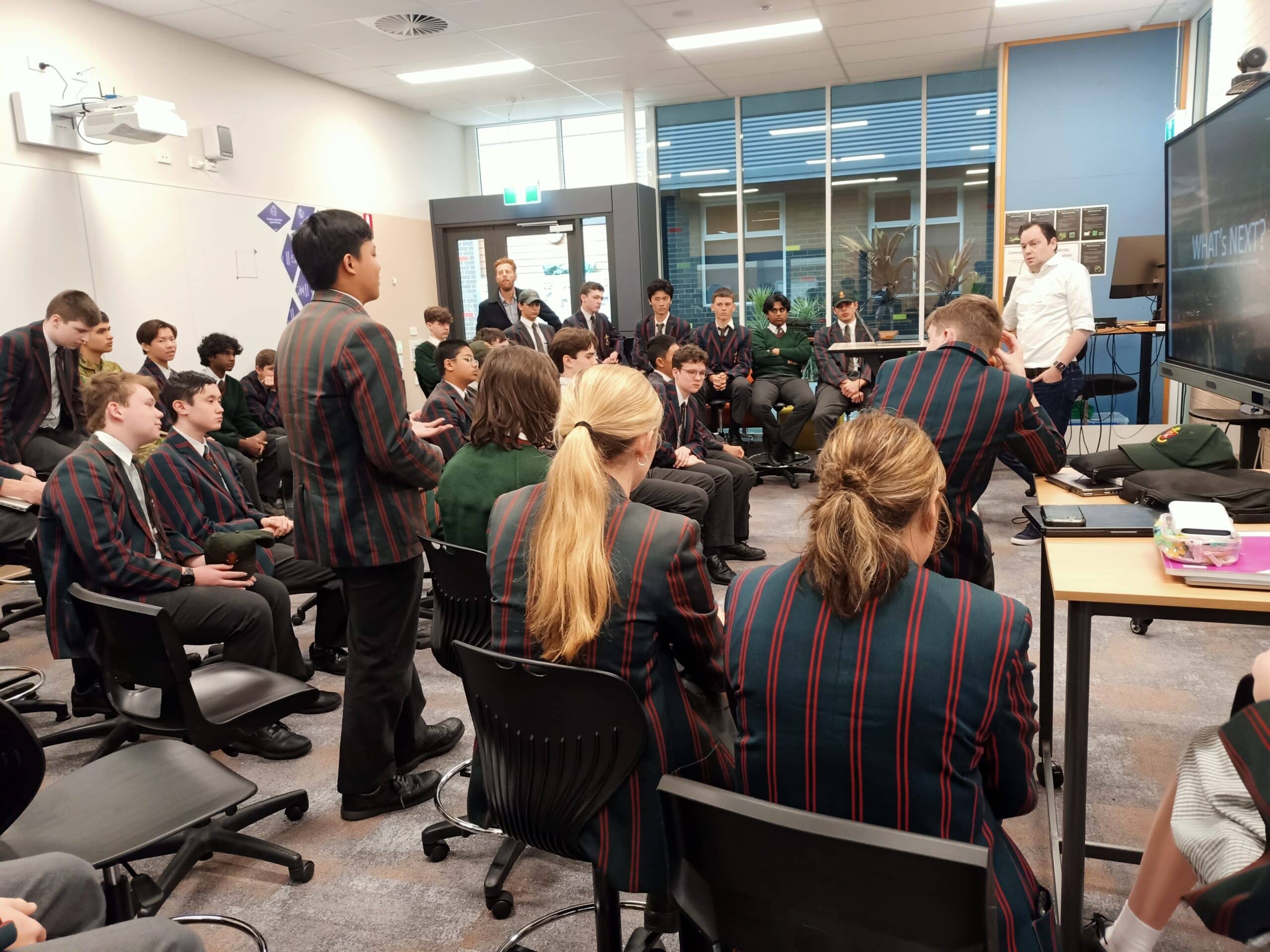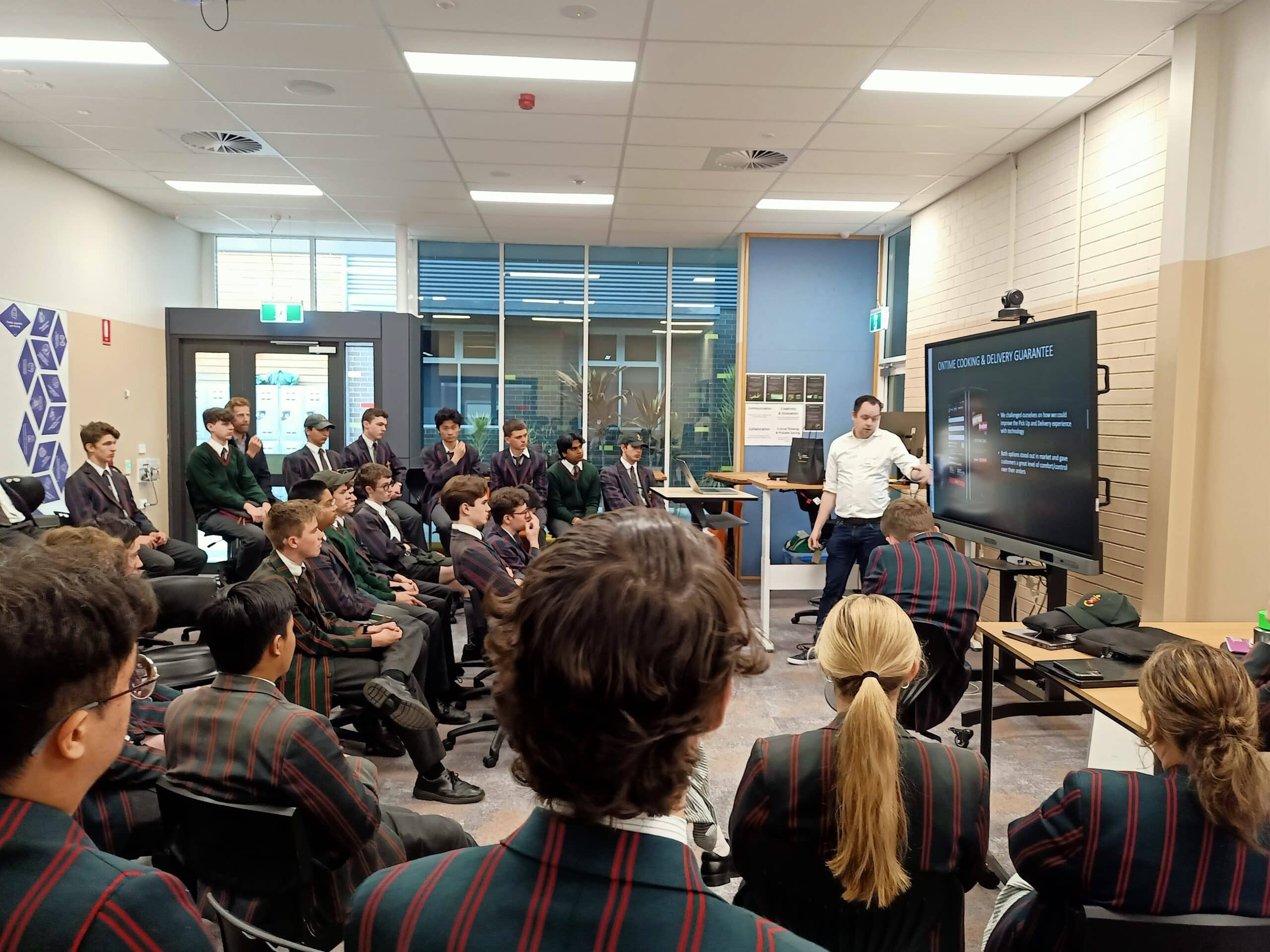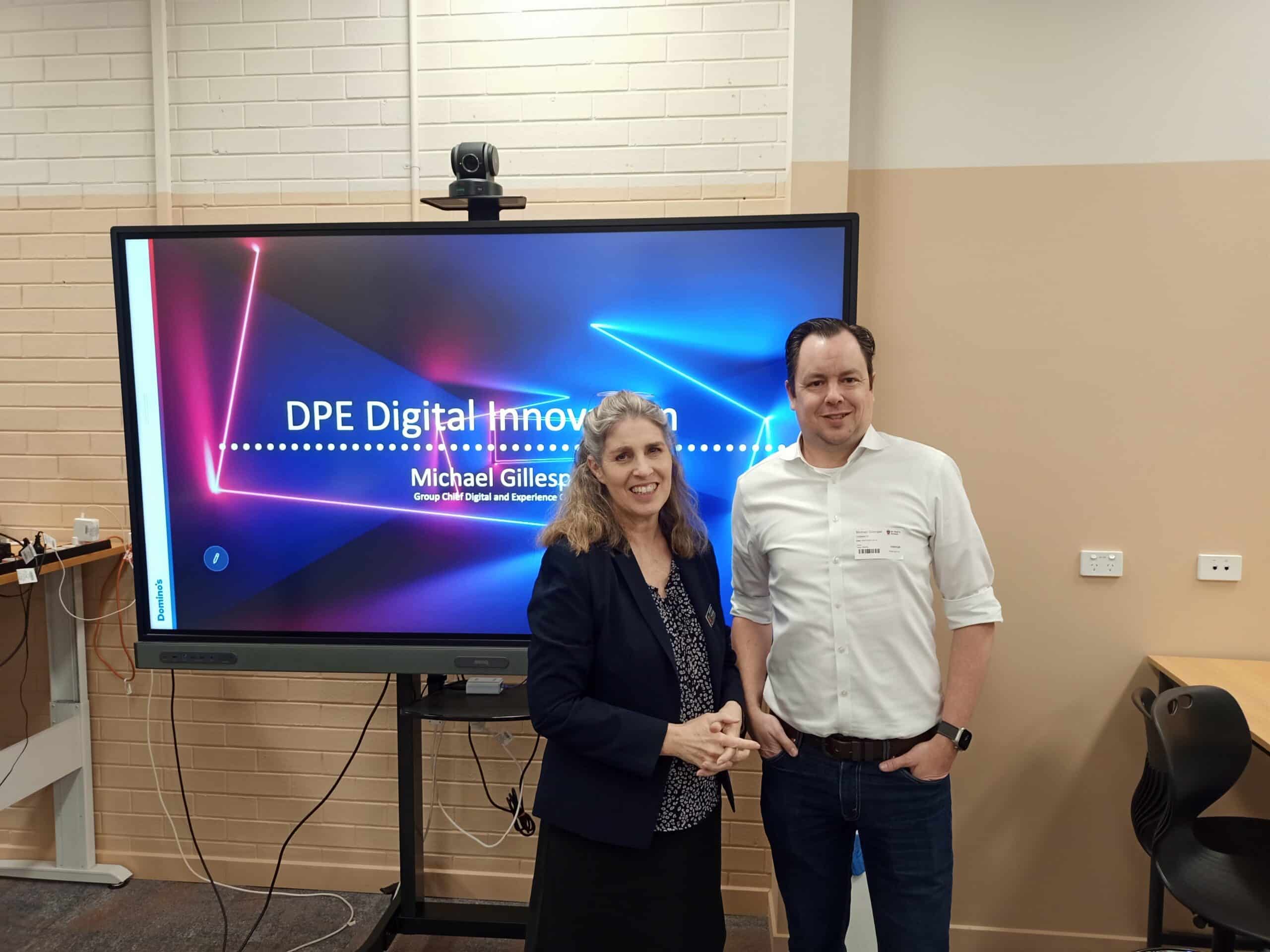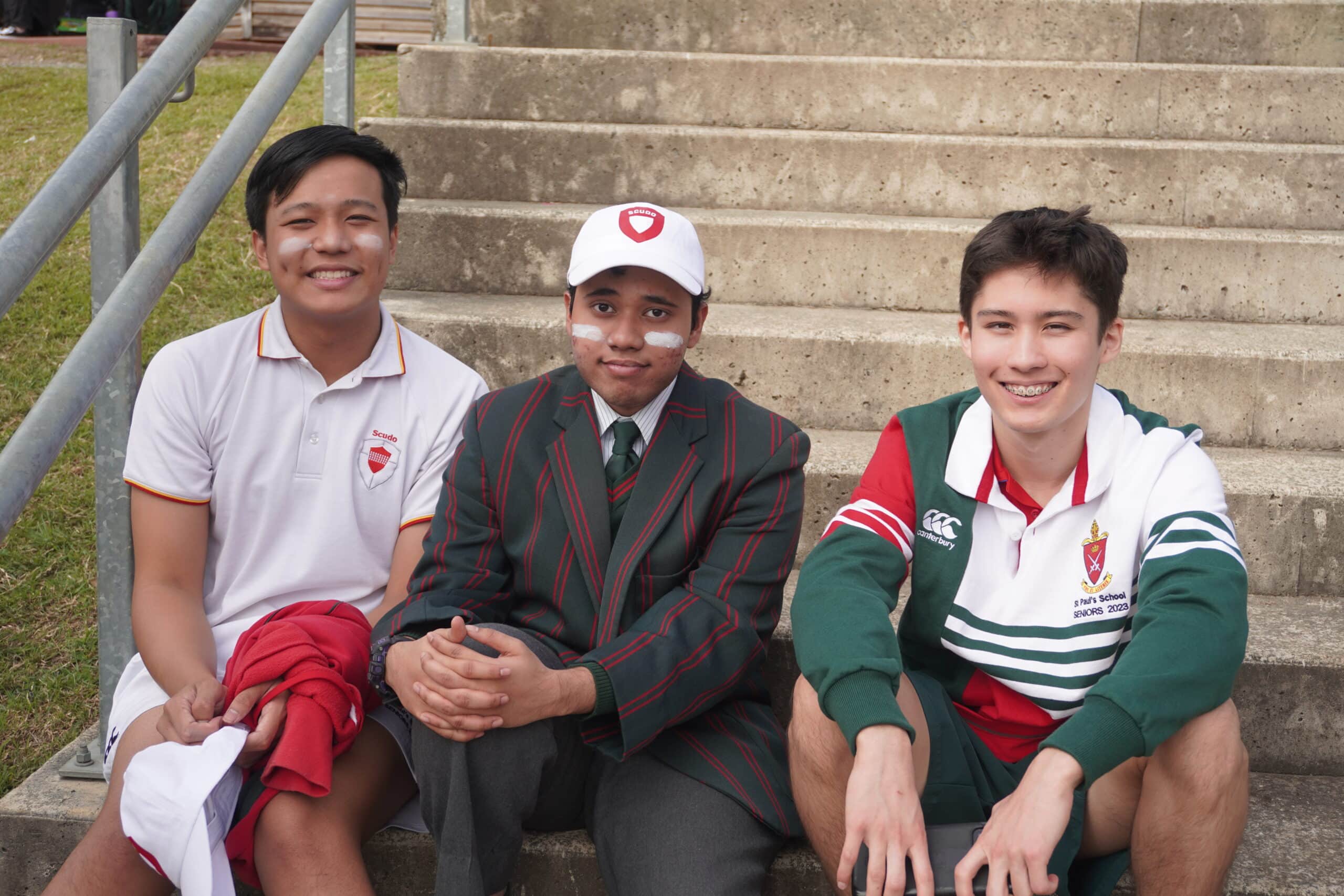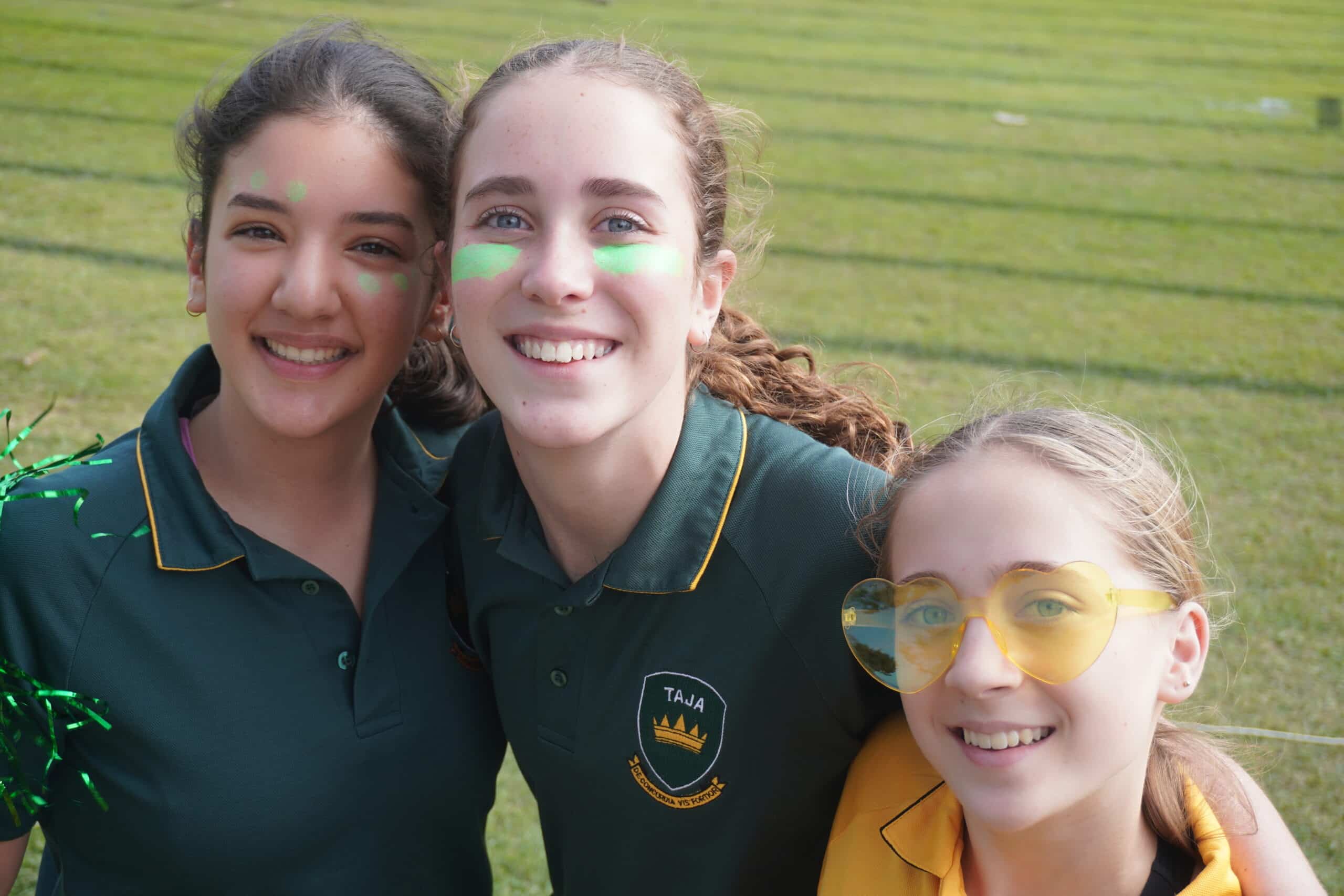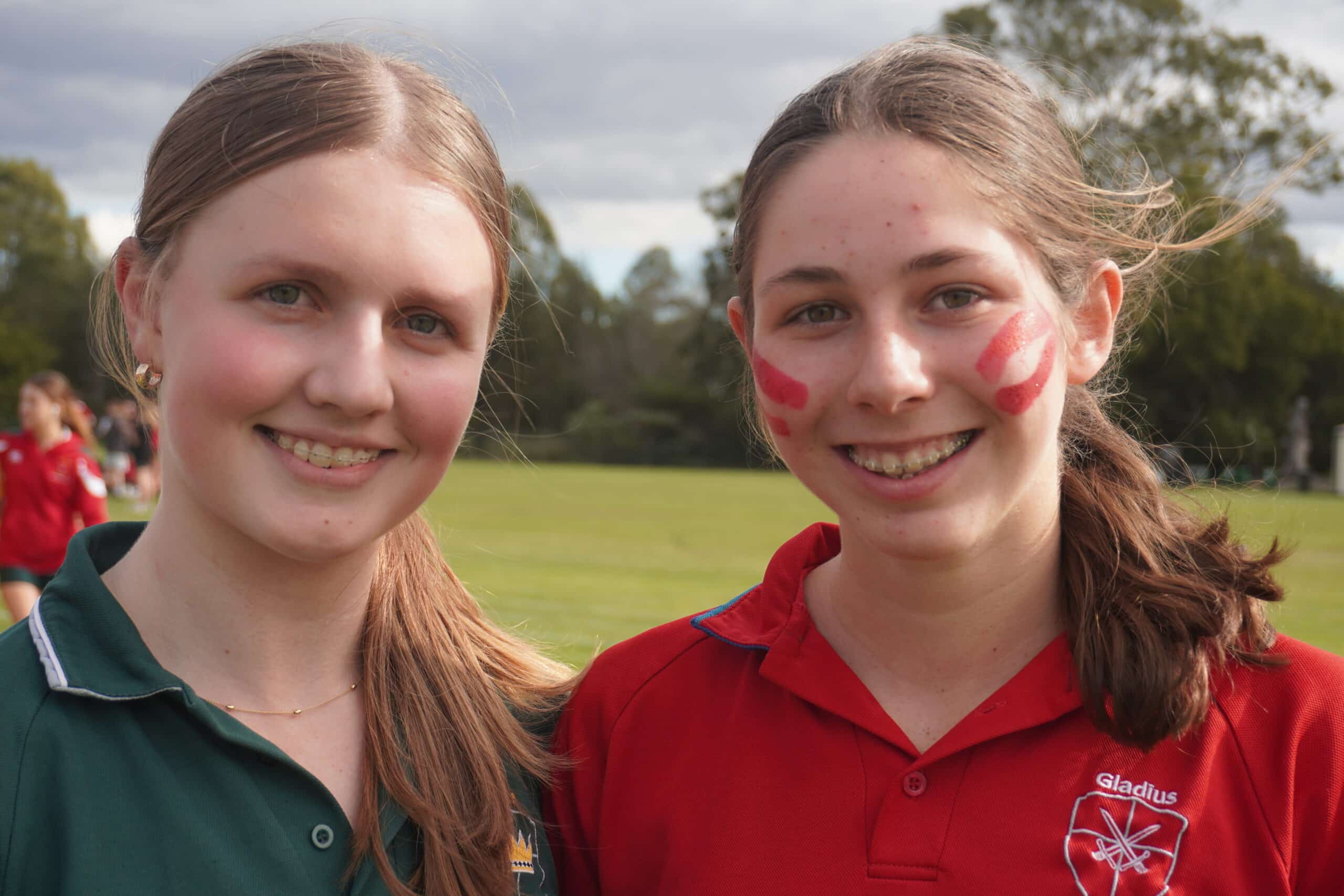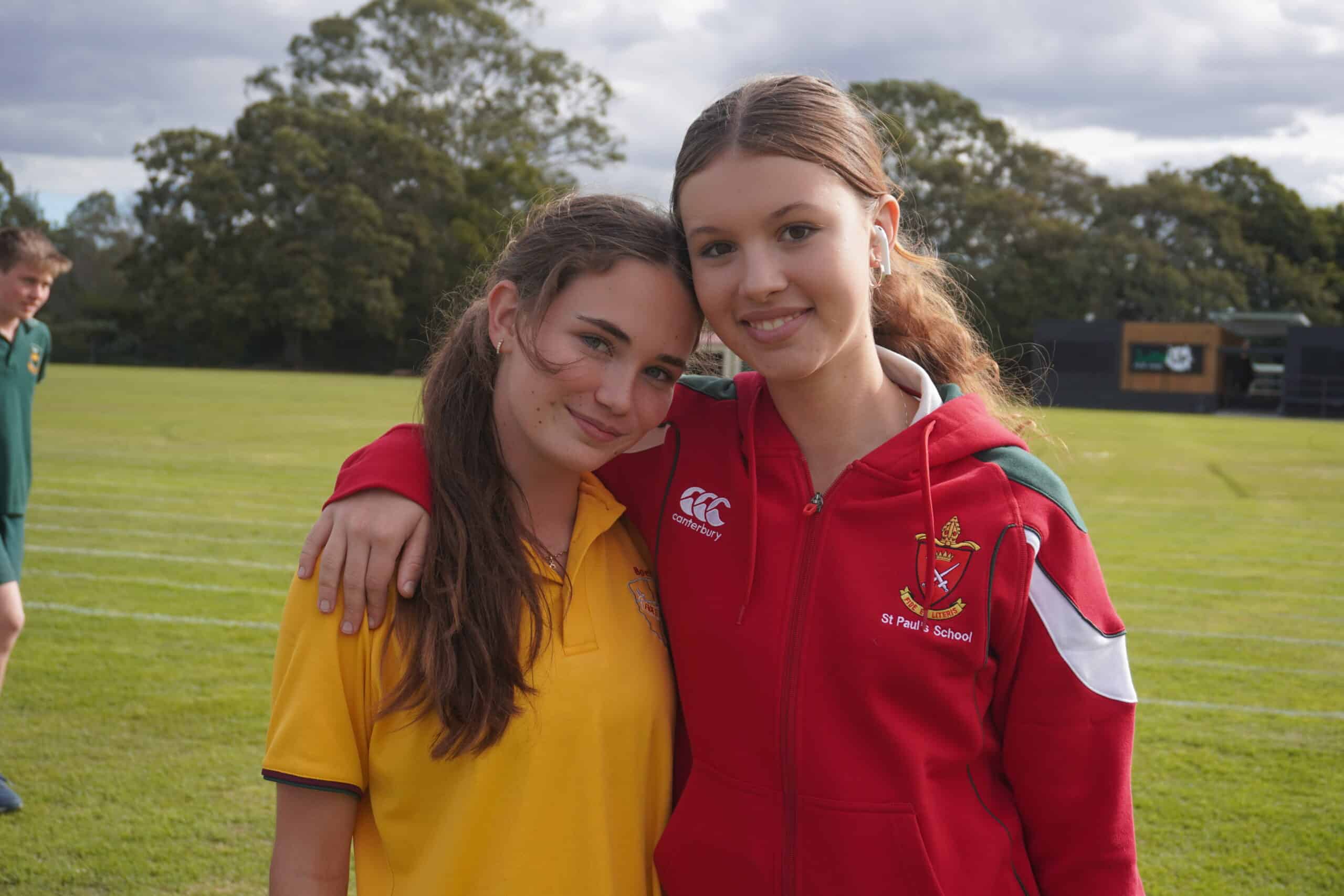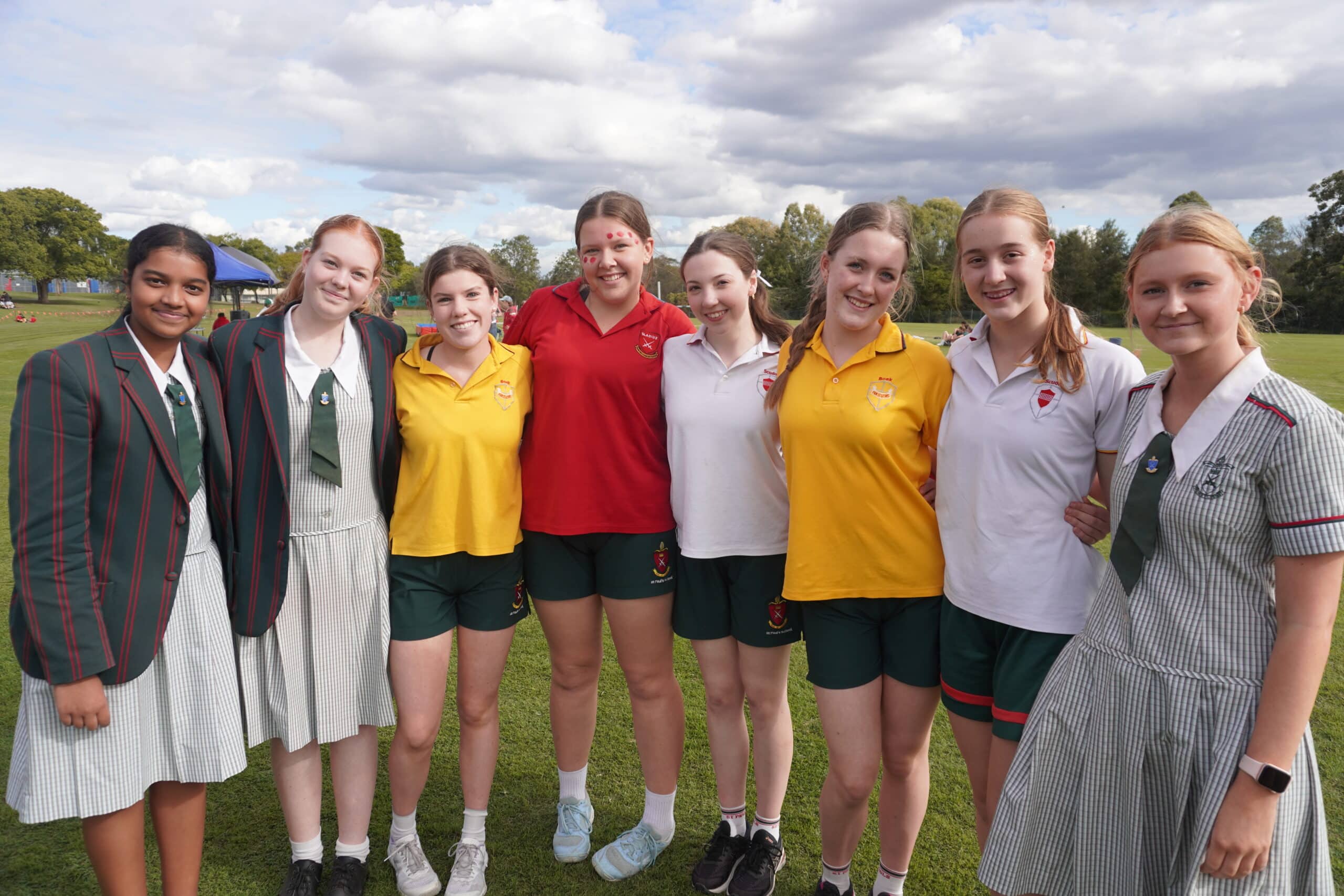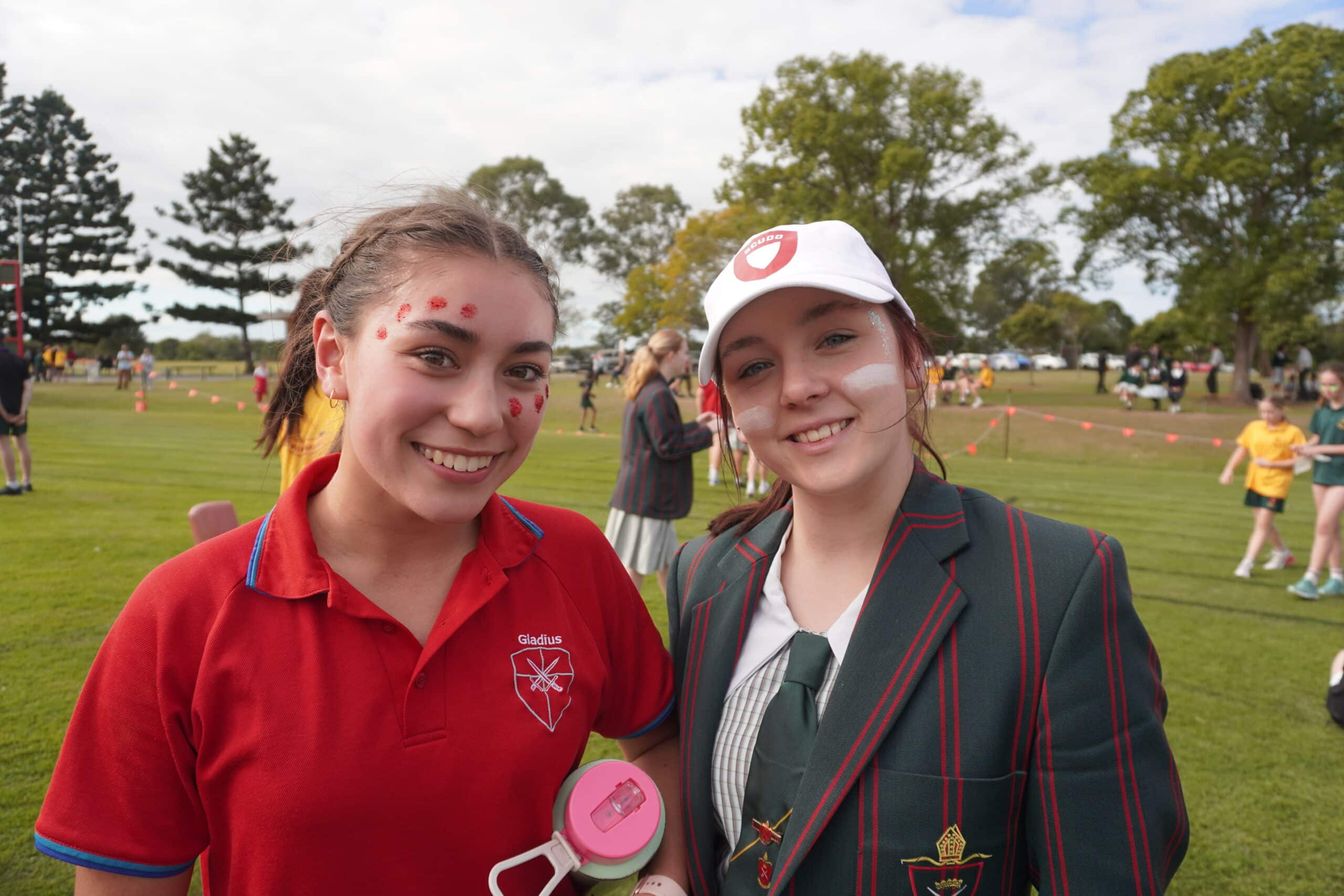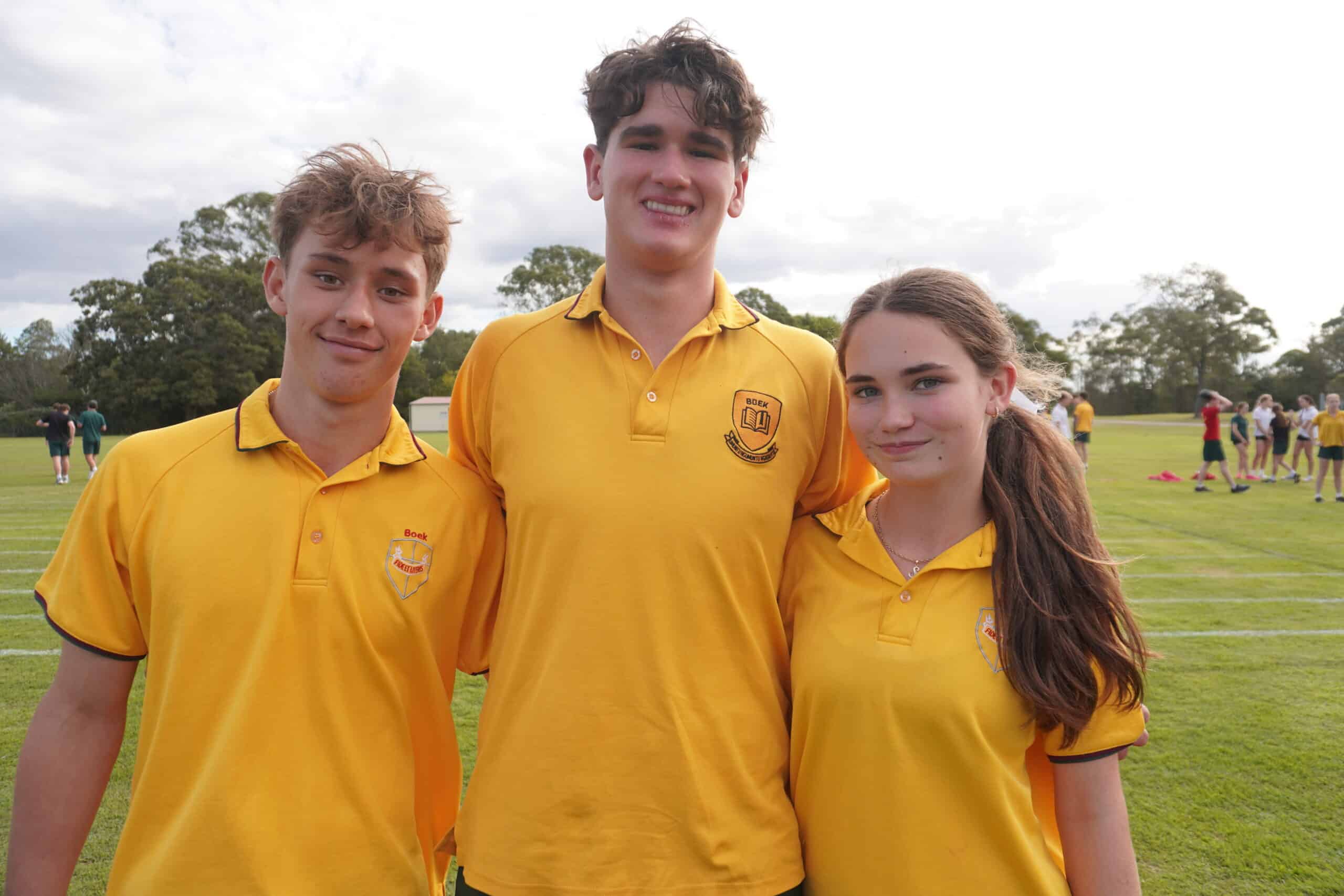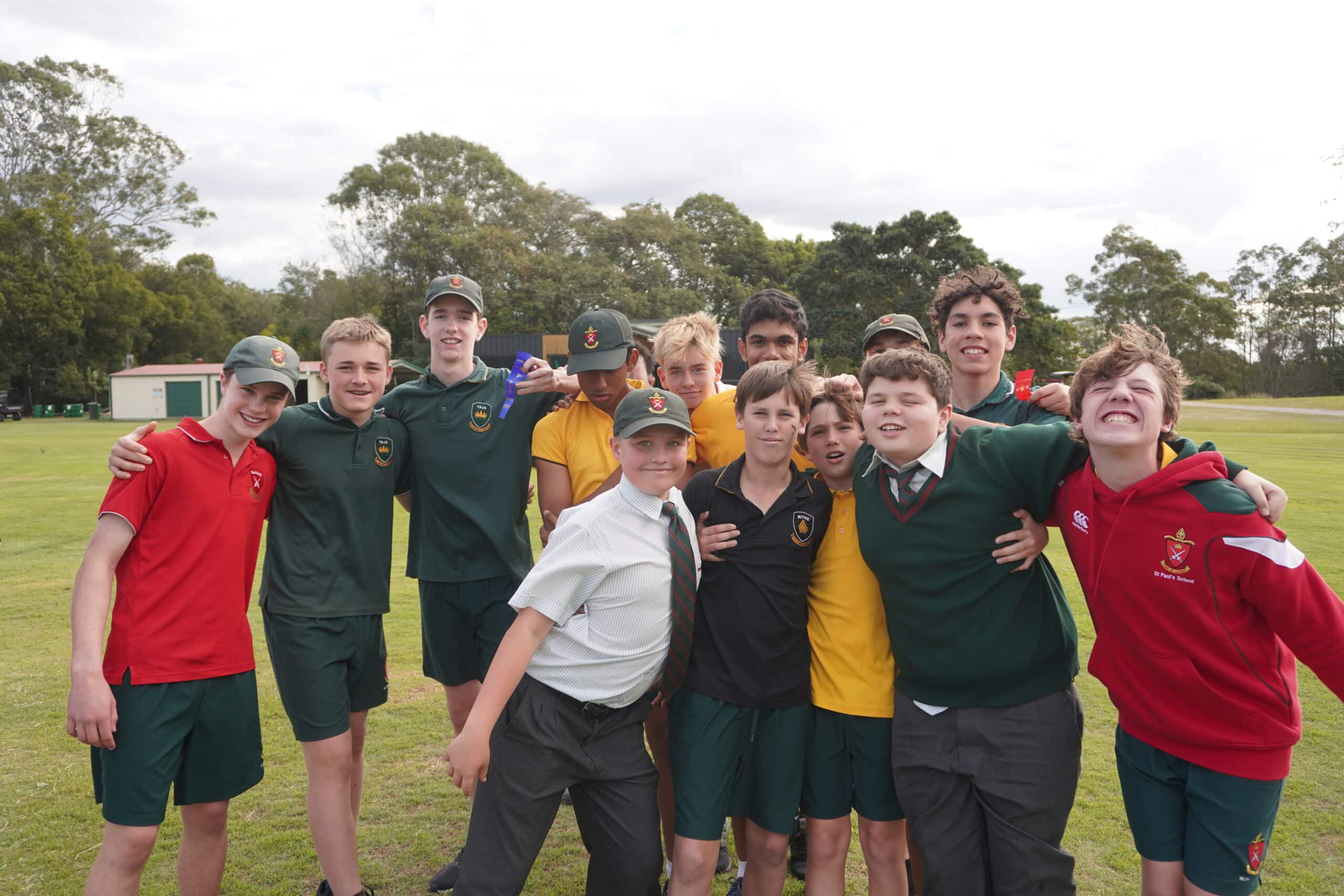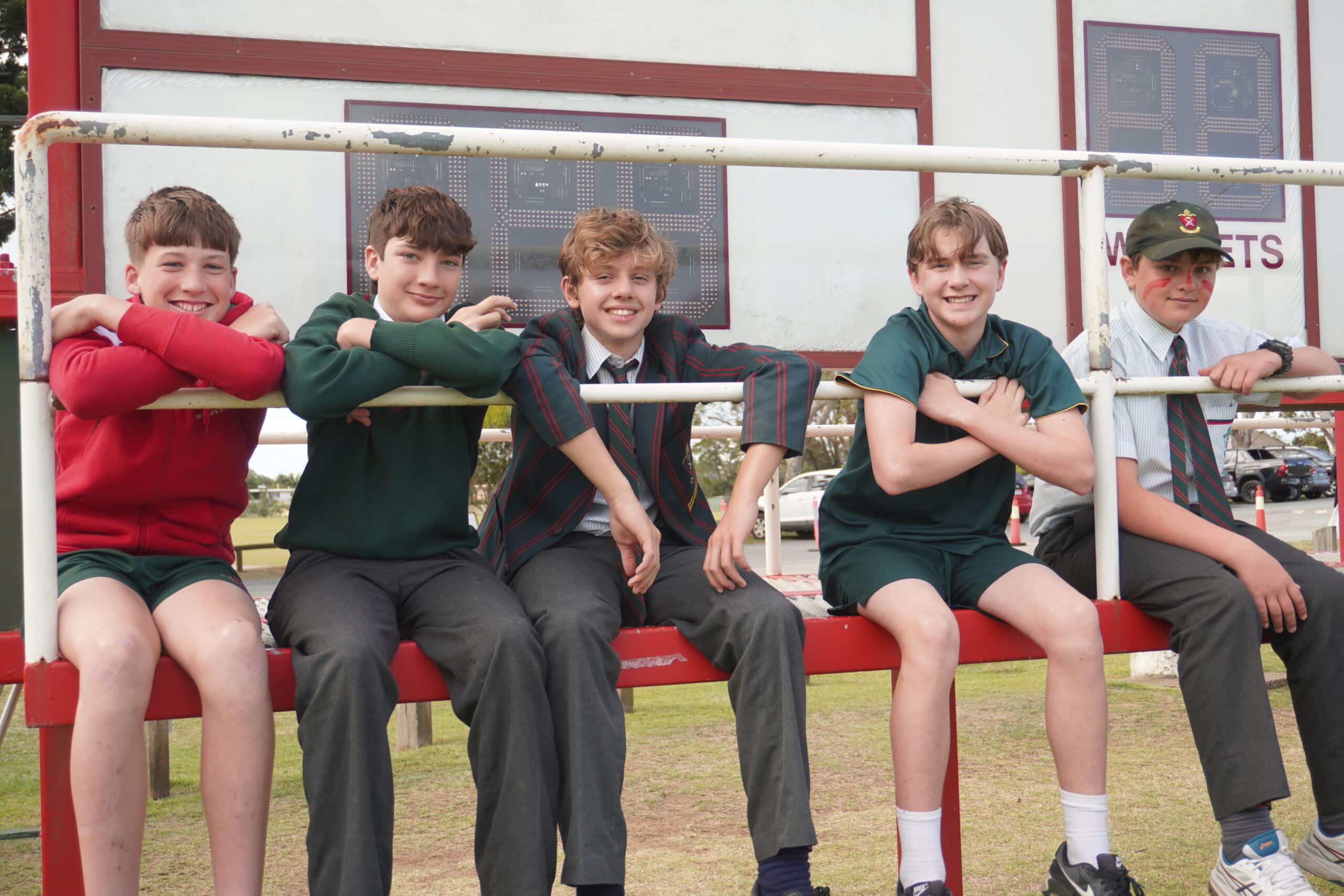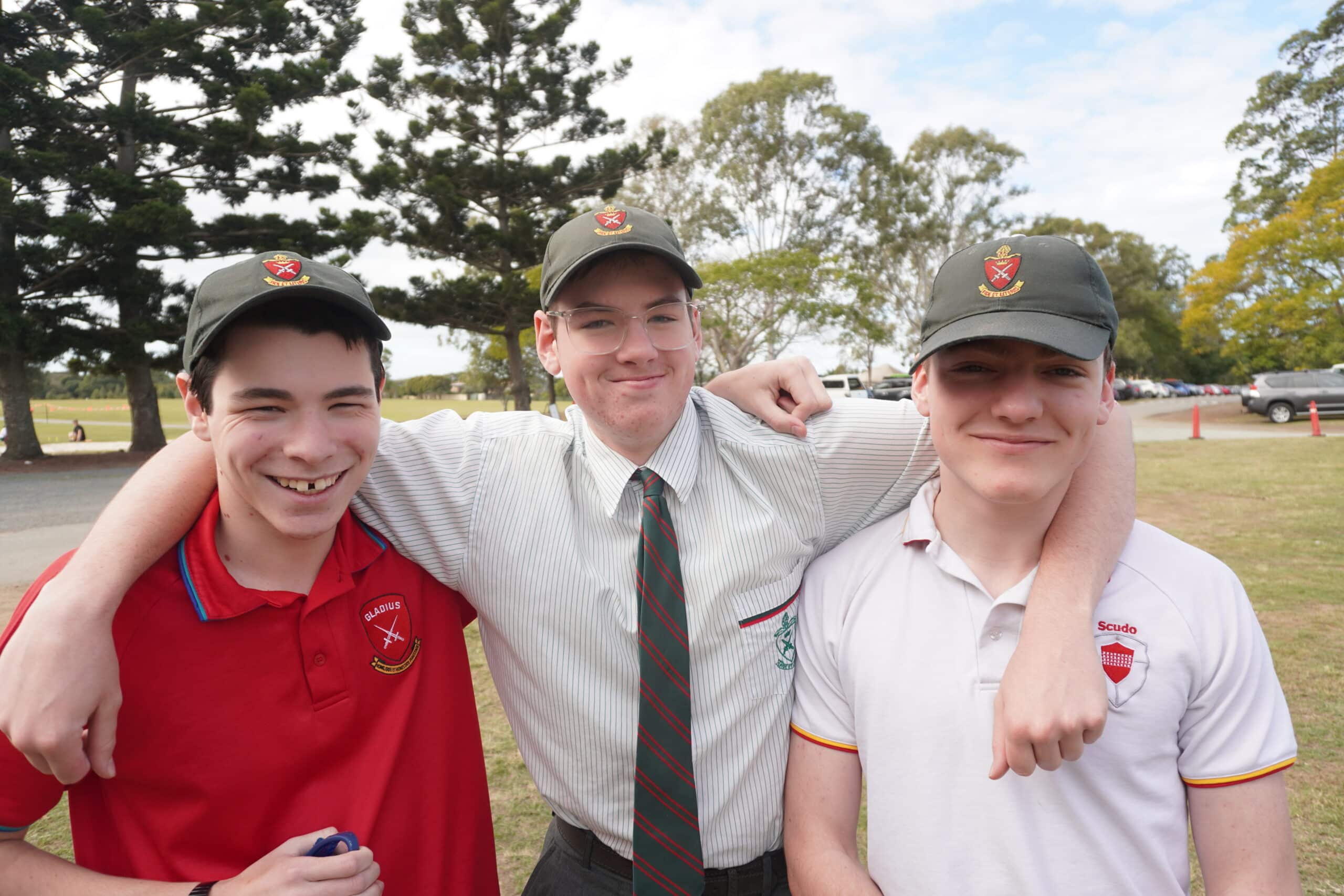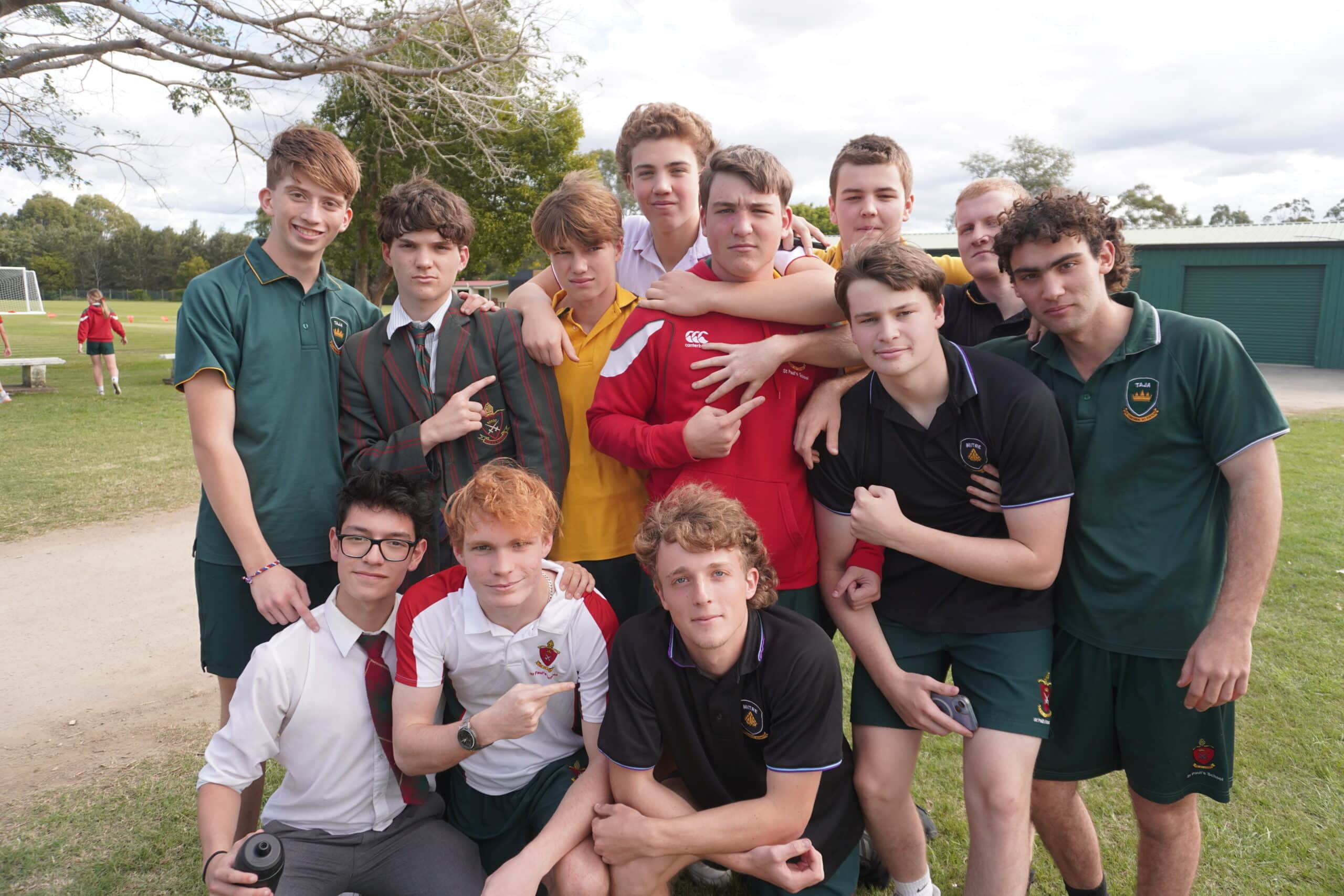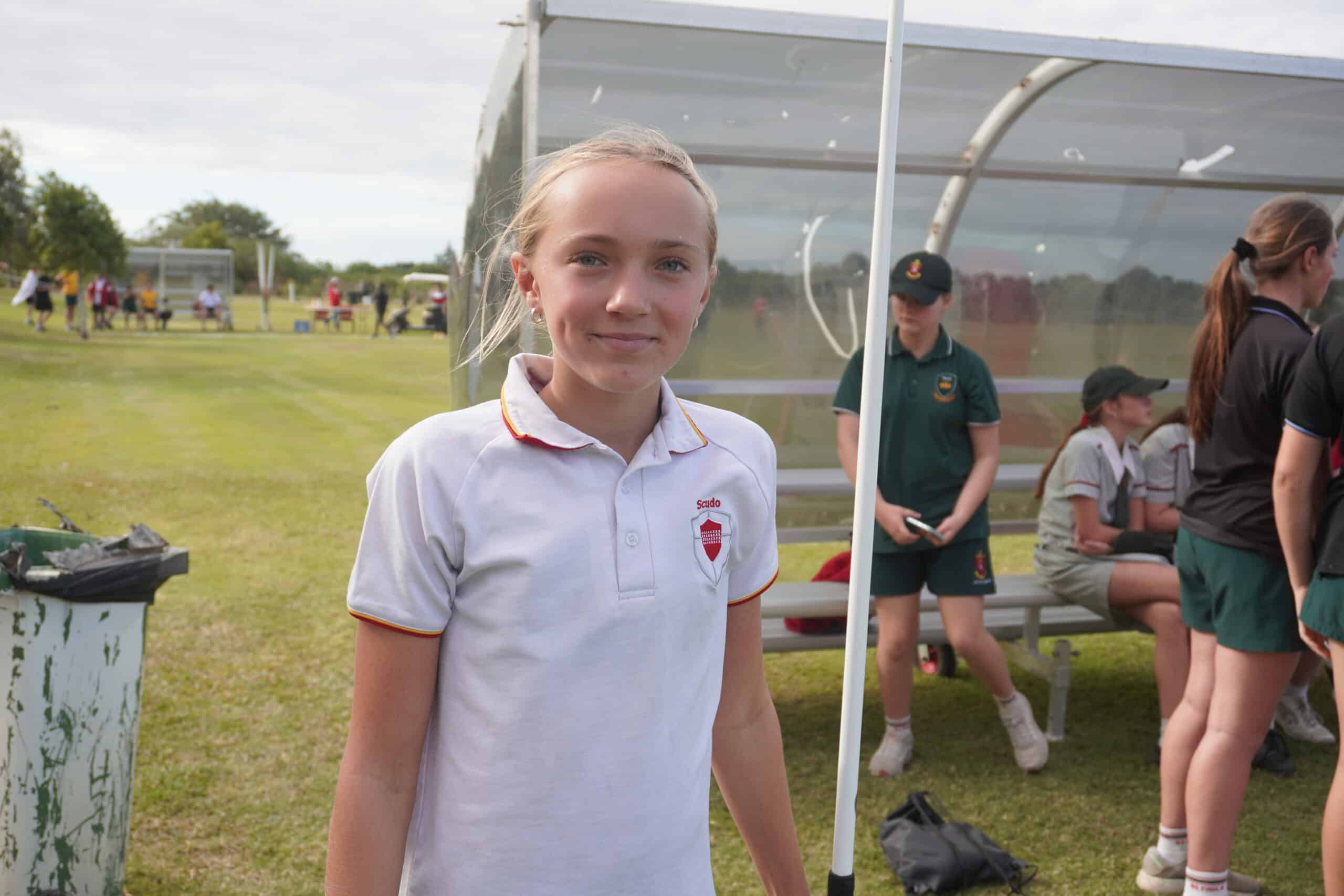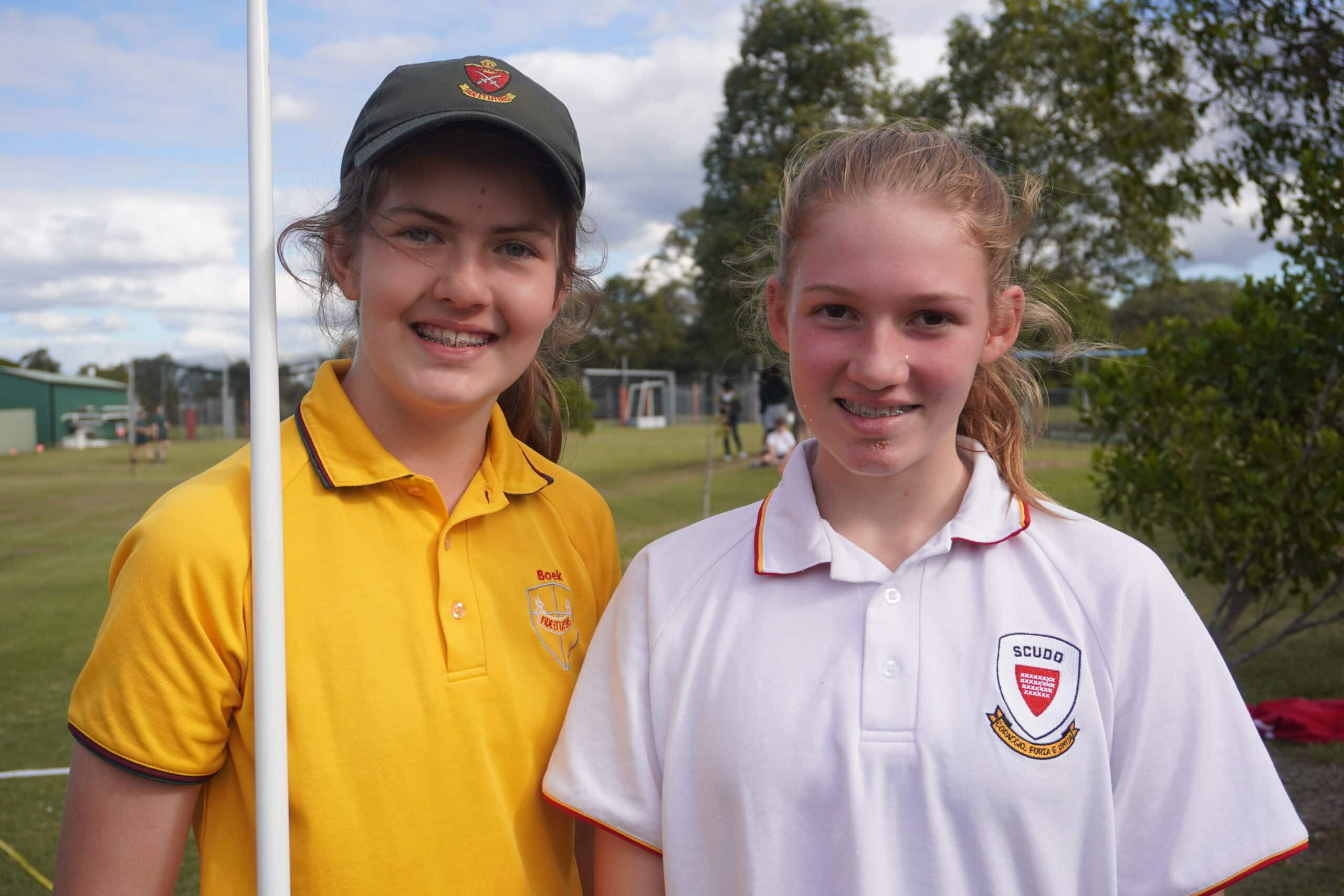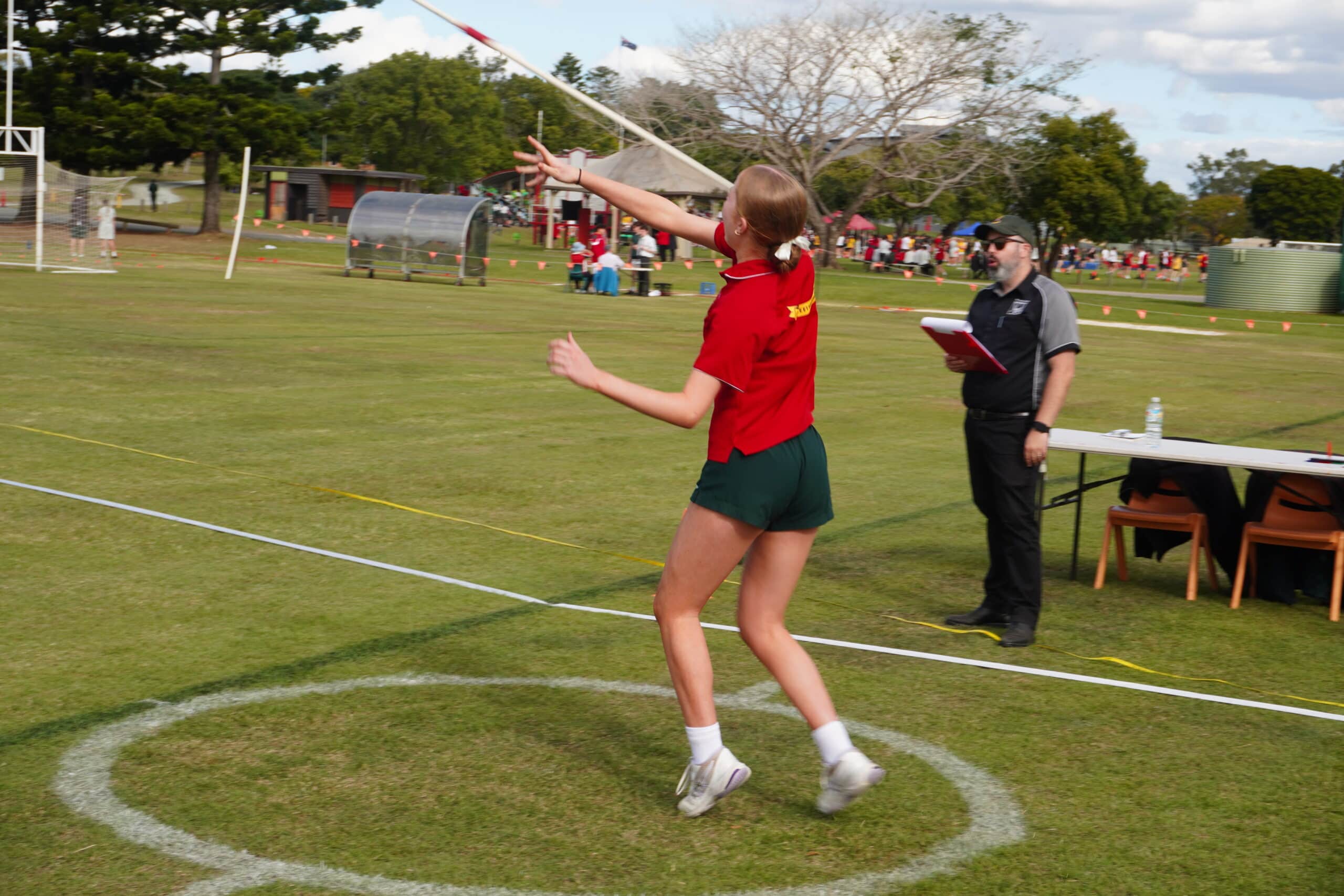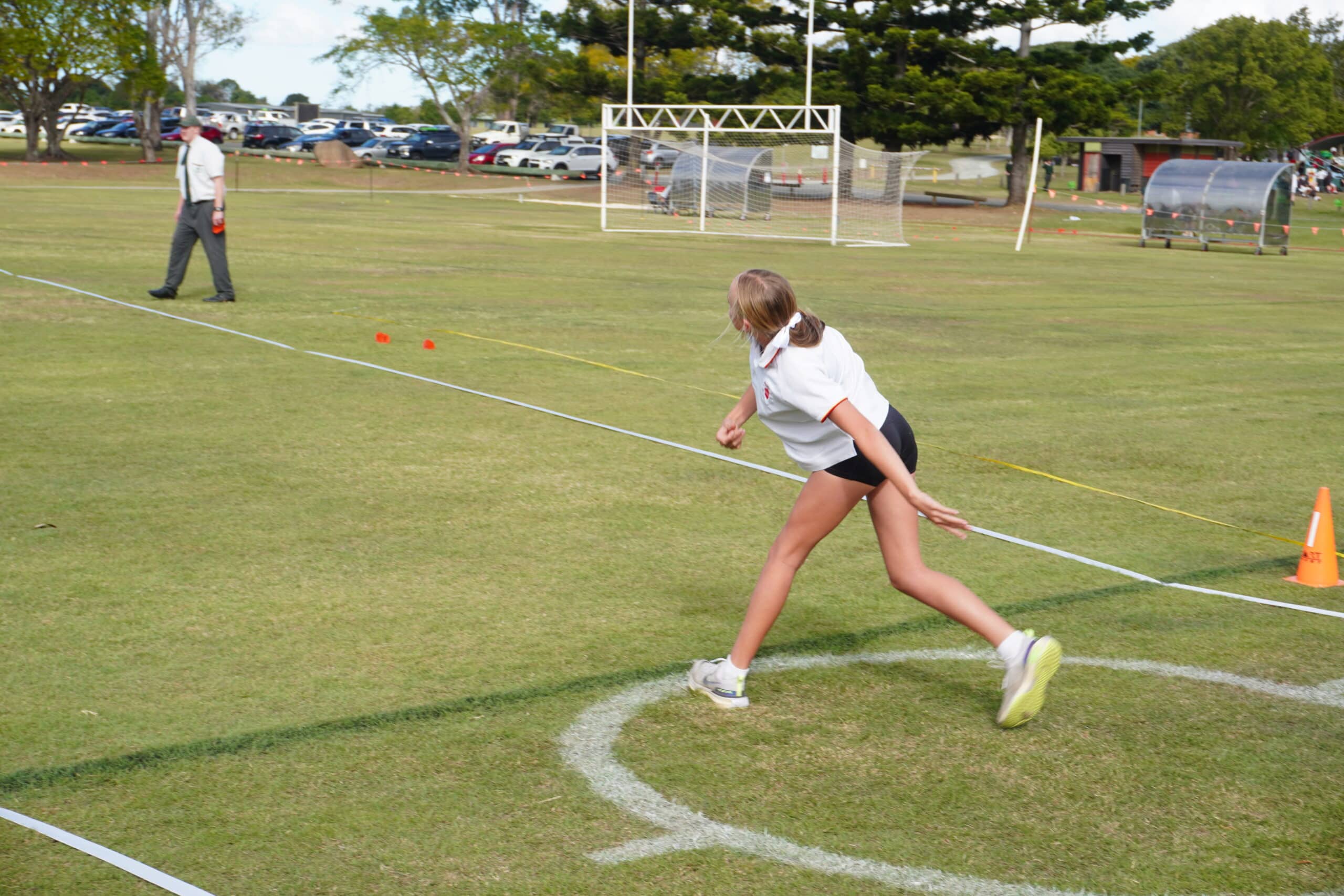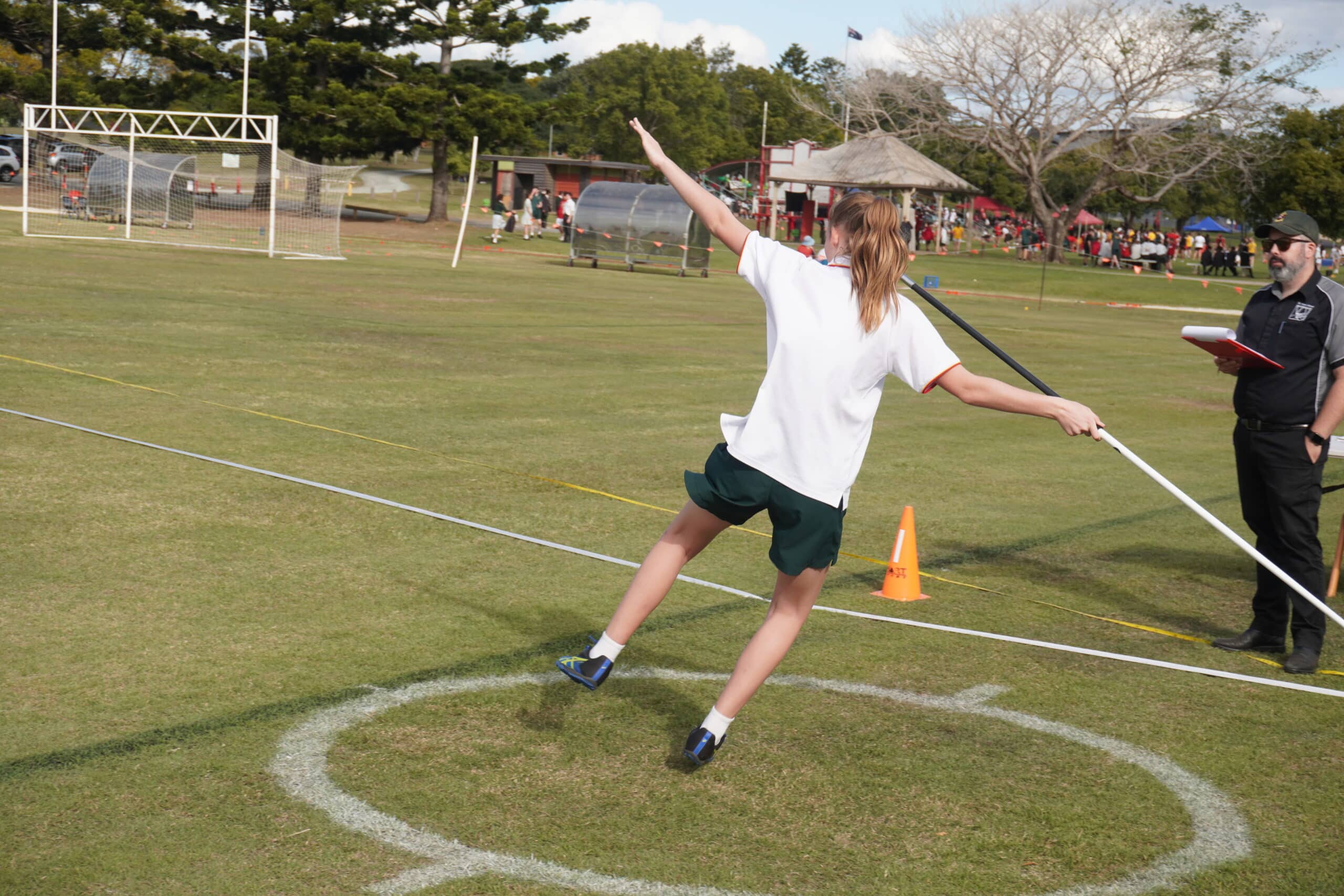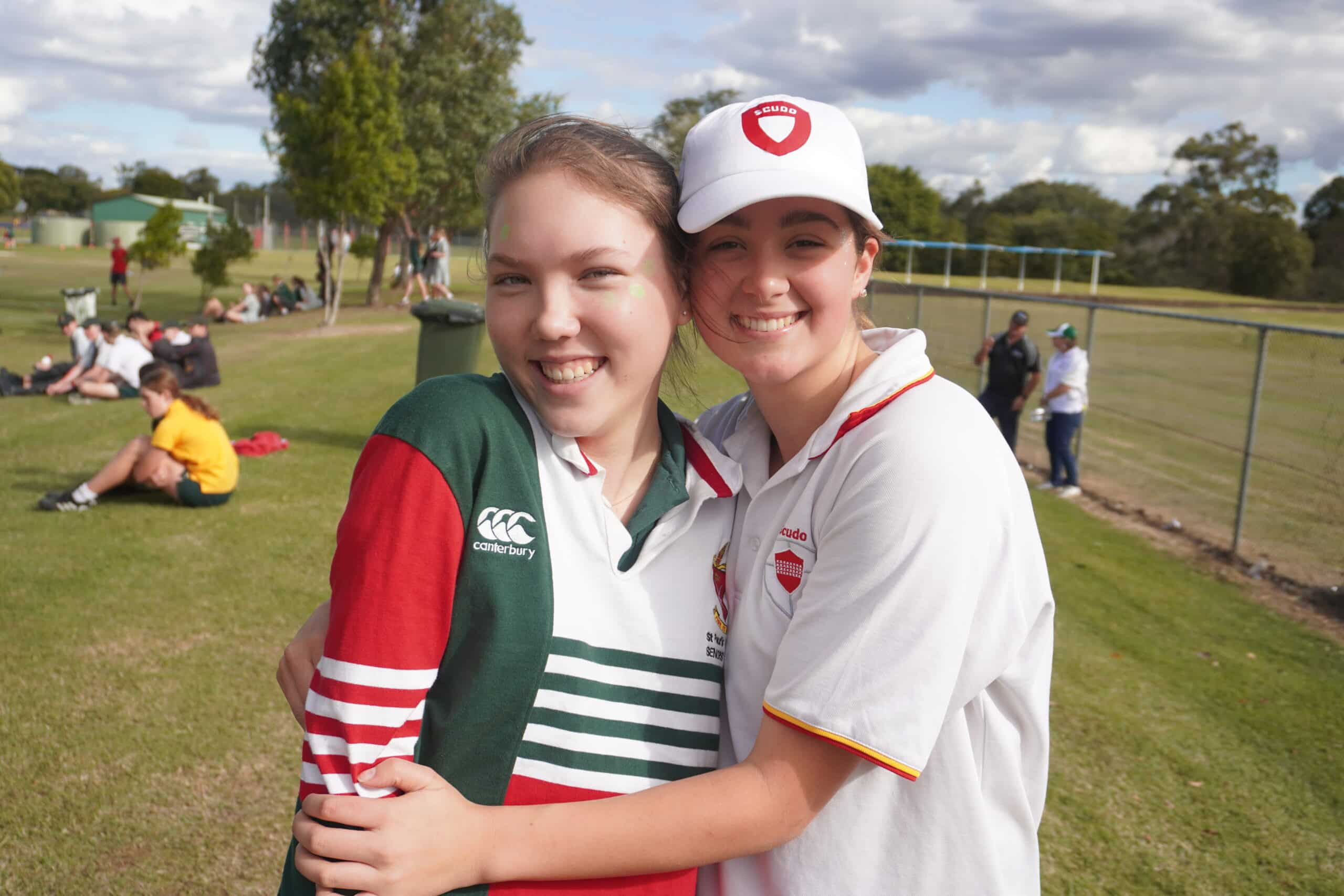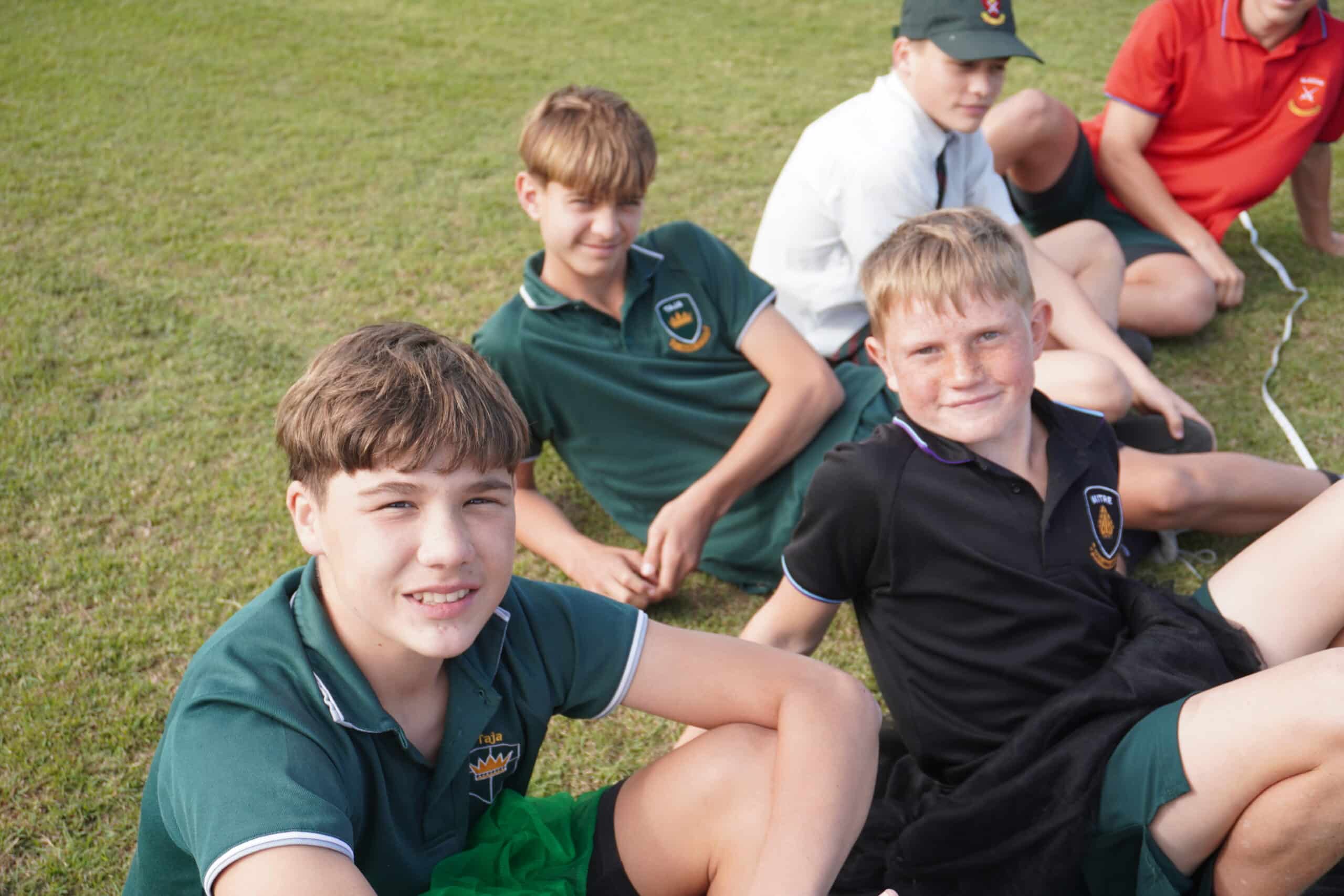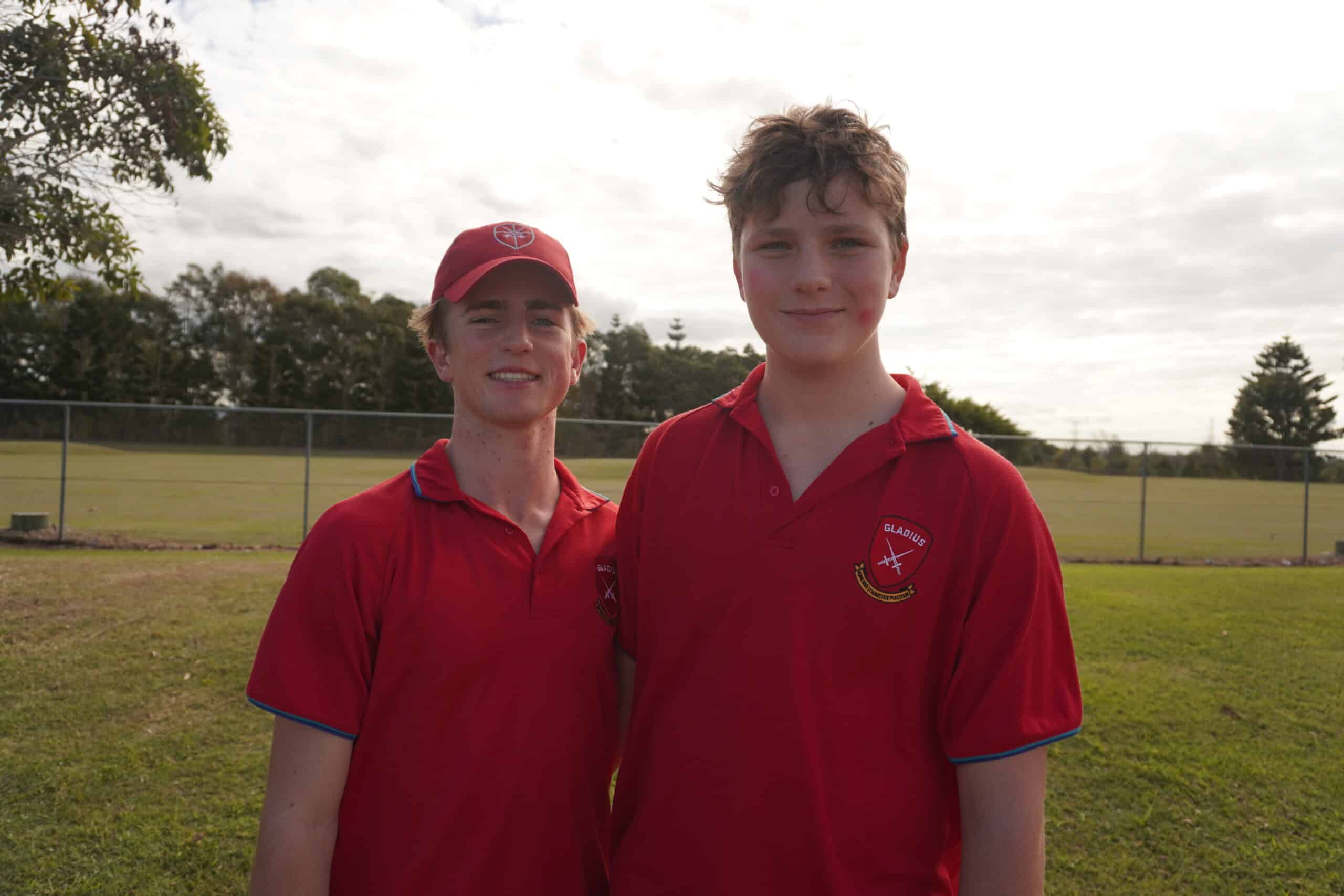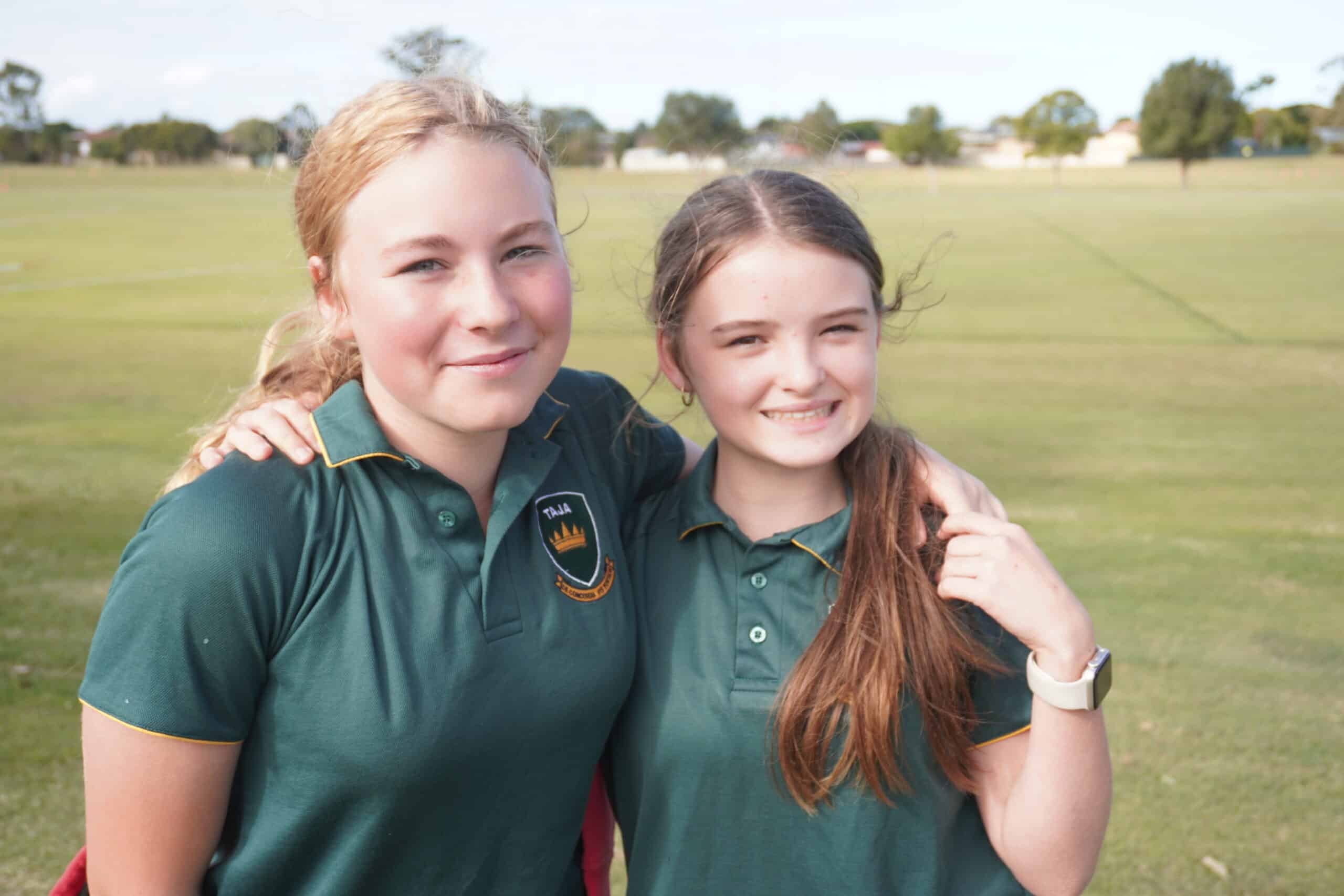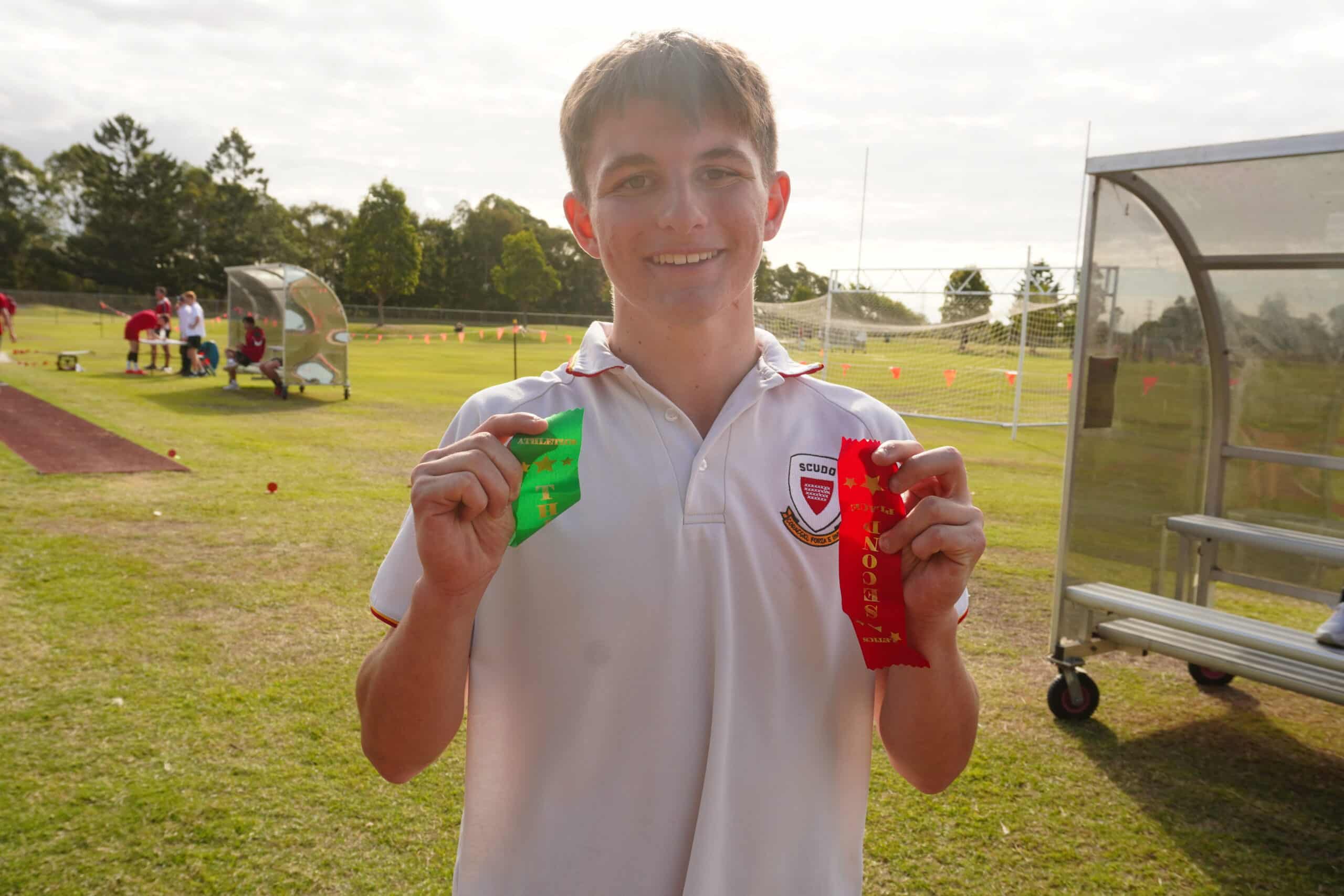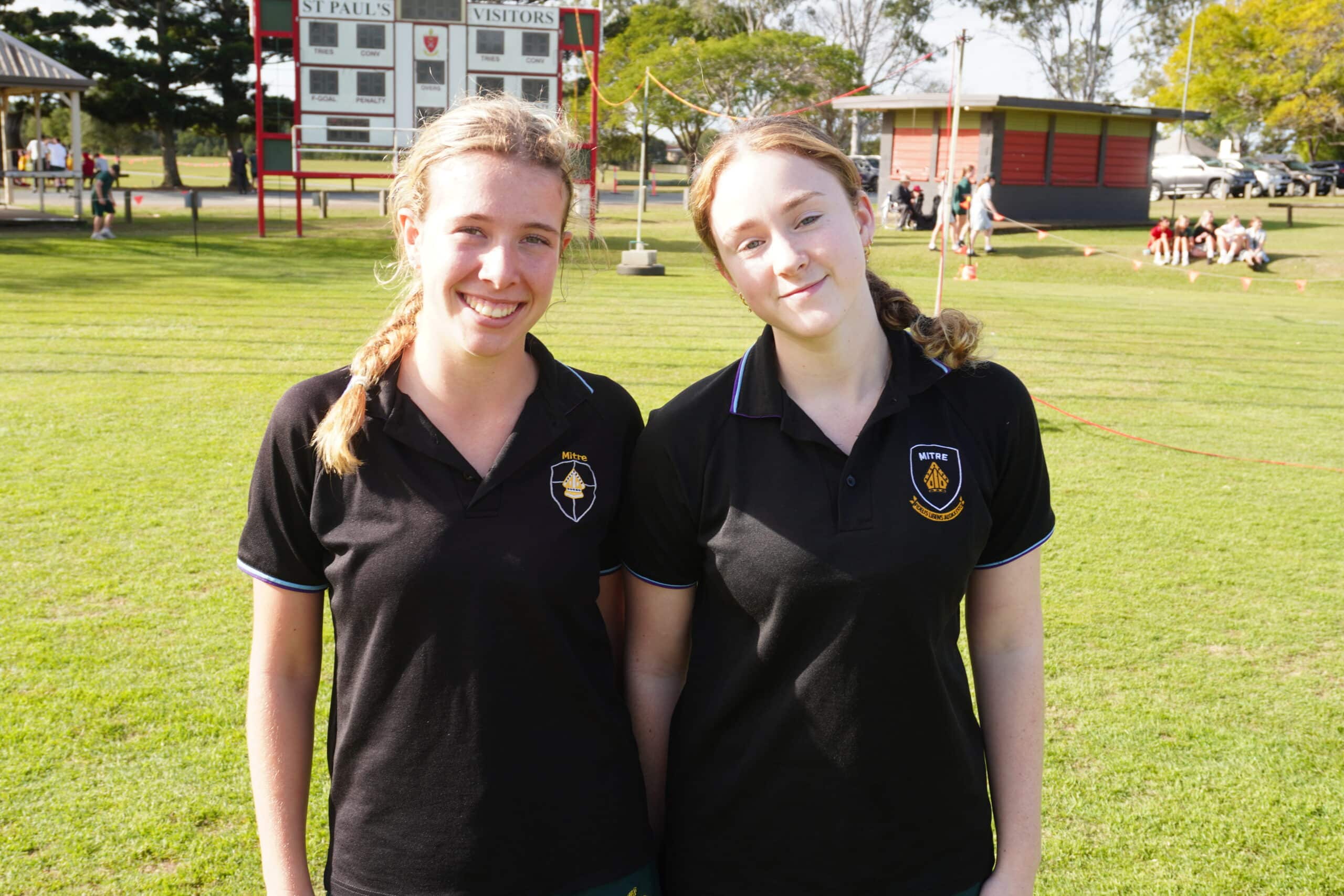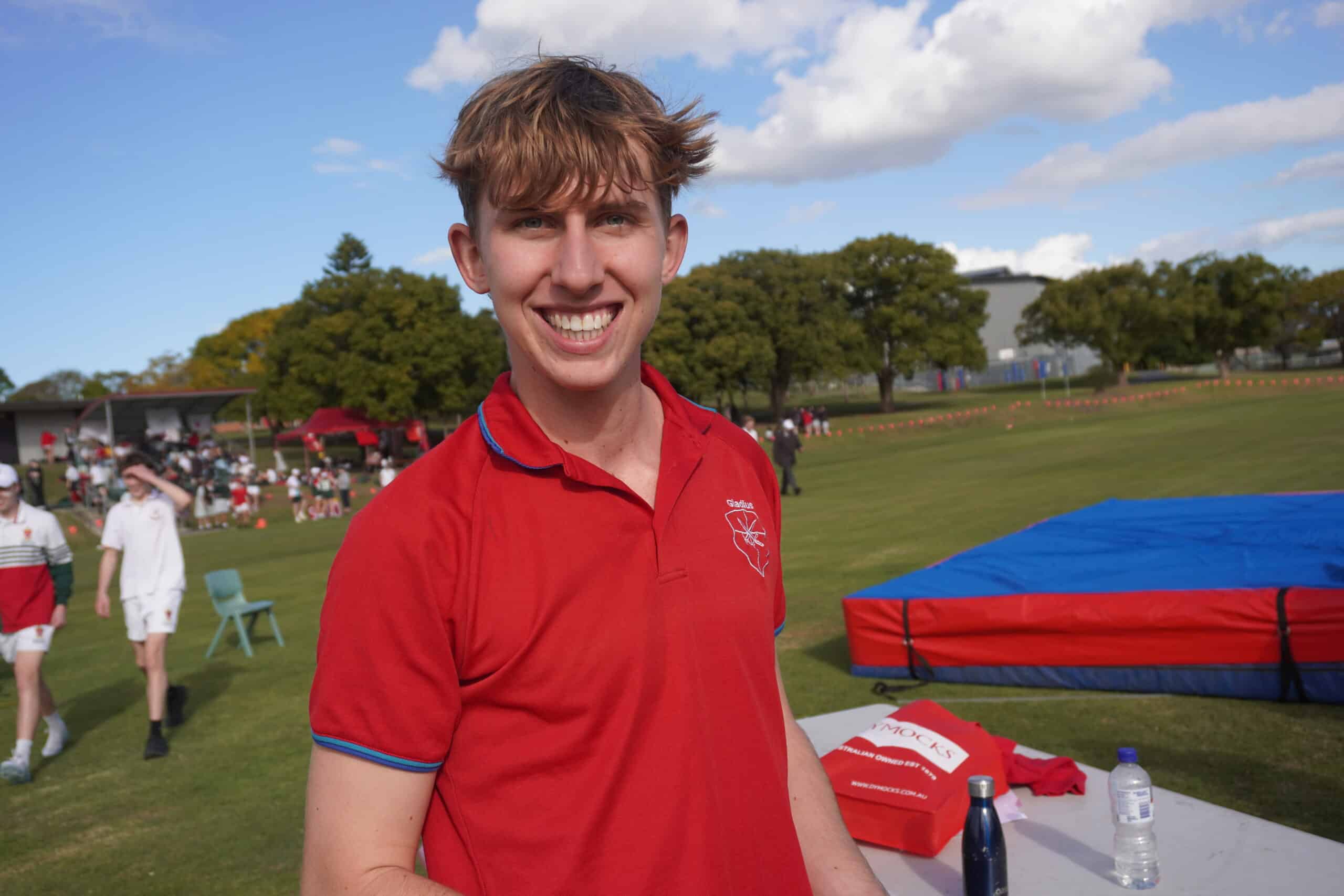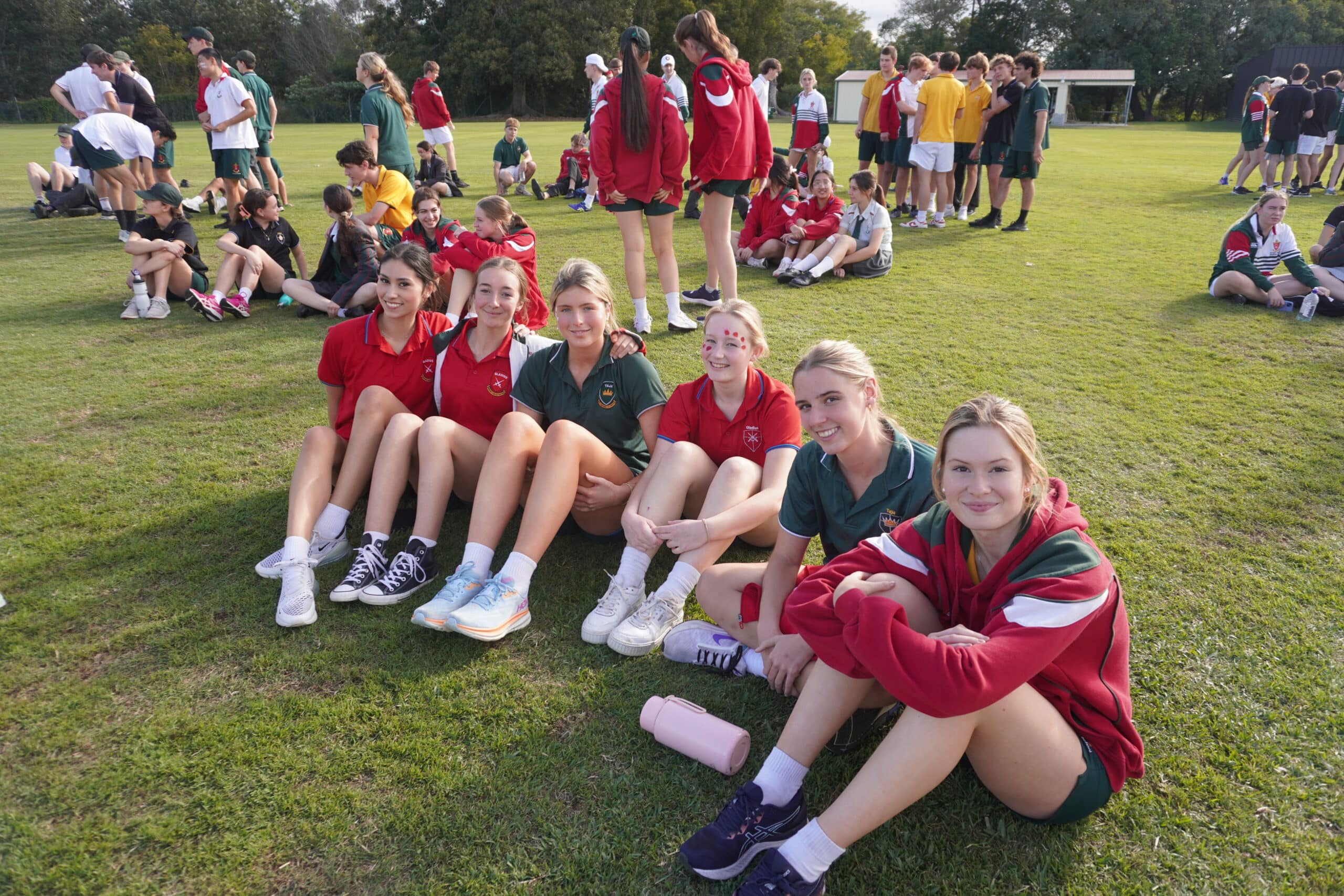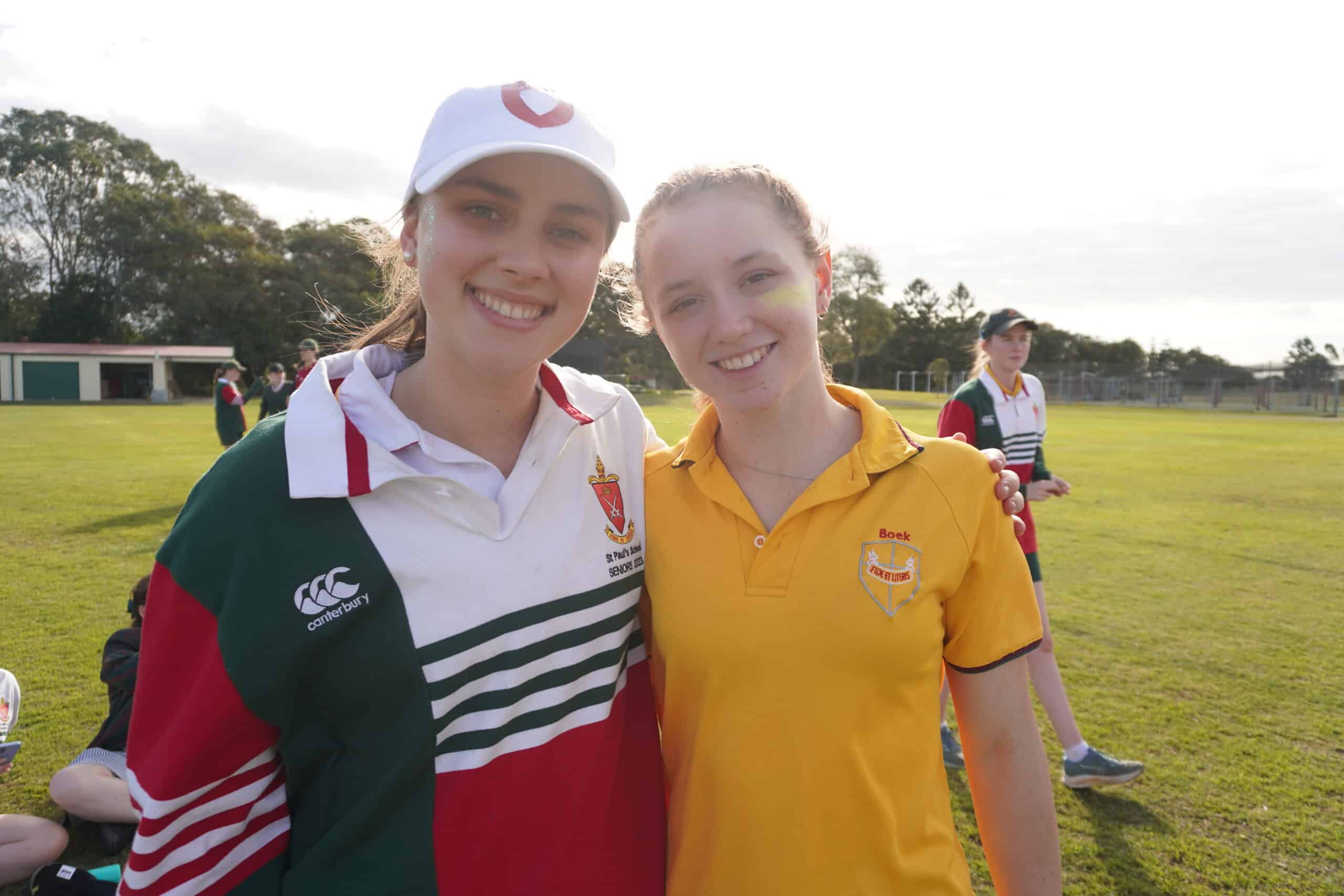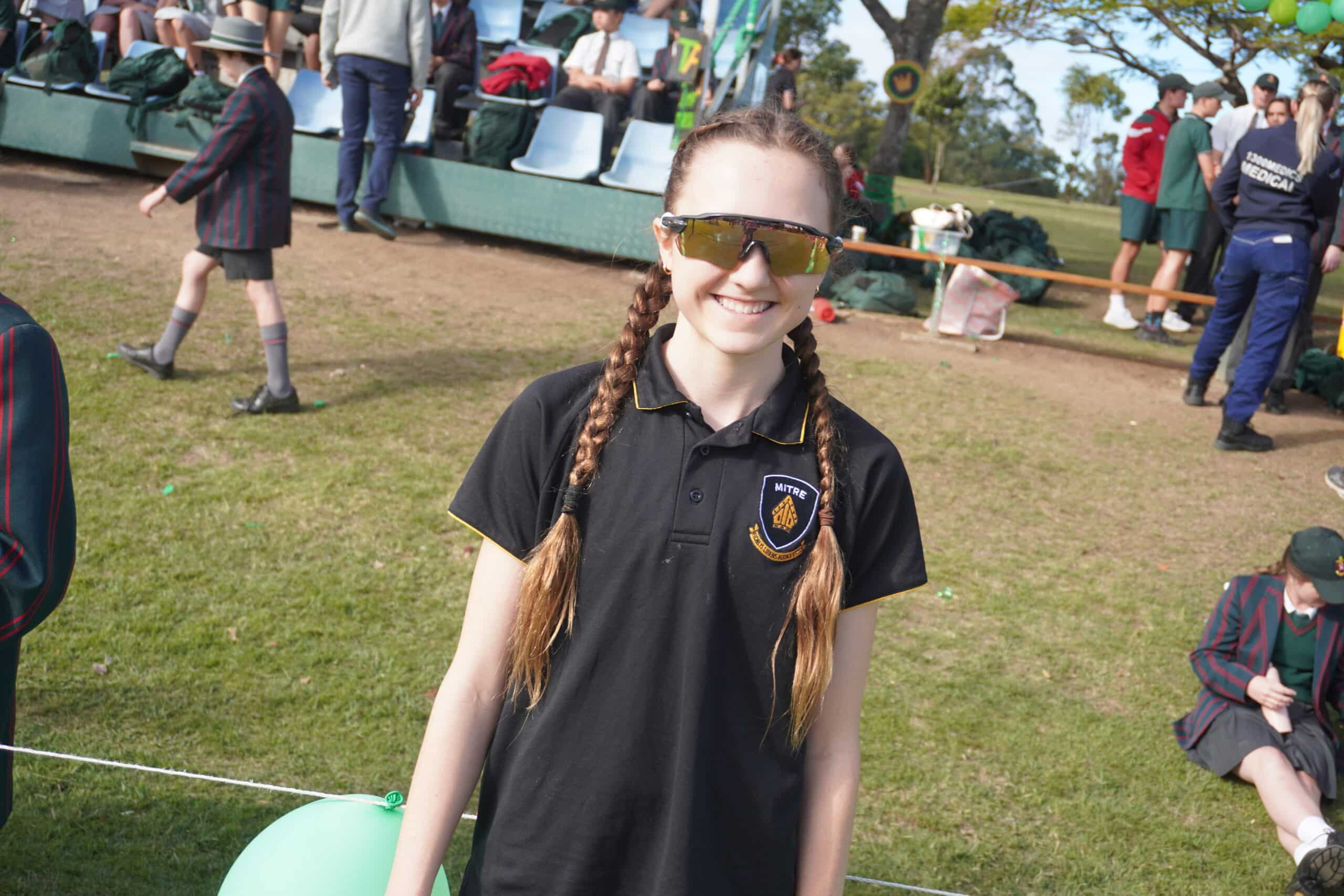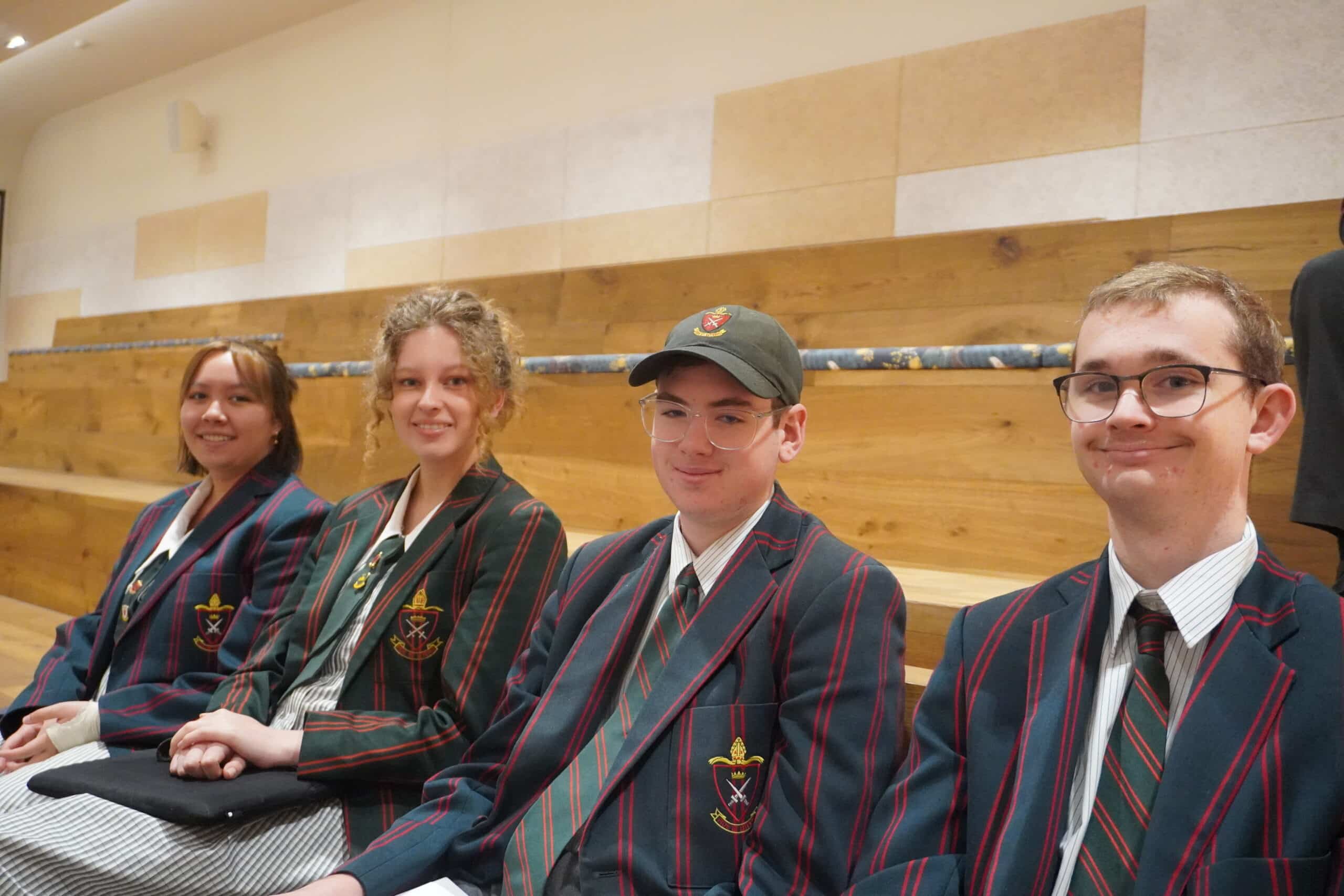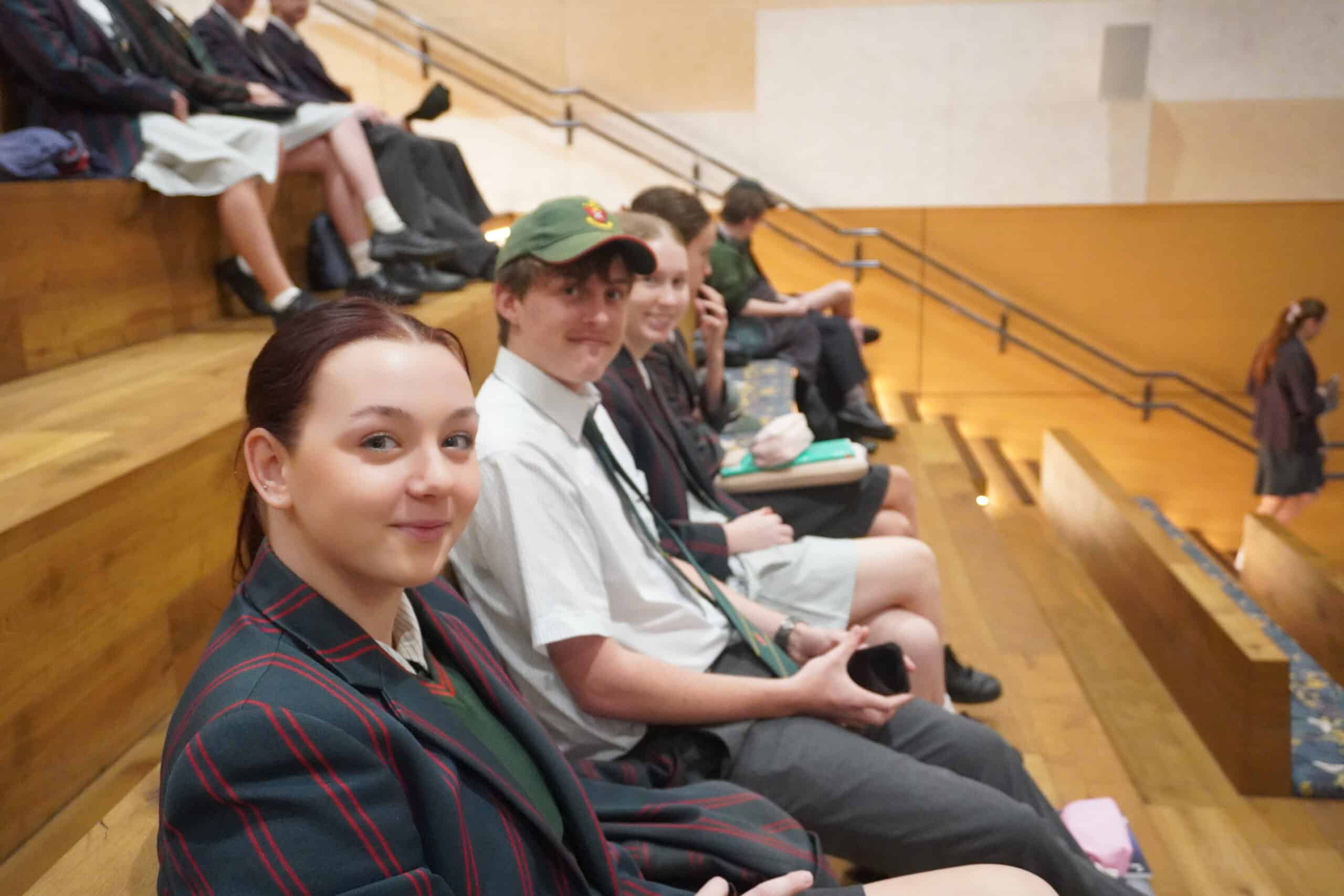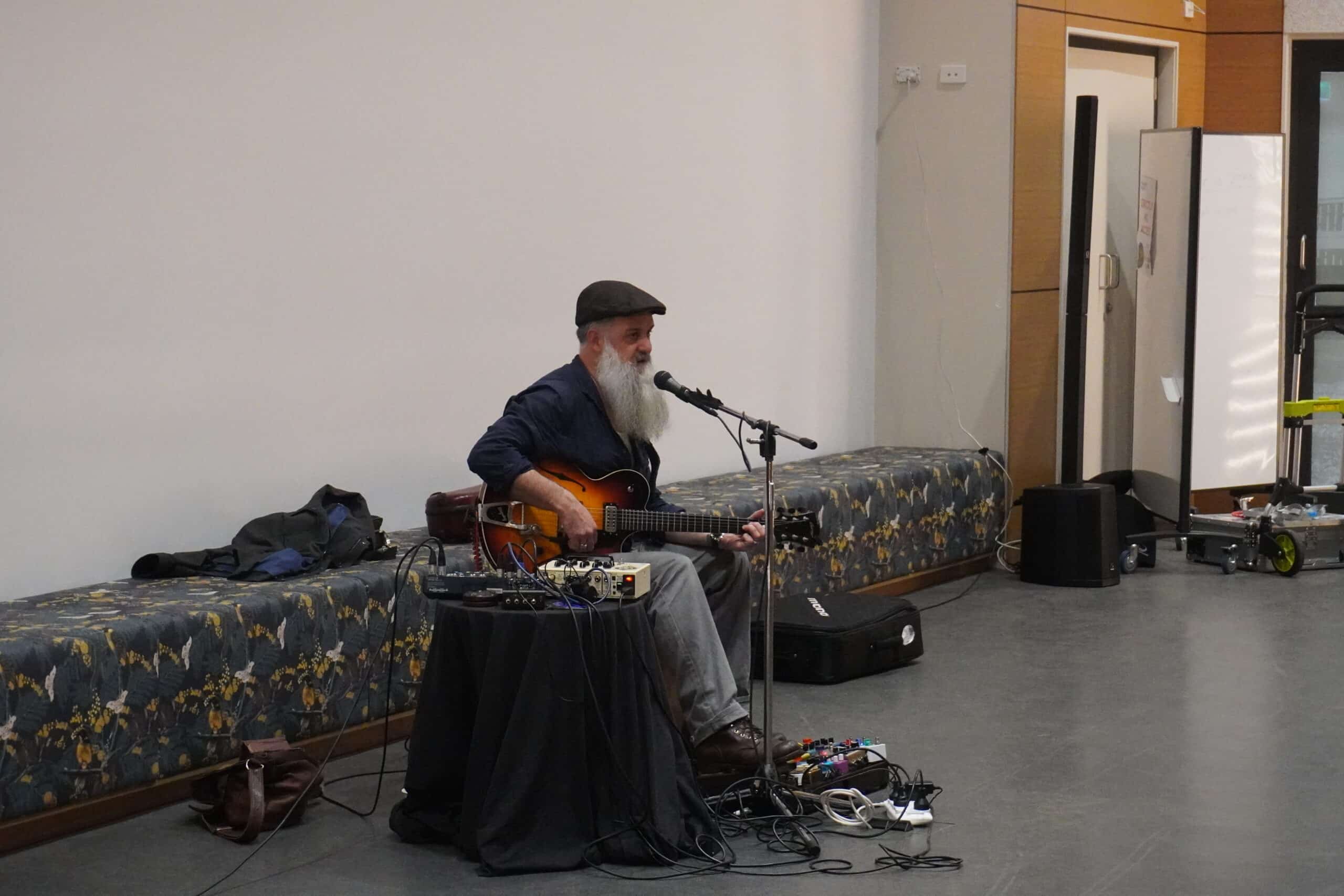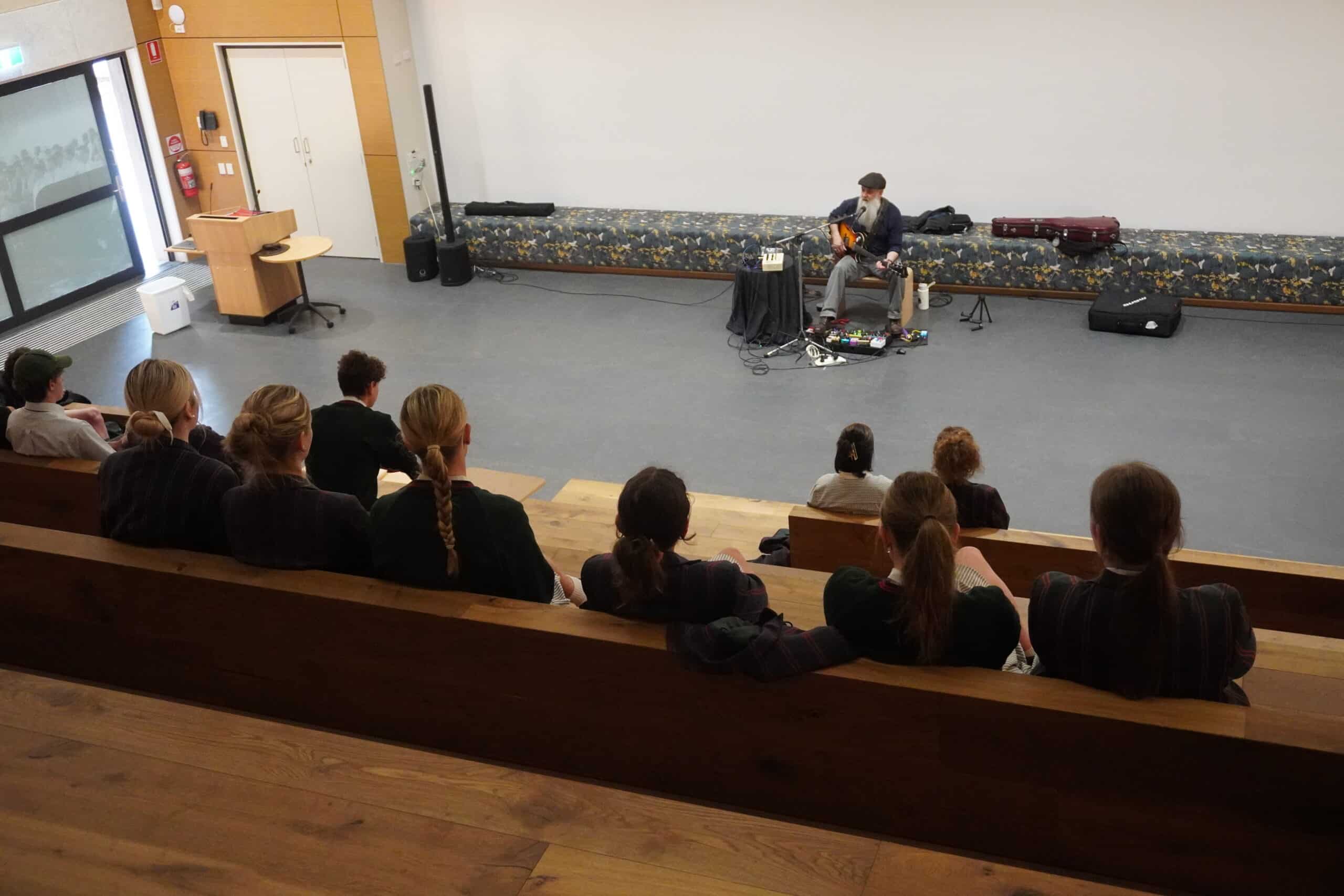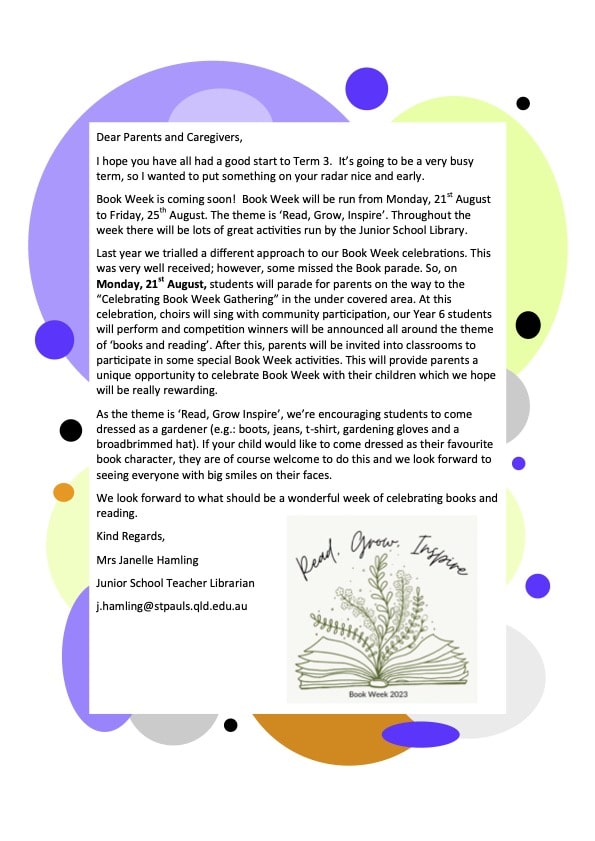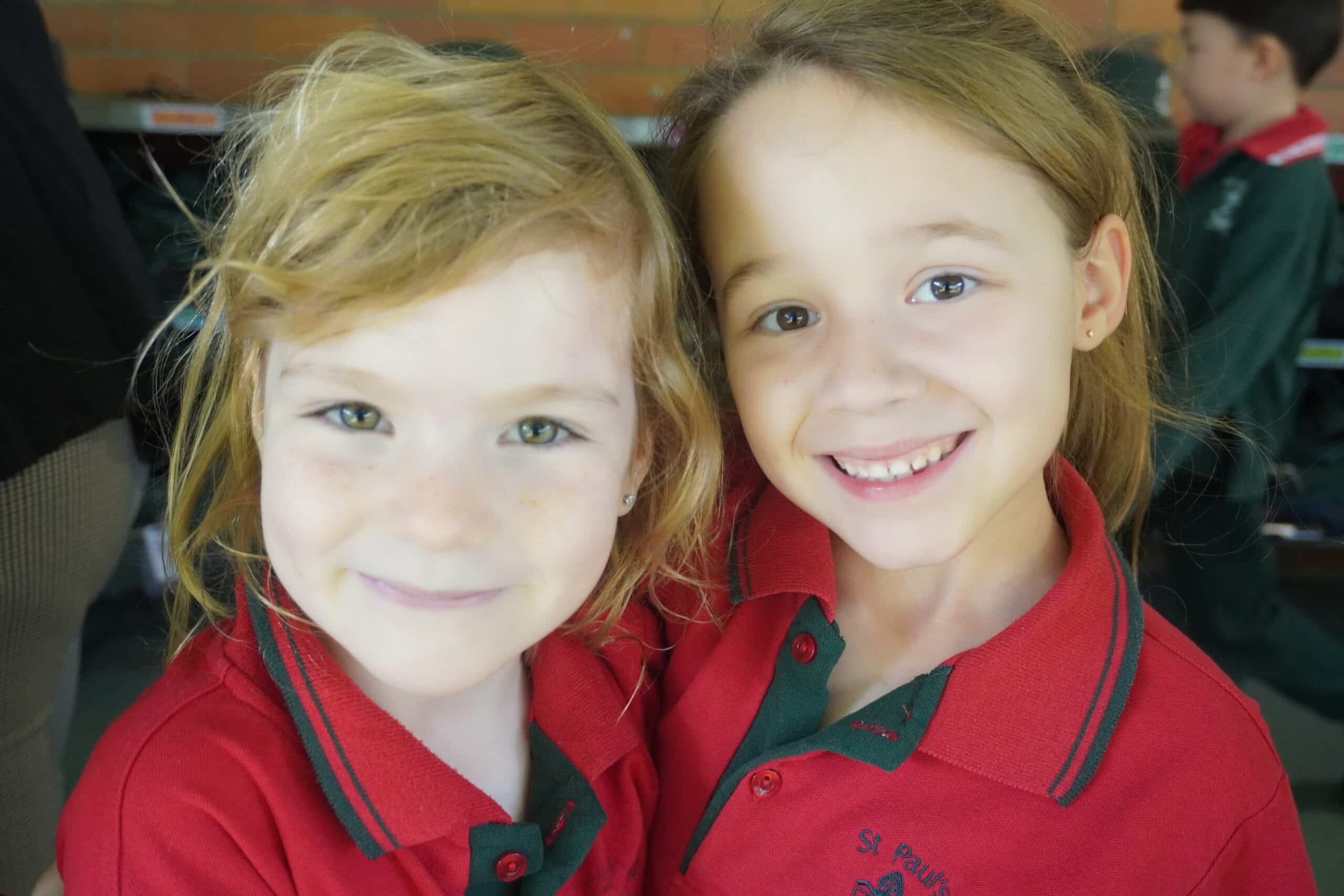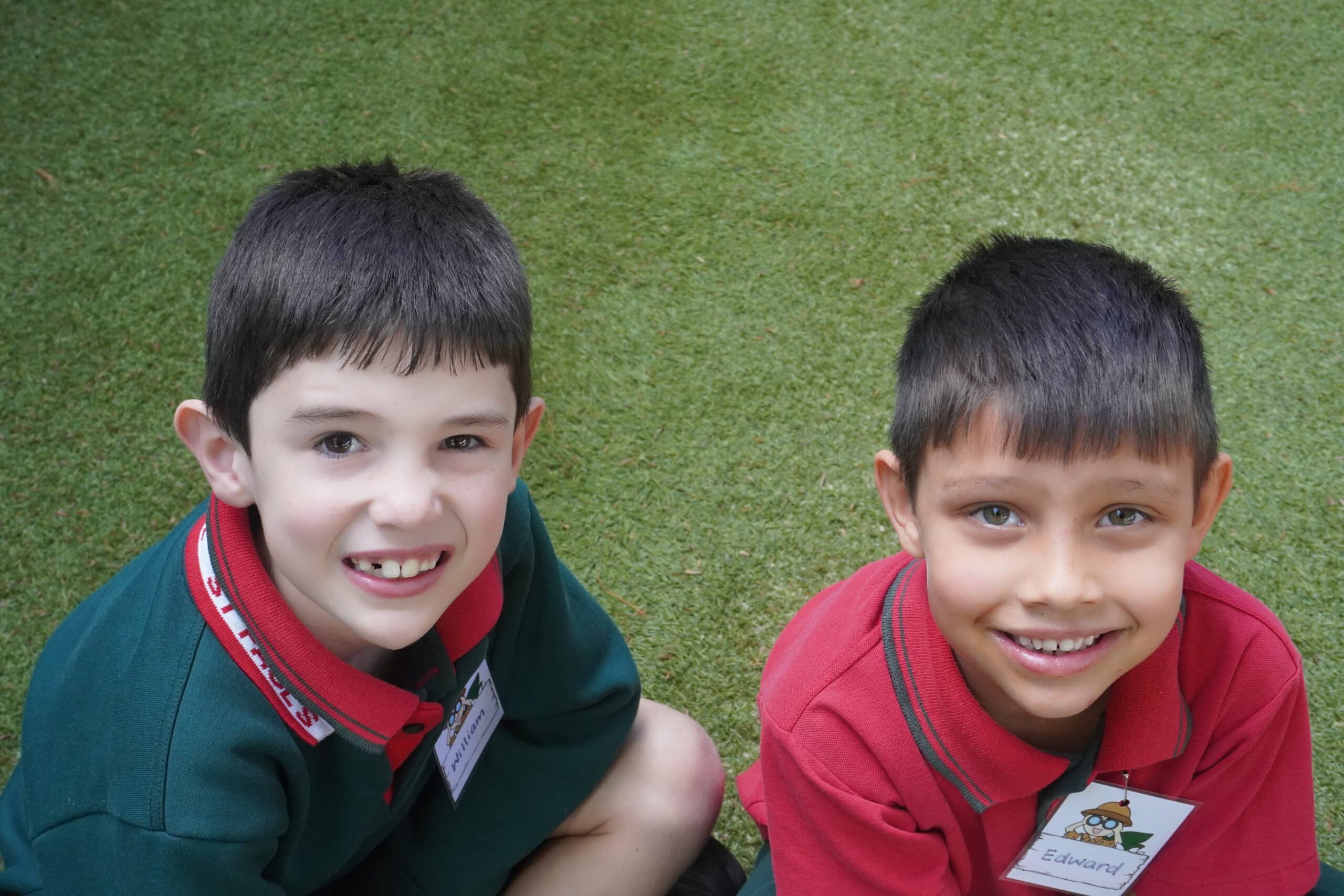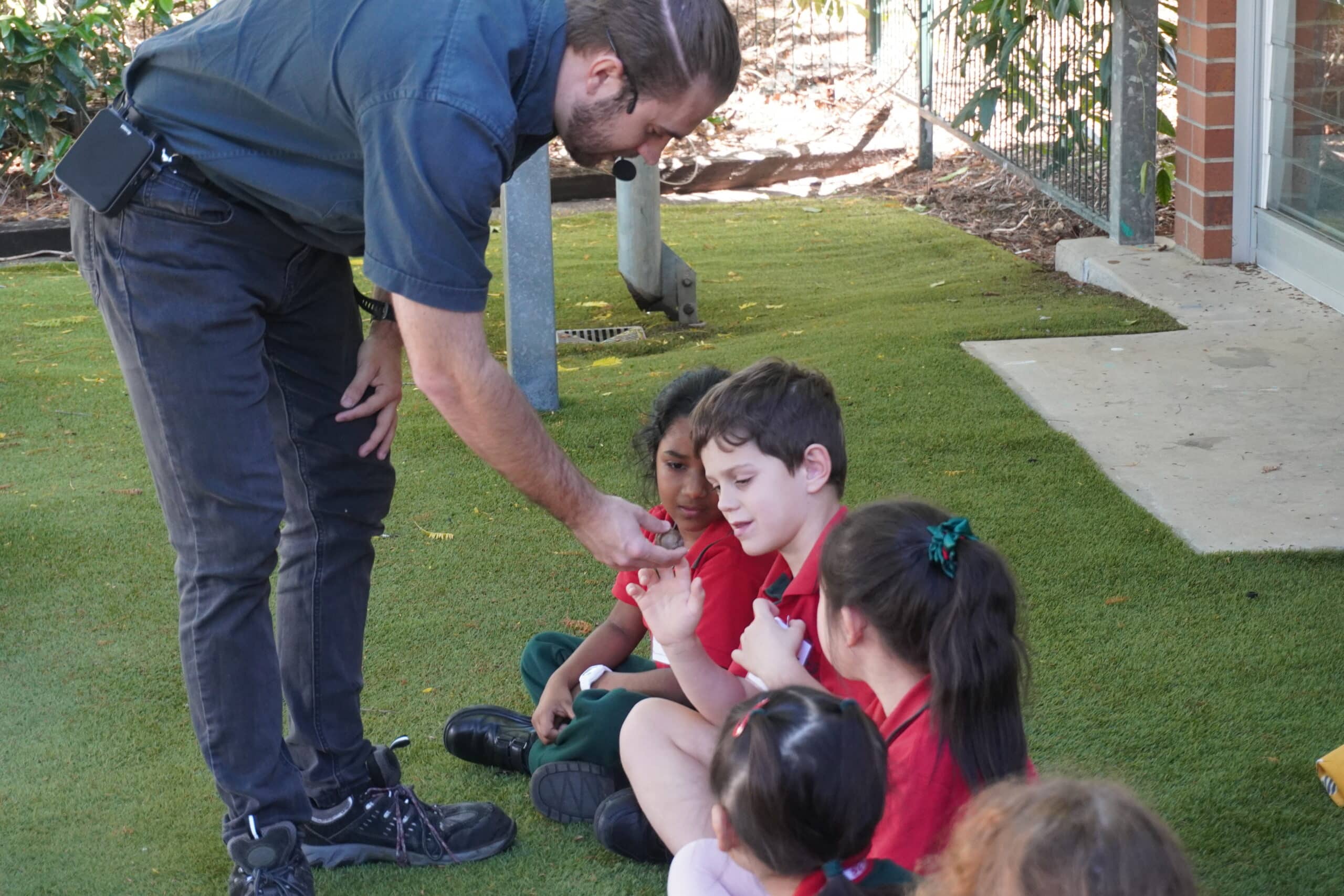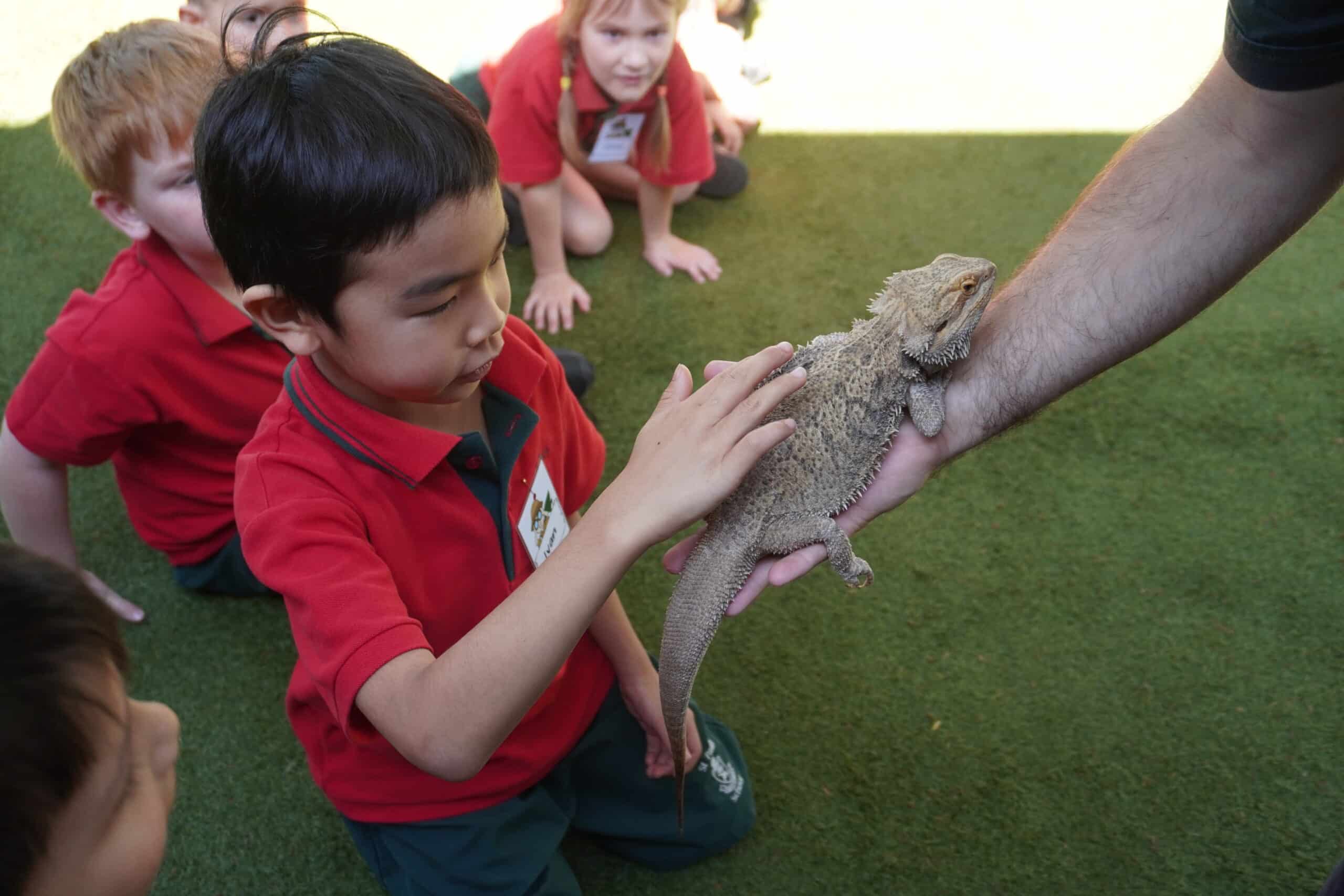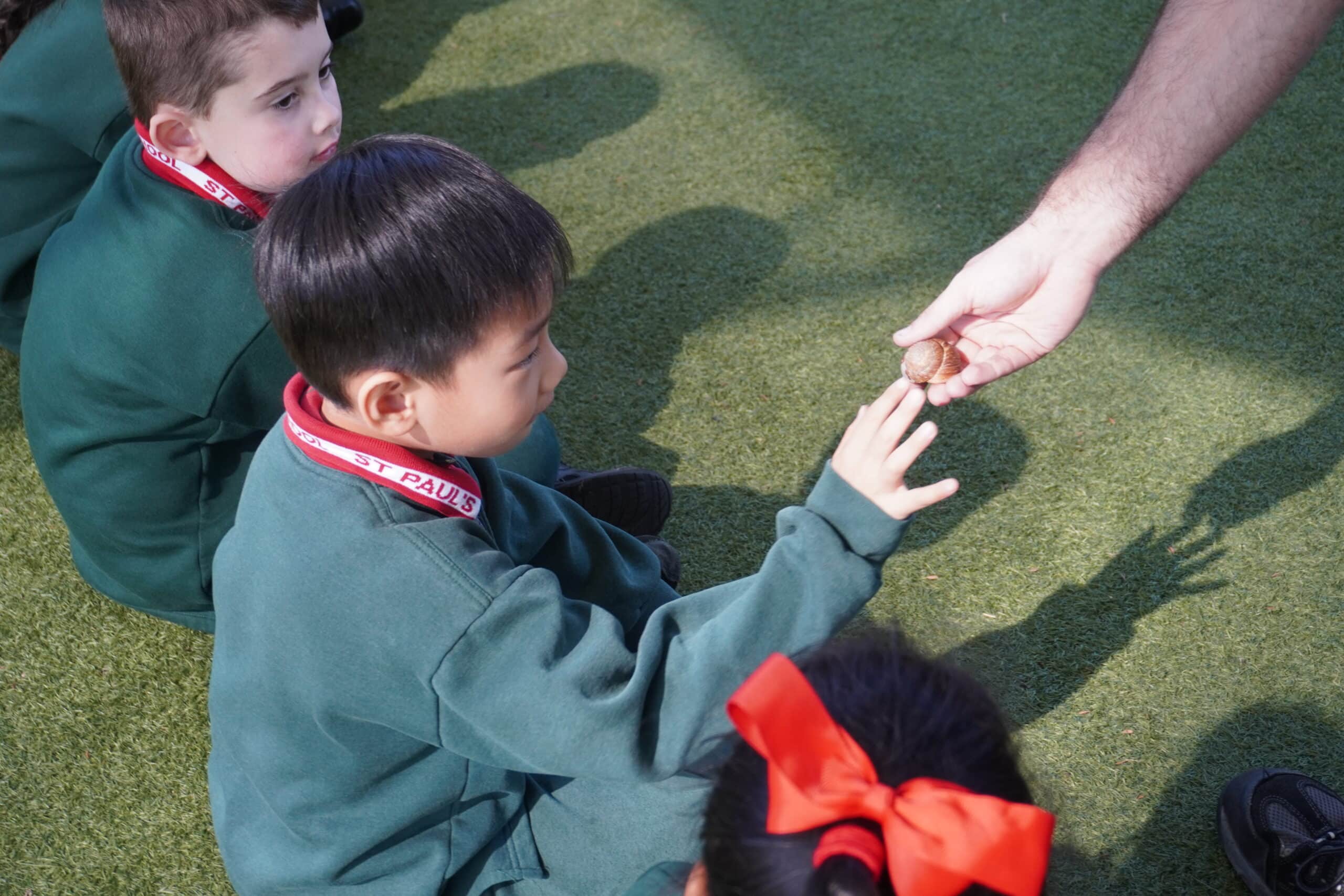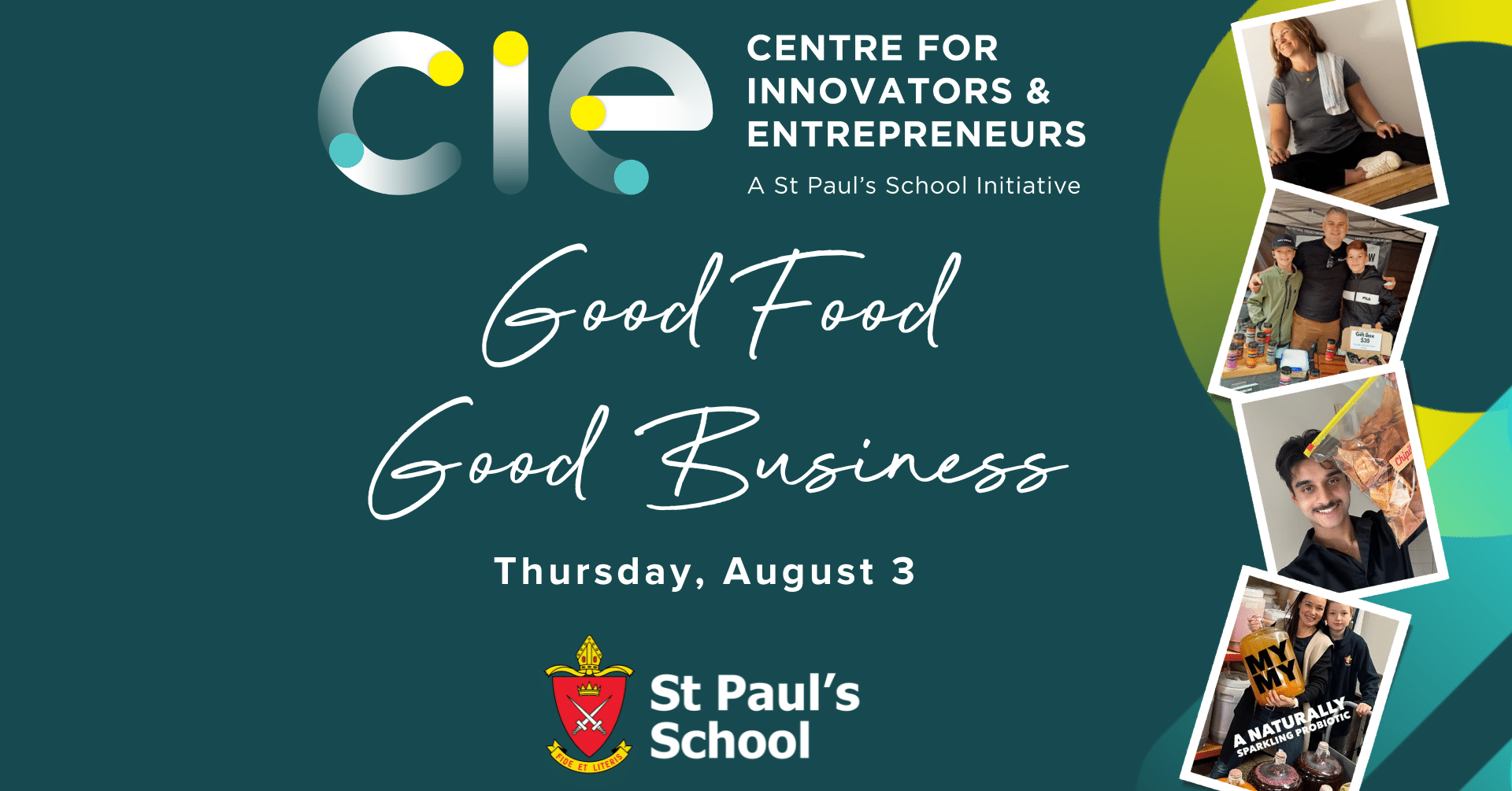More than 50 years of research confirms students have higher academic outcomes and improved attendance, behaviour, confidence and motivation when their parents are not ‘simply involved in their school but are actively engaged in supporting their learning’. [1]
I am certain that we would all want these improved outcomes for our children, so what does it mean for parents to be actively engaged in supporting the learning of their children? I suggest it can mean many things and take many forms: let me share a few with you…
- Never forget that you were your child’s first teacher, and you will remain their most important teacher. You taught them to speak, how to walk and how to share. They will still learn most of their ethics, values and virtues from you.
- Read to your children. Start when they are babies and continue for as long as they will let you. When they no longer want you to read to them, make sure that they continue to see you reading for pleasure. It was great, by the way, to see so many parents – especially fathers – reading with their children in the Junior School library on “Milo Mondays” last term.
- Take an interest in your child’s homework, but don’t be too invested. Hold them accountable, but don’t hold their hands.
- Look for opportunities to come visit the school and get to know your child’s teacher(s). Open lines of communication between school and home can only be a good thing. You may even have opportunities to take an active part in learning opportunities, or in even strategic decision-making about the direction of the school (more on this later).
This year, a team from the St Paul’s community has been involved in a research project being facilitated by Independent Schools Queensland (ISQ). The project is called Engaging Parents In Curriculum (EPIC)[2] and the lead researchers are Dr Linda Willis and Professor Beryl Exley. Our EPIC team consists of four staff members and three parents, representing both junior and secondary schools. The research project that we have chosen plans to identify specific strategies to help parents become more engaged in the education of their children at St Paul’s School and we are really looking forward to sharing the outcomes of our deliberations later in the year.
Another way in which you might like to become more engaged in your child’s education is by participating in one of more of the parent groups that volunteer to support the St Paul’s community. Historically, these Supporter Groups have operated under the umbrella of the St Paul’s School Supporters’ Association (SPSSA), with individual SGs focussing on particular aspects of the life of the School (e.g. Junior School, Music, Cricket, Past Students). Looking forward, the Headmaster and the executive of the SPSSA are keen to re-imagine how busy parents and/or past students might engage even more effectively with the life of the school. To that end, we have engaged a consultant, Dr Amanda Bell, to come and lead a couple of parent workshops at which we hope to answer this question. You are all invited to attend these workshops and contribute to what we trust are going to be fascinating and fruitful conversations.
[1] https://www.theeducatoronline.com/k12/news/study-reveals-big-opportunities-for-schoolfamily-partnerships/273974
[2] https://www.parentsnetwork.qld.edu.au/2023/03/28/epic-2023-our-parent-engagement-project-supporting-schools-to-effectively-engage-parents/
Kind Regards,
Nigel Grant


